The Devil you Say!
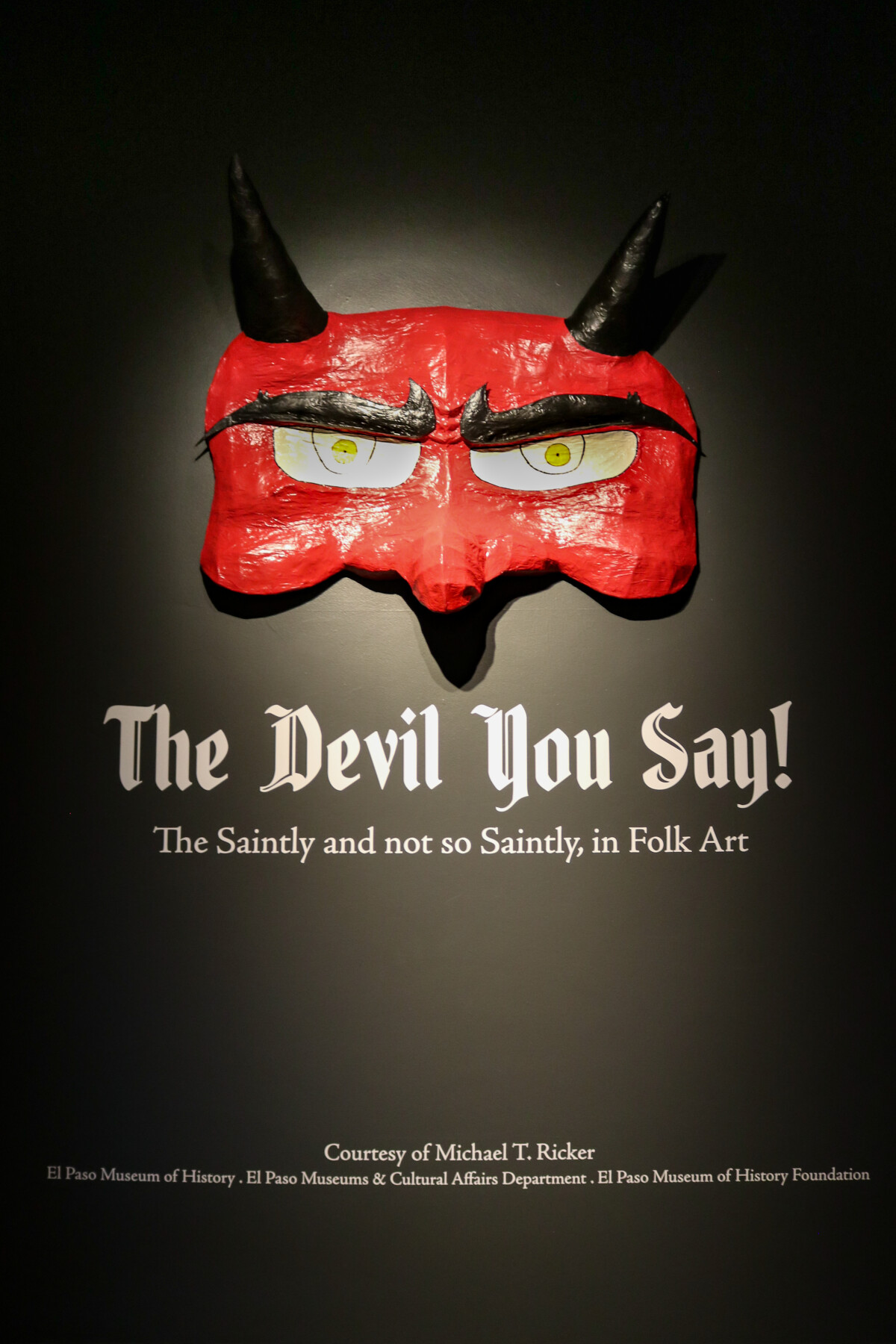
The Devil you Say!
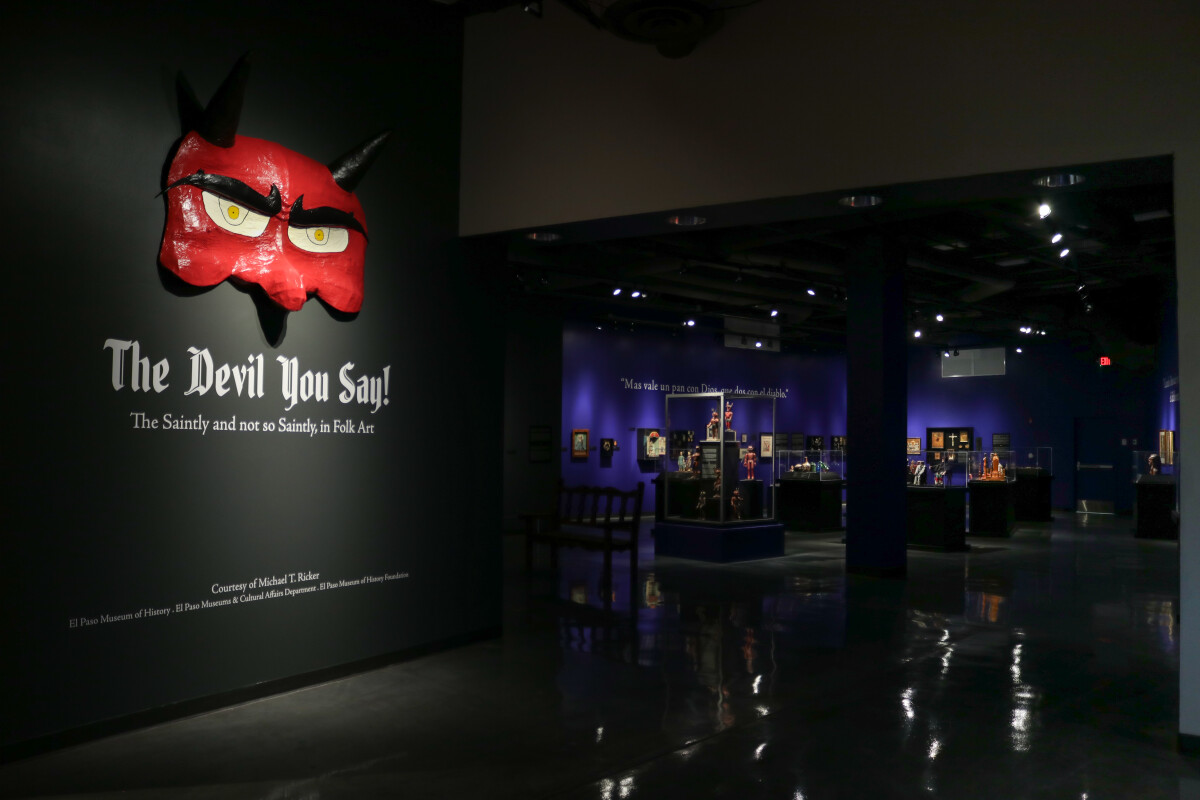
The Devil you Say!
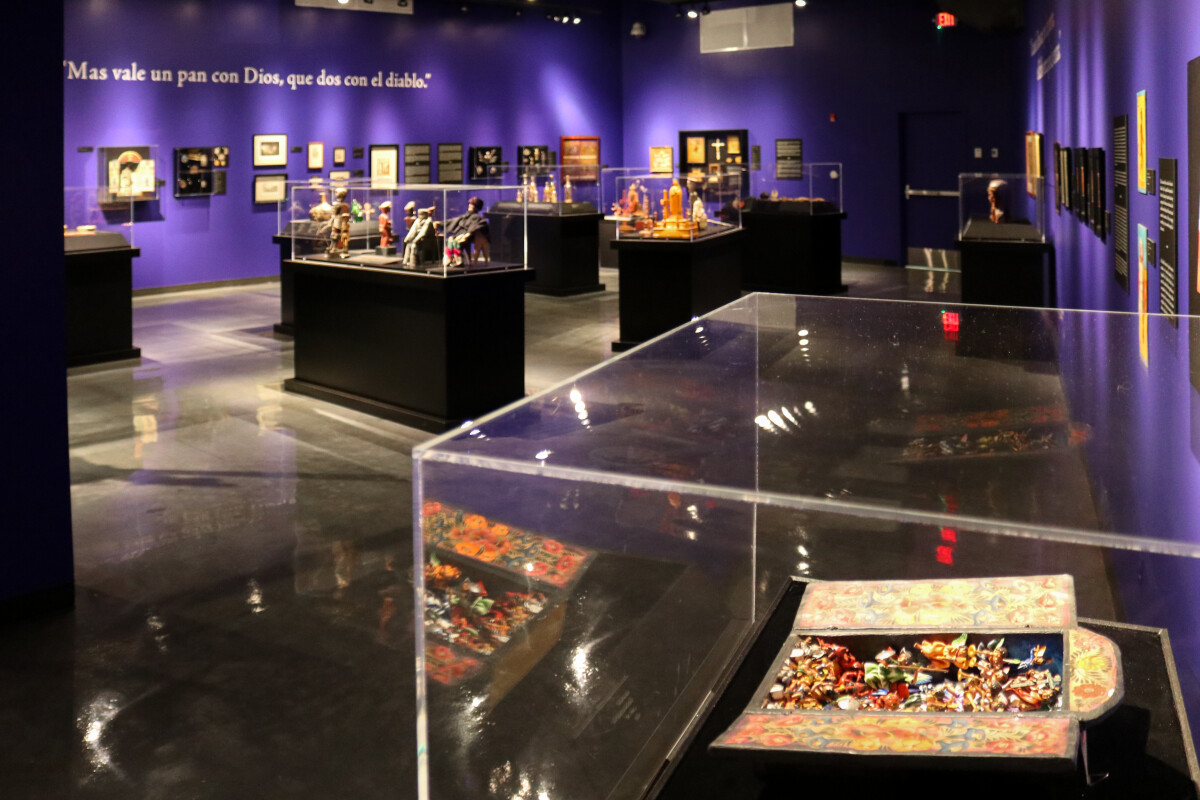
The Devil you Say!
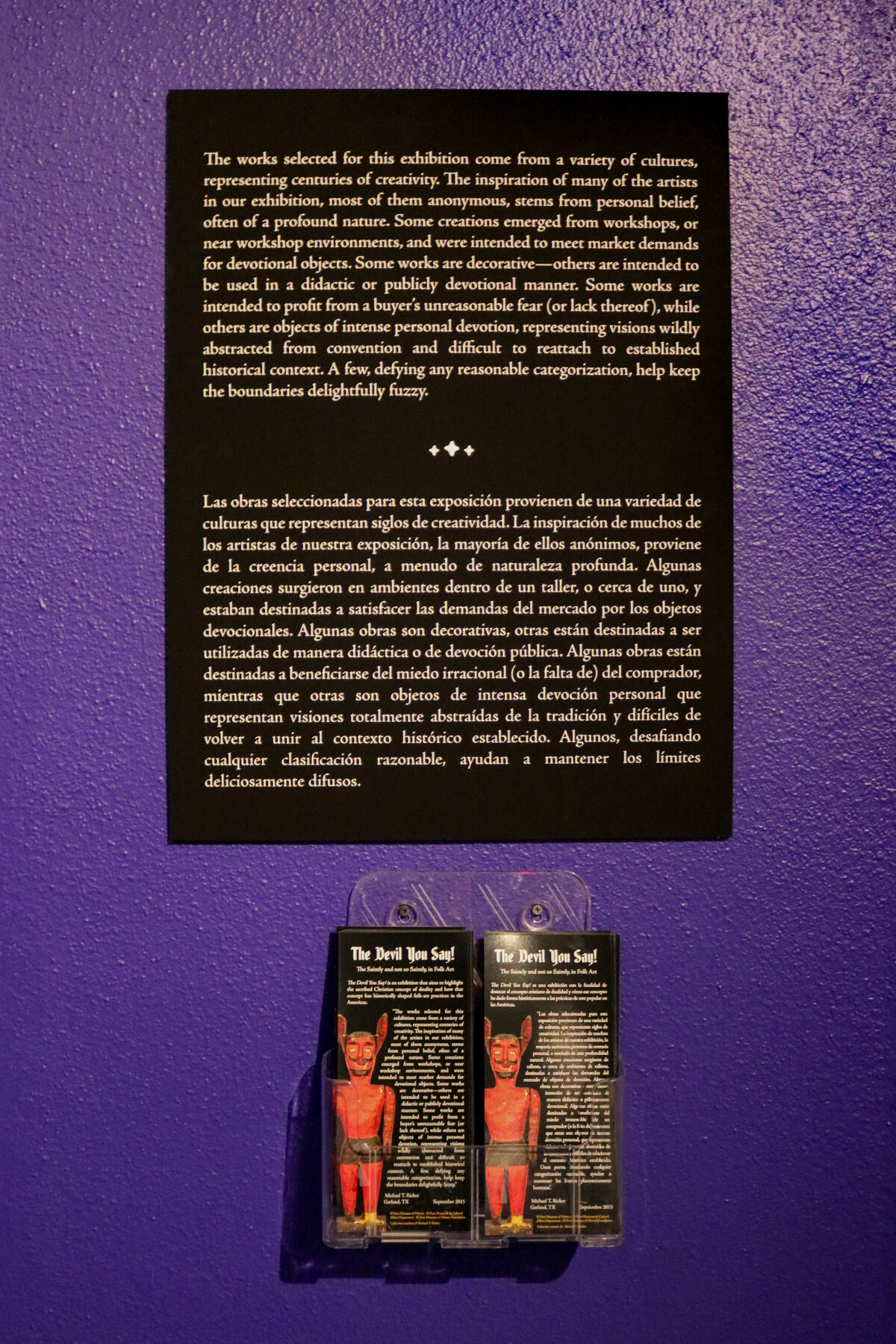
The Devil you Say!
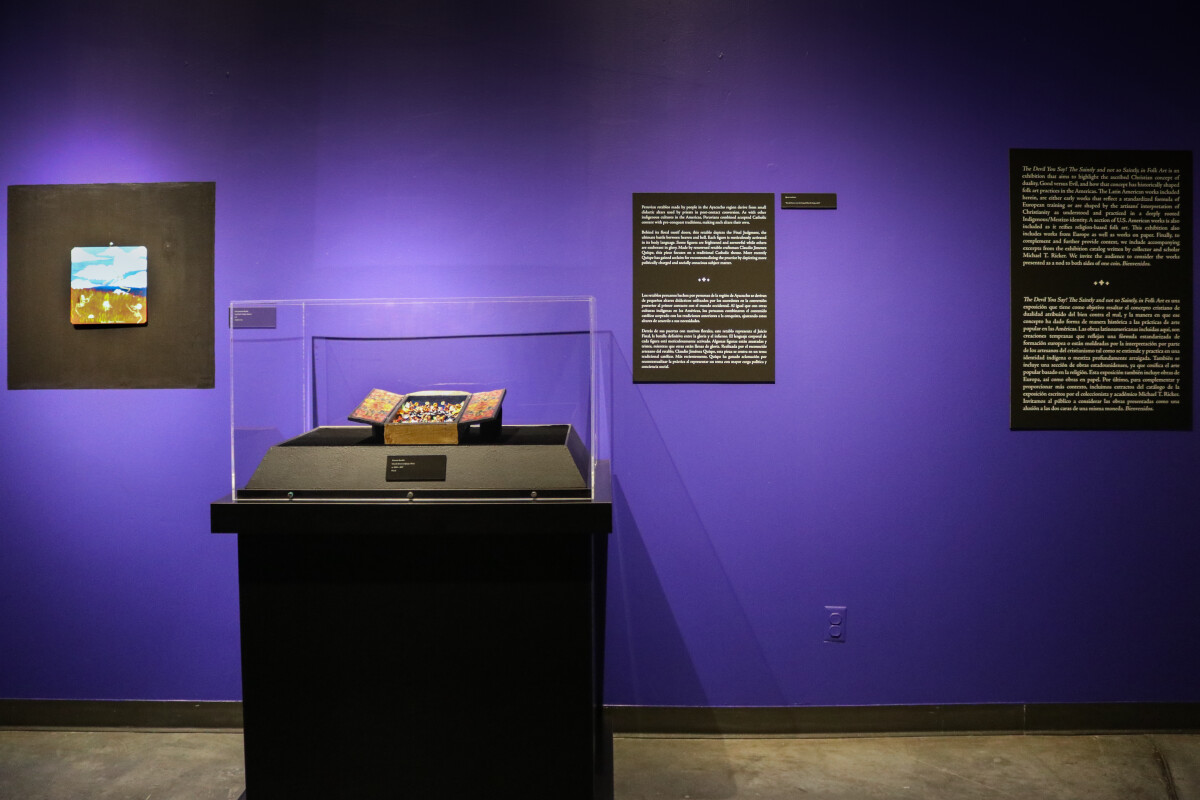
The Devil you Say!
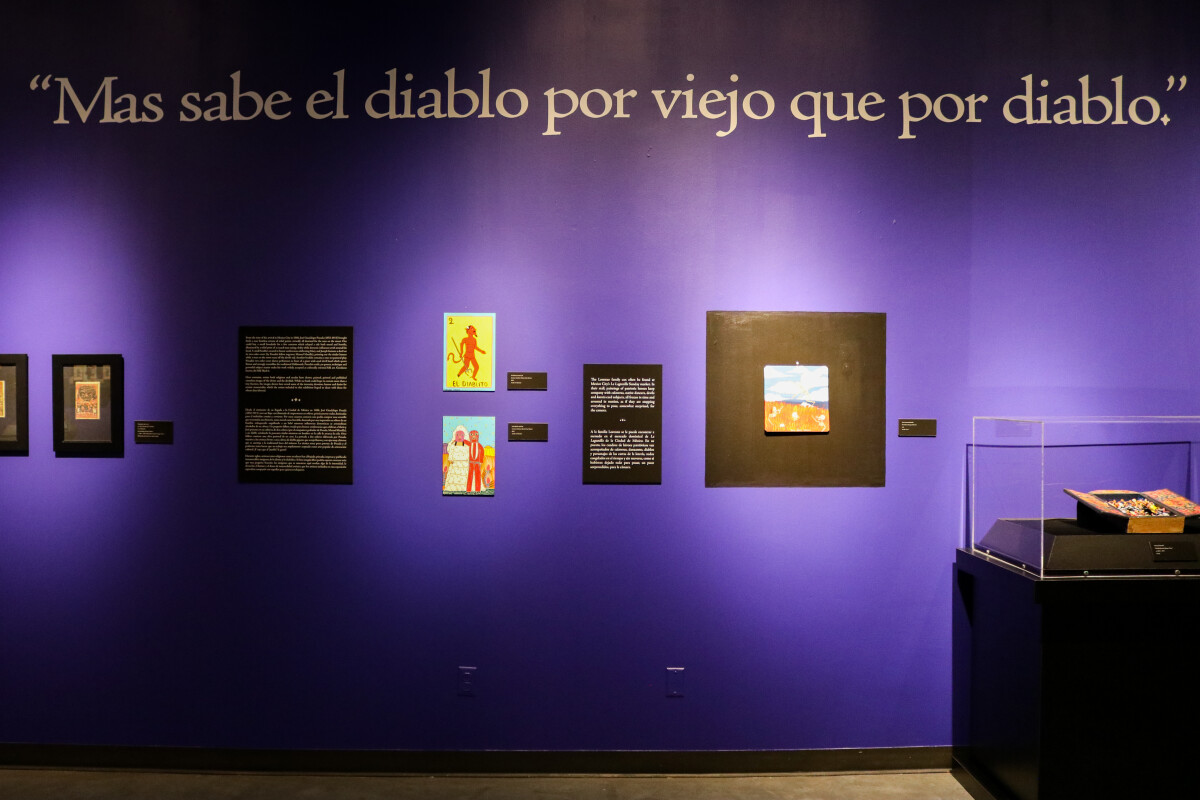
The Devil you Say!
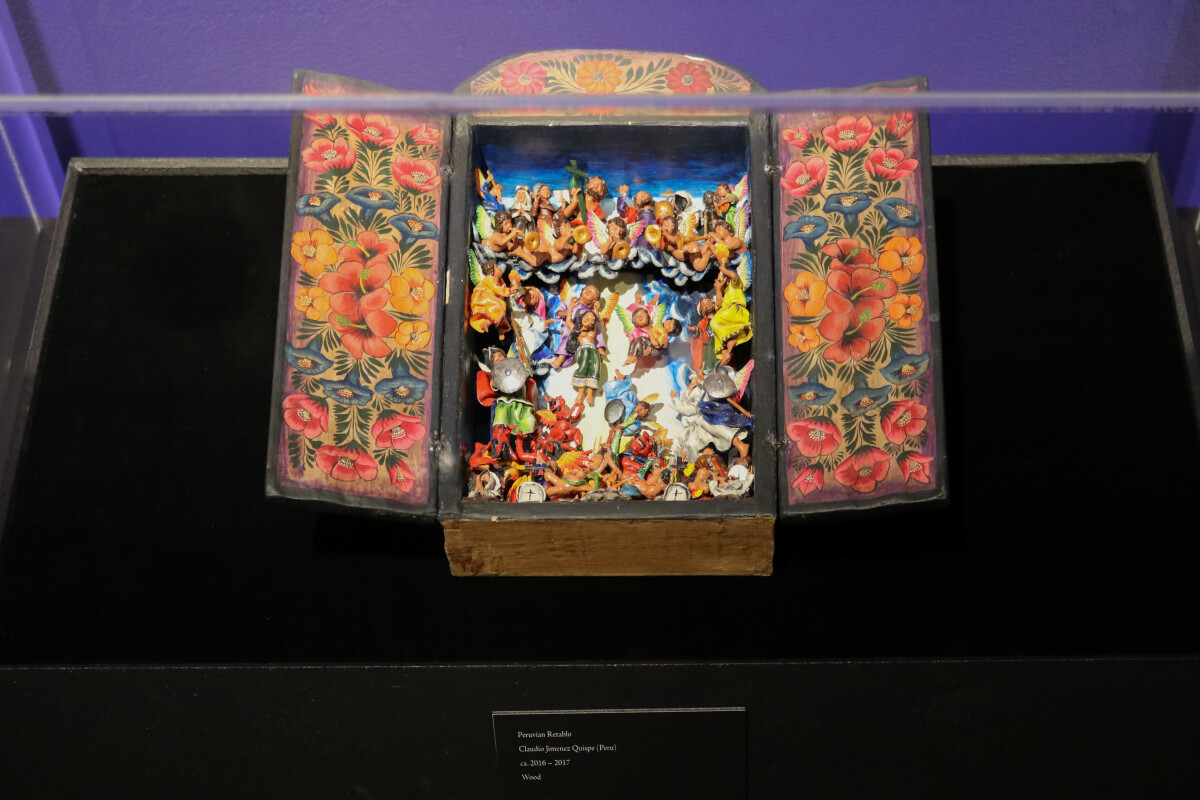
The Devil you Say!
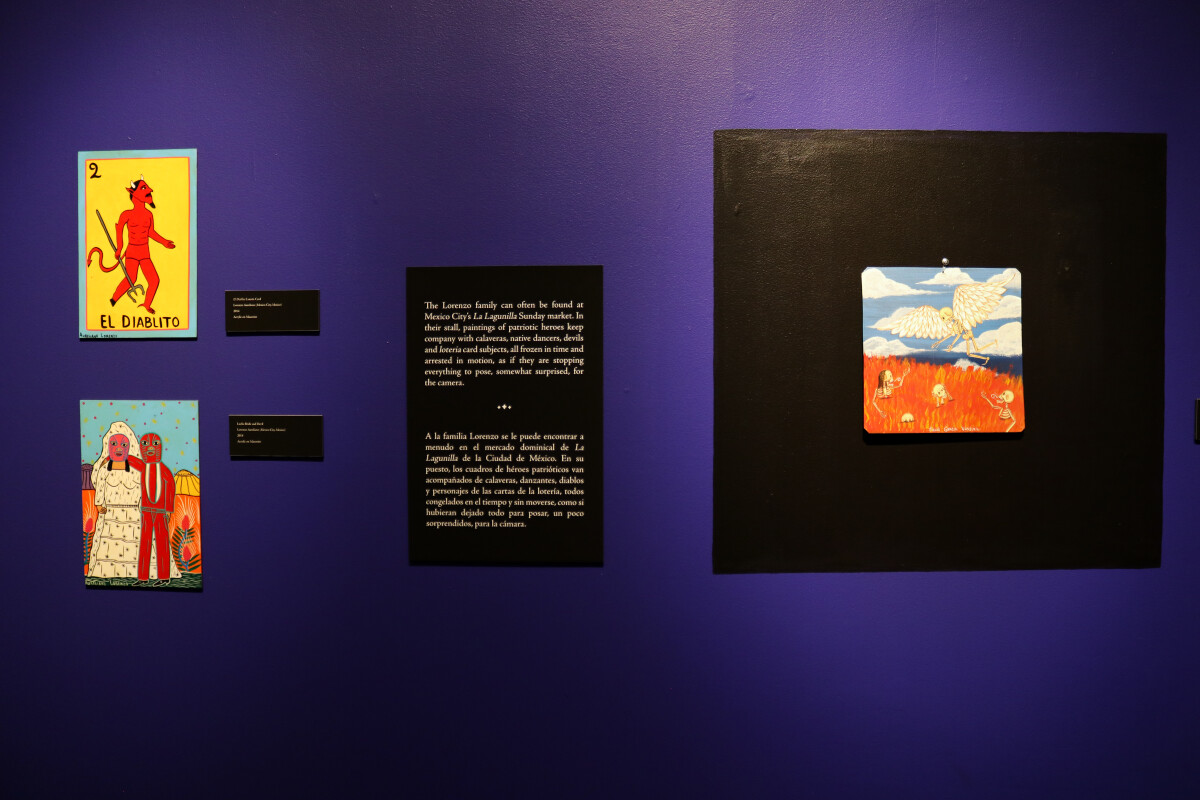
The Devil you Say!
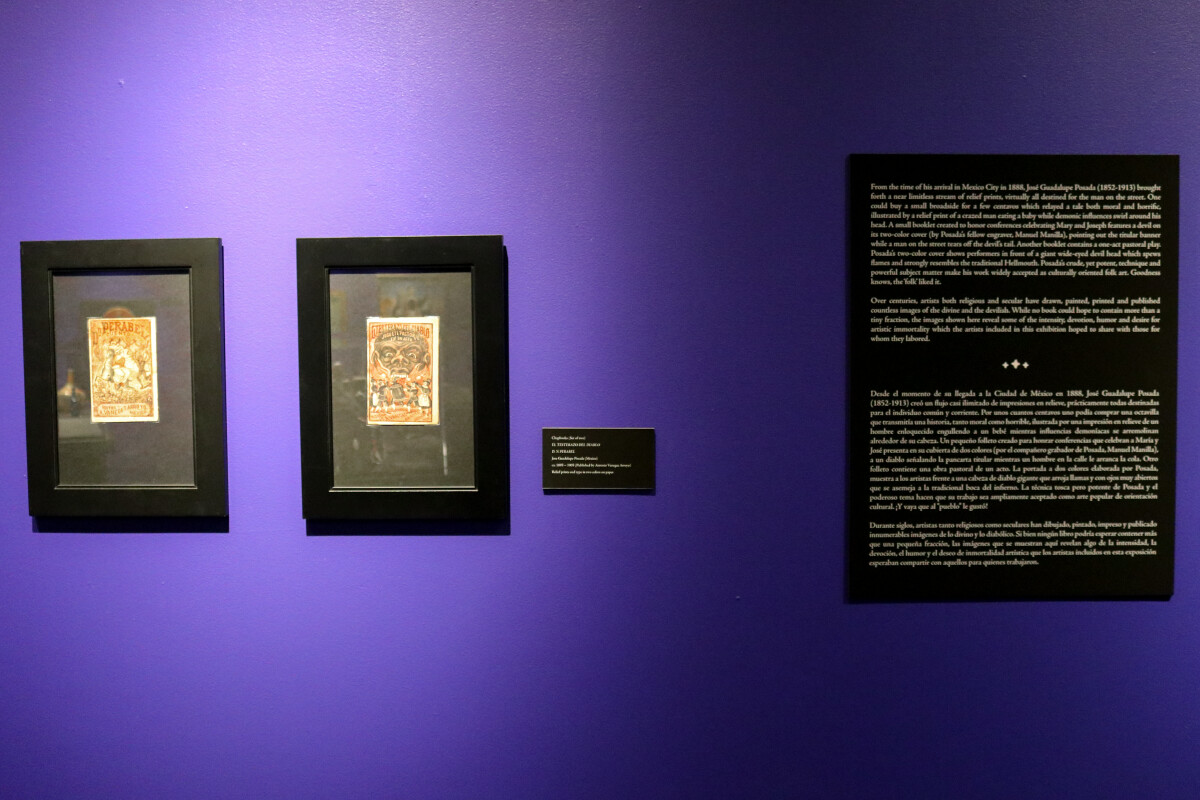
The Devil you Say!
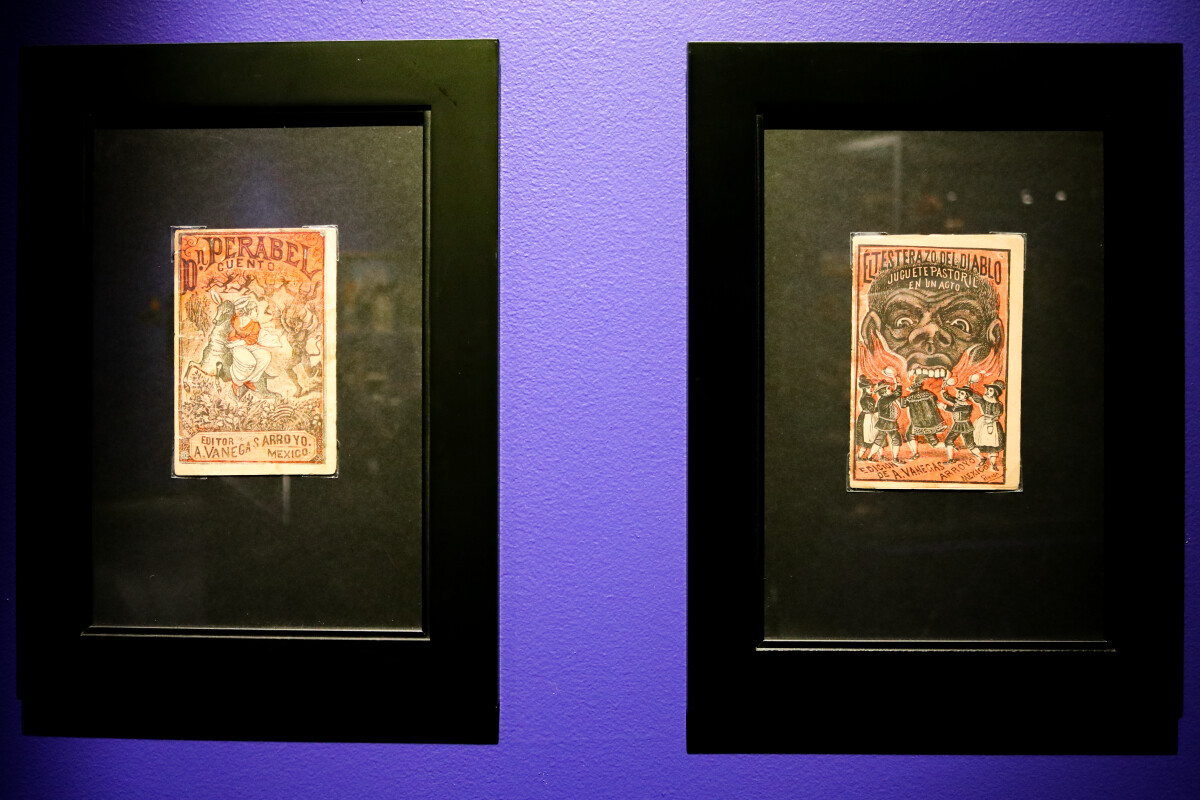
The Devil you Say!
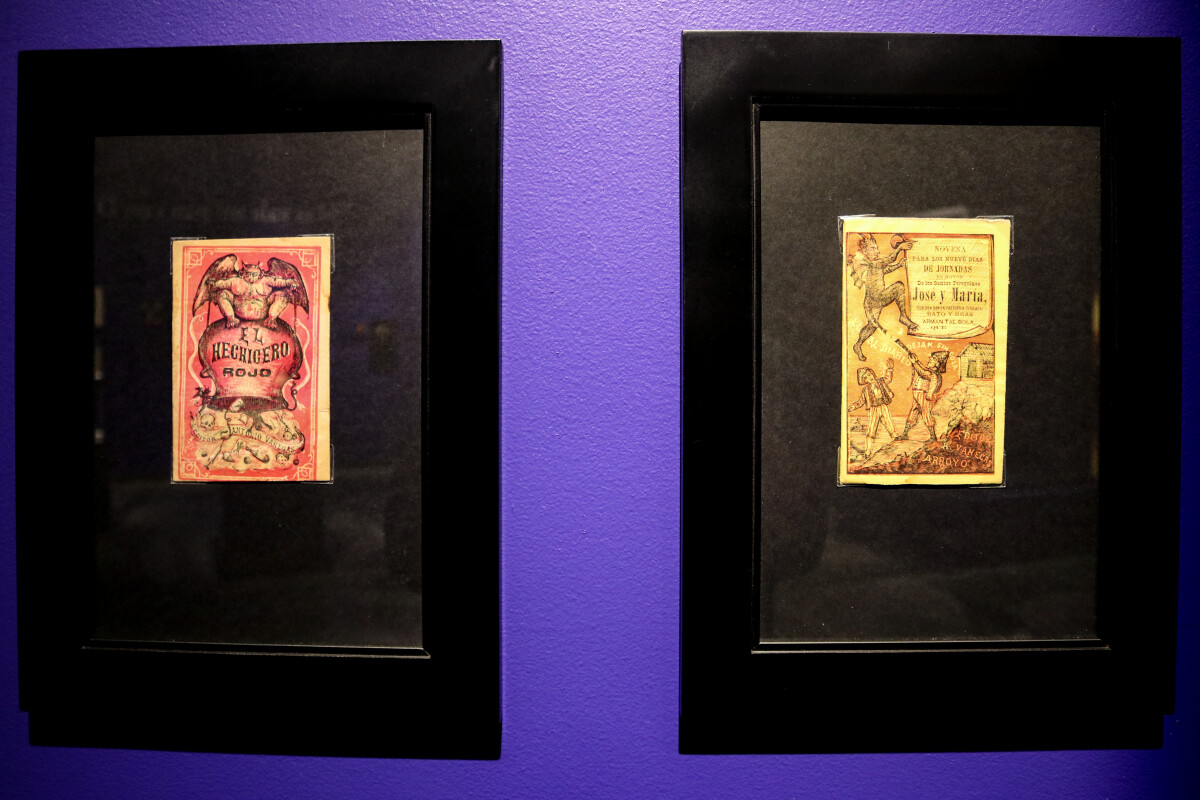
The Devil you Say!
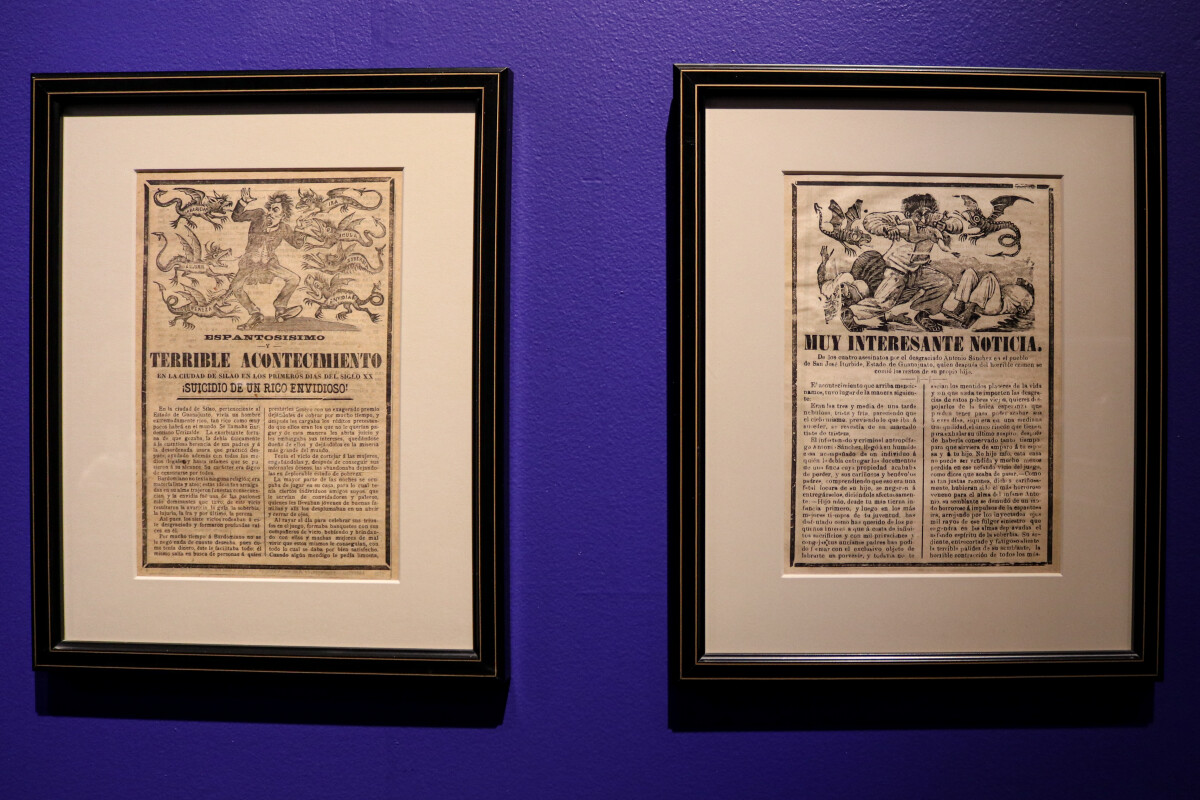
The Devil you Say!
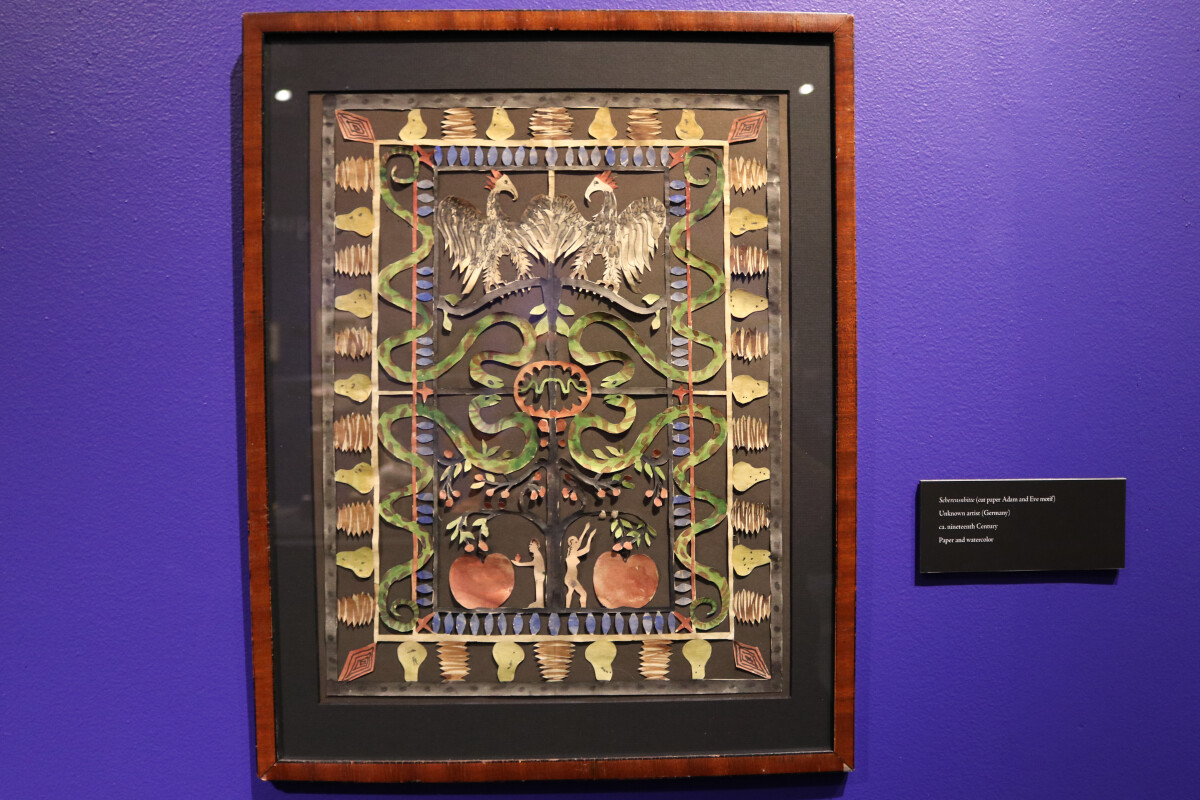
The Devil you Say!
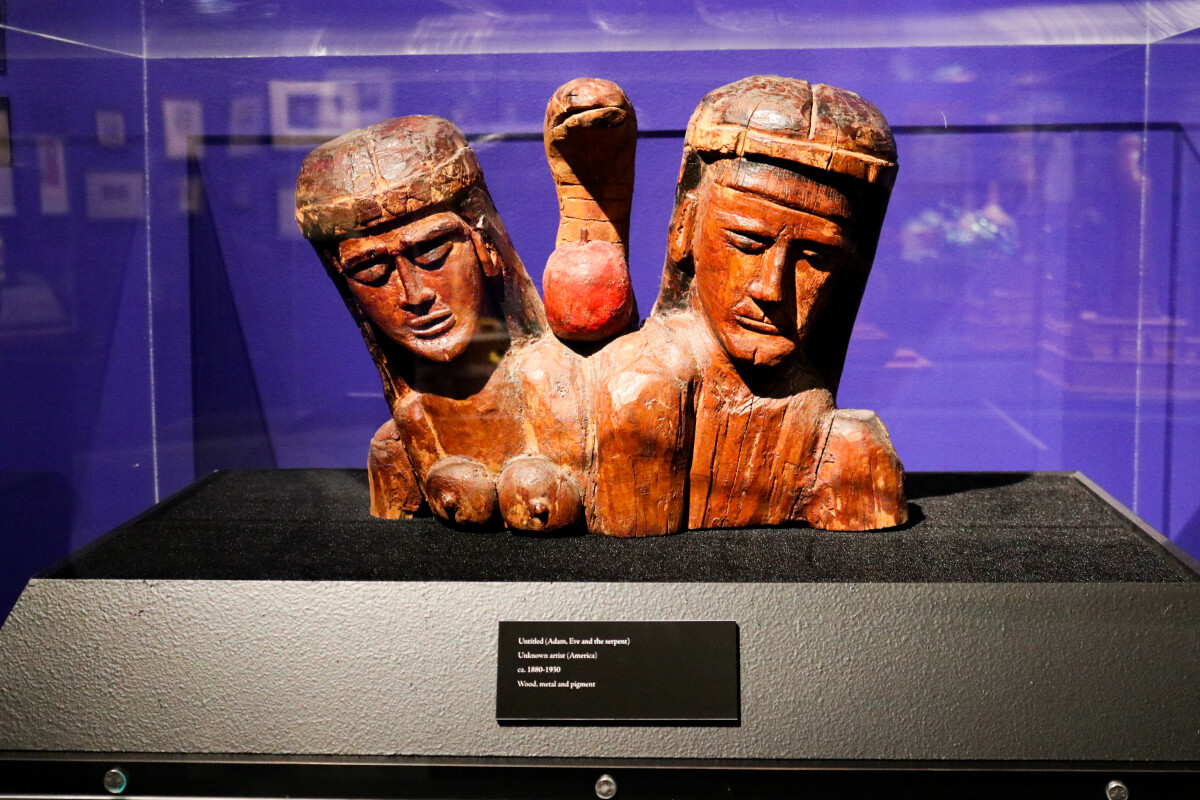
The Devil you Say!
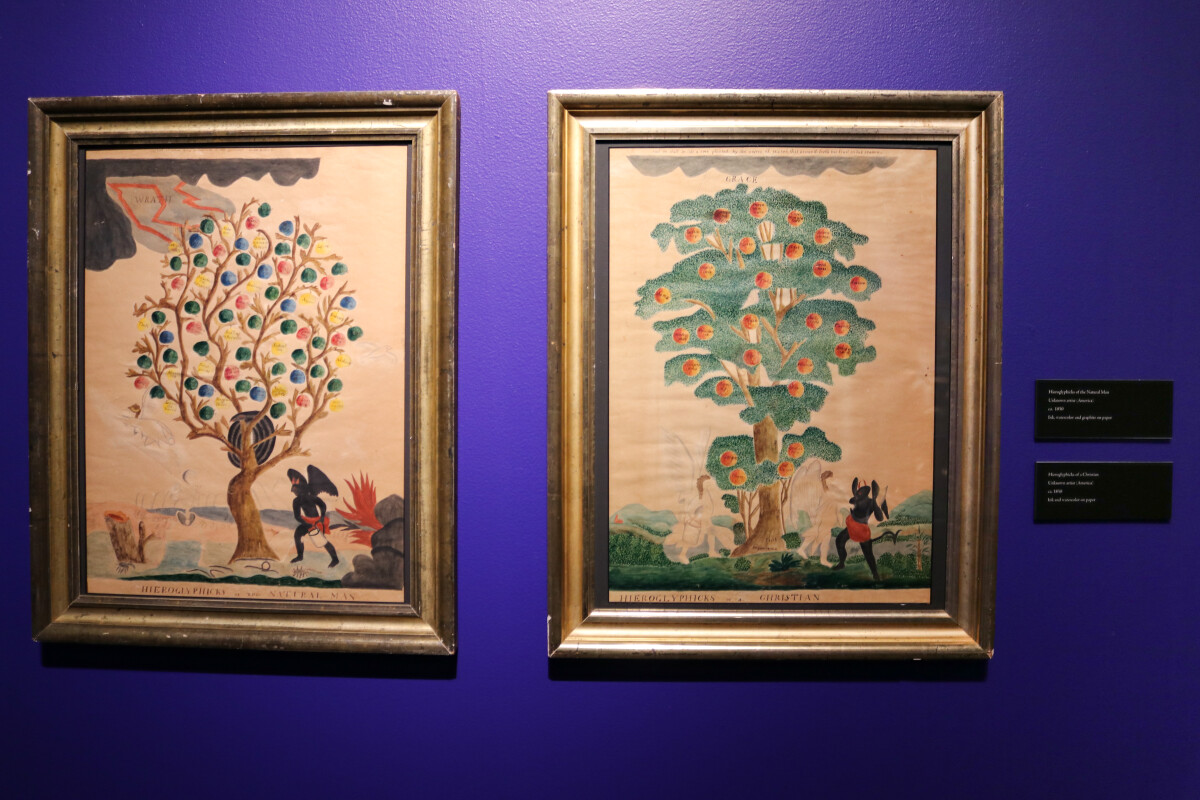
The Devil you Say!
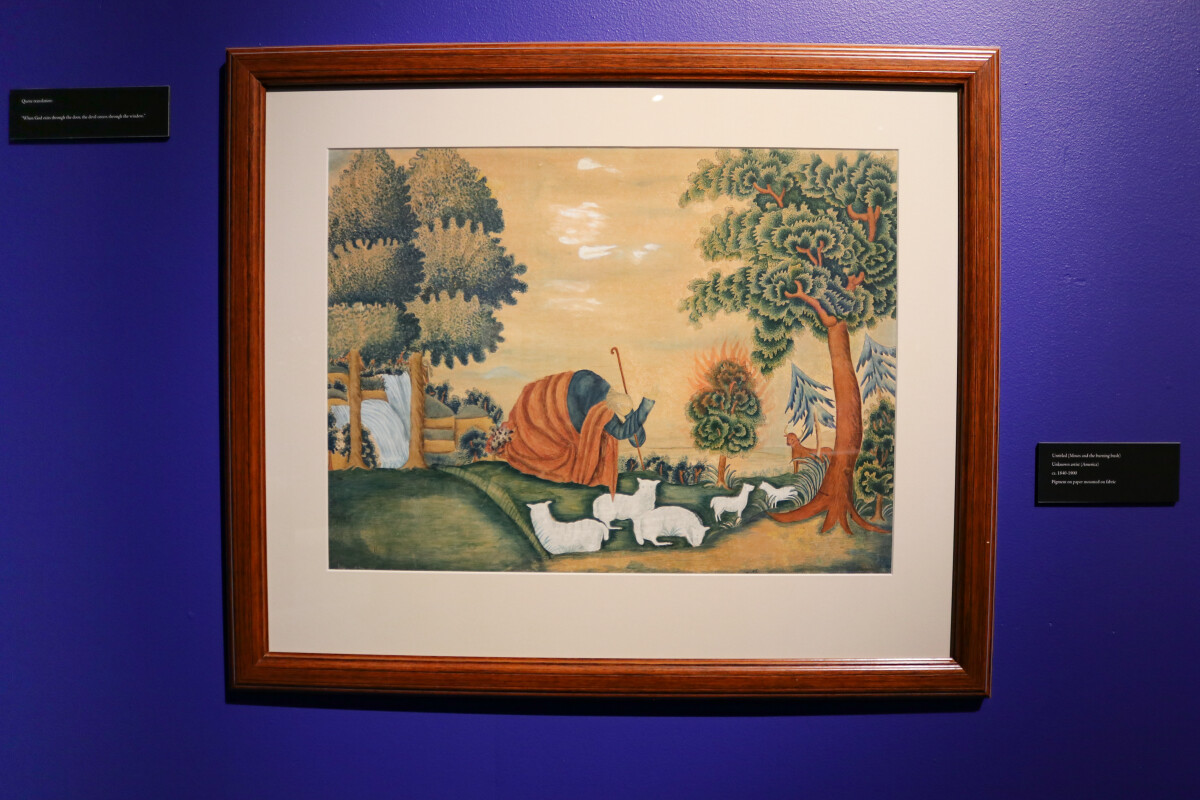
The Devil you Say!
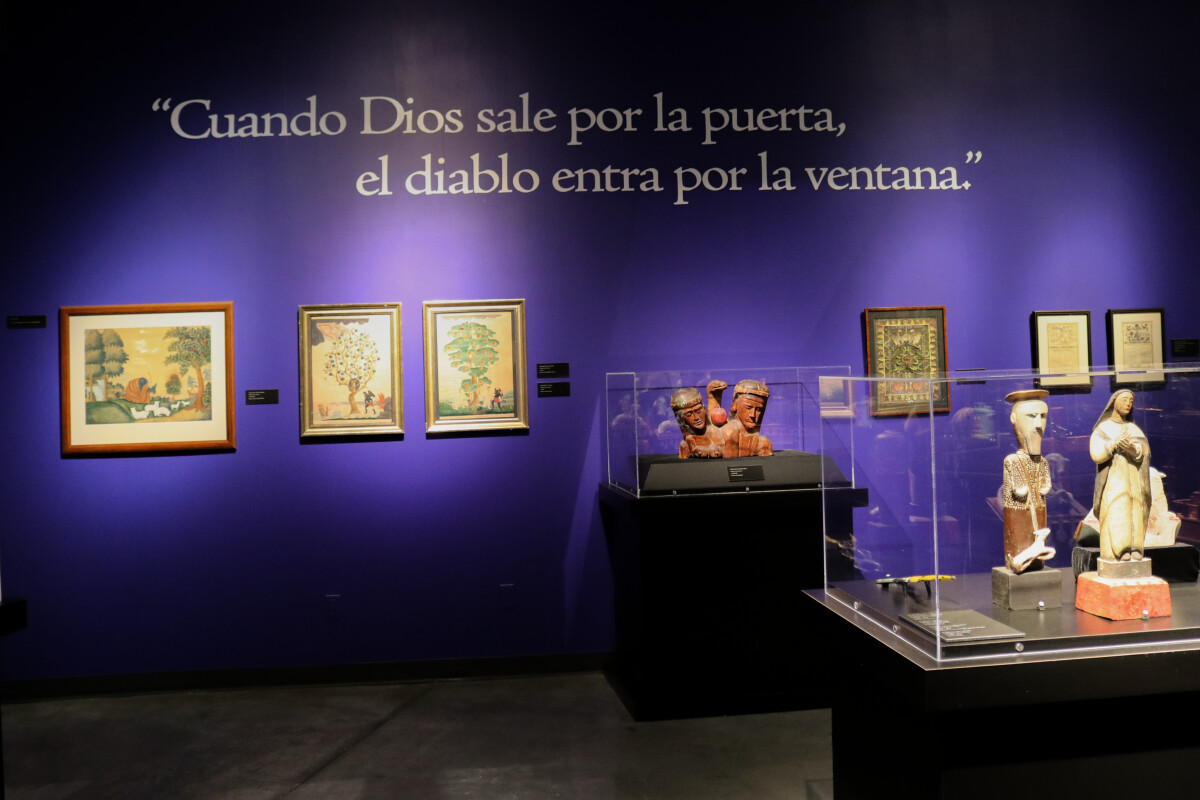
The Devil you Say!
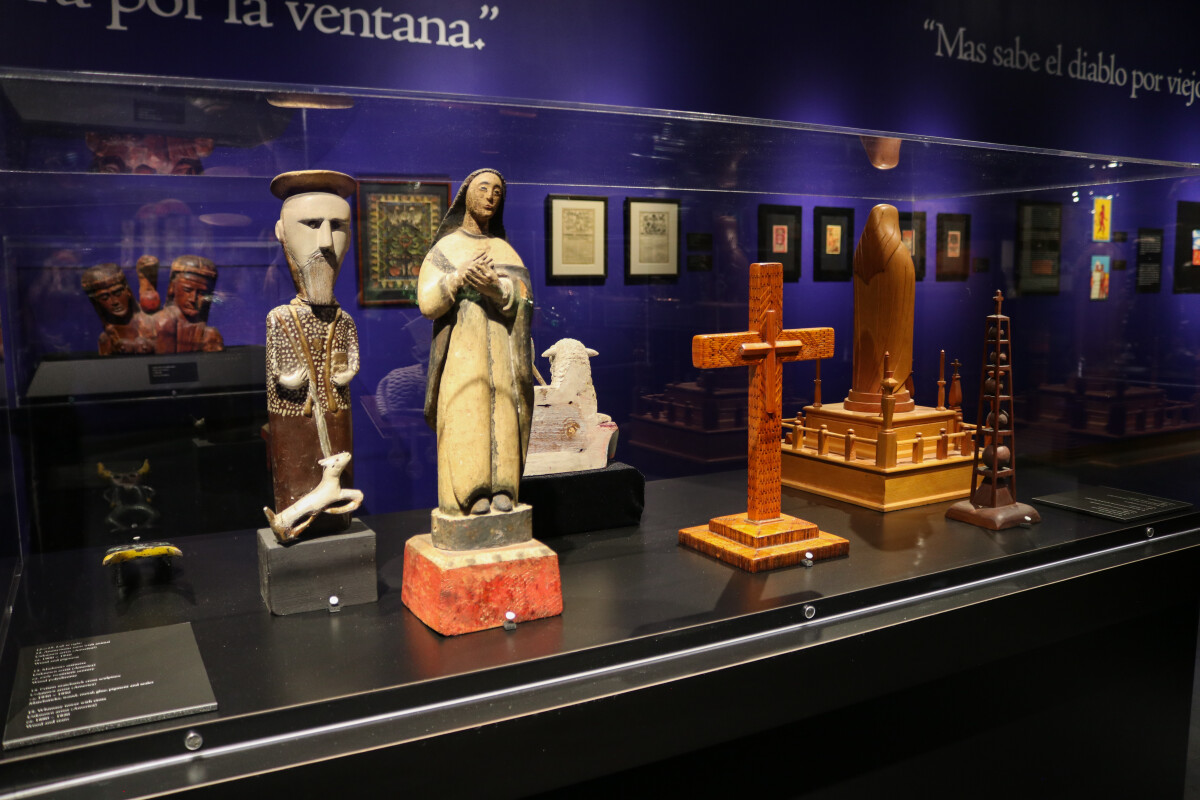
The Devil you Say!
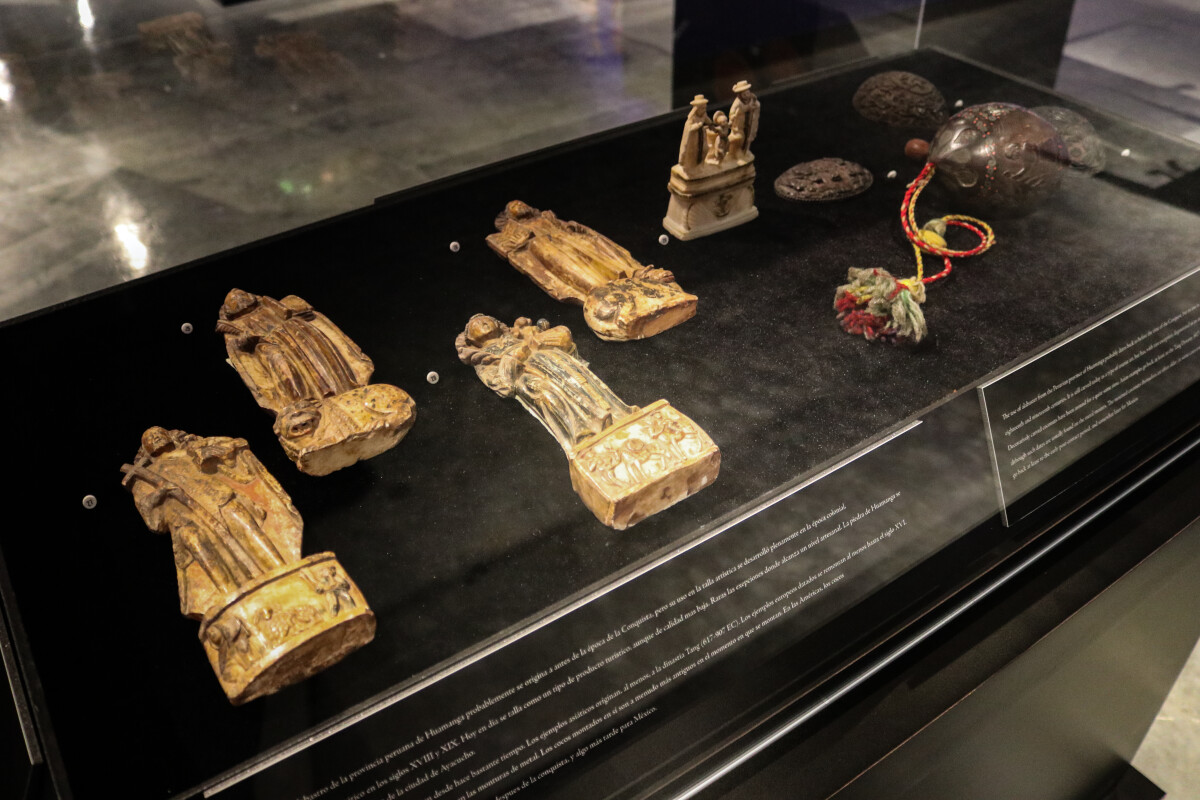
The Devil you Say!
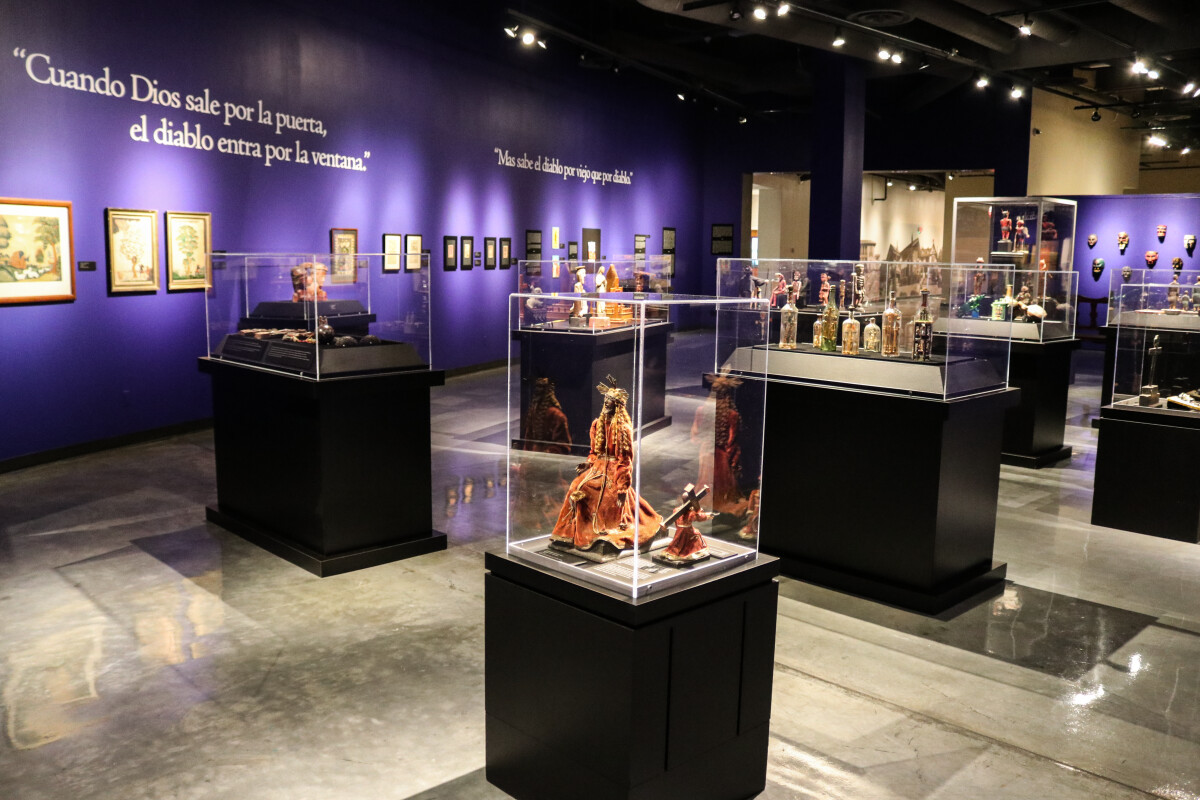
The Devil you Say!
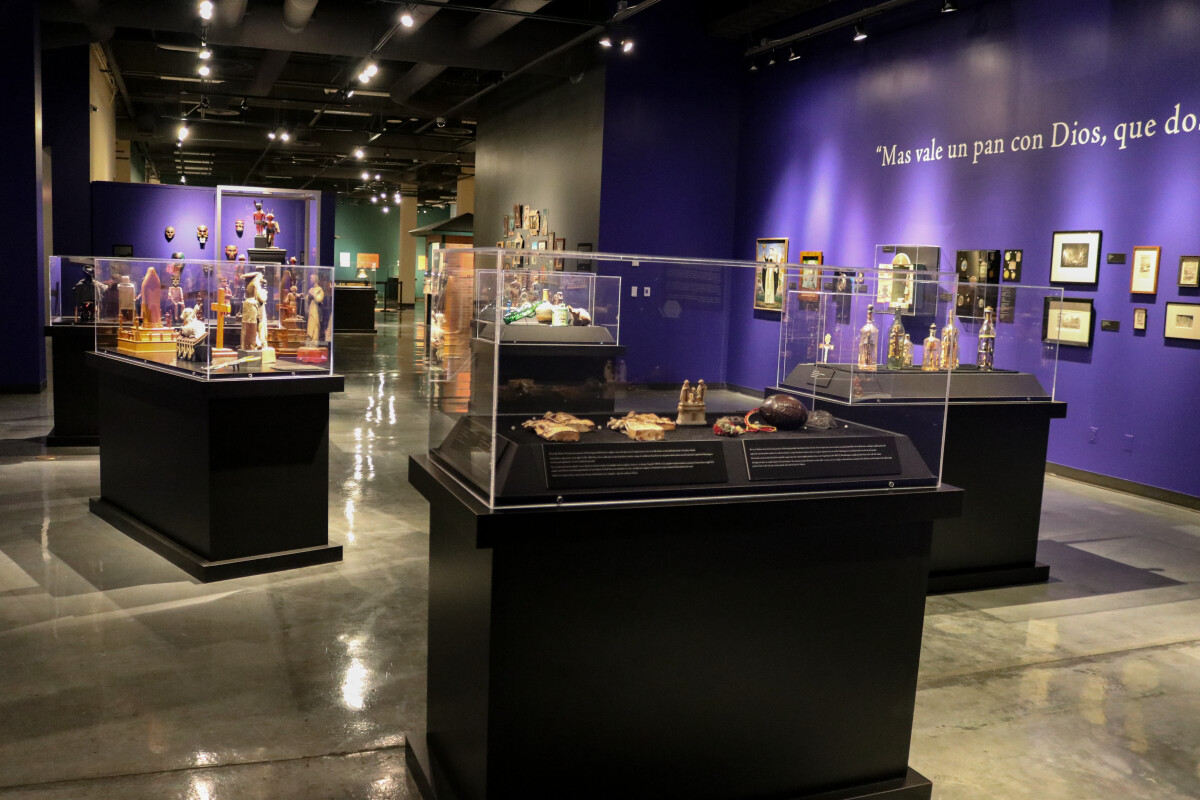
The Devil you Say!
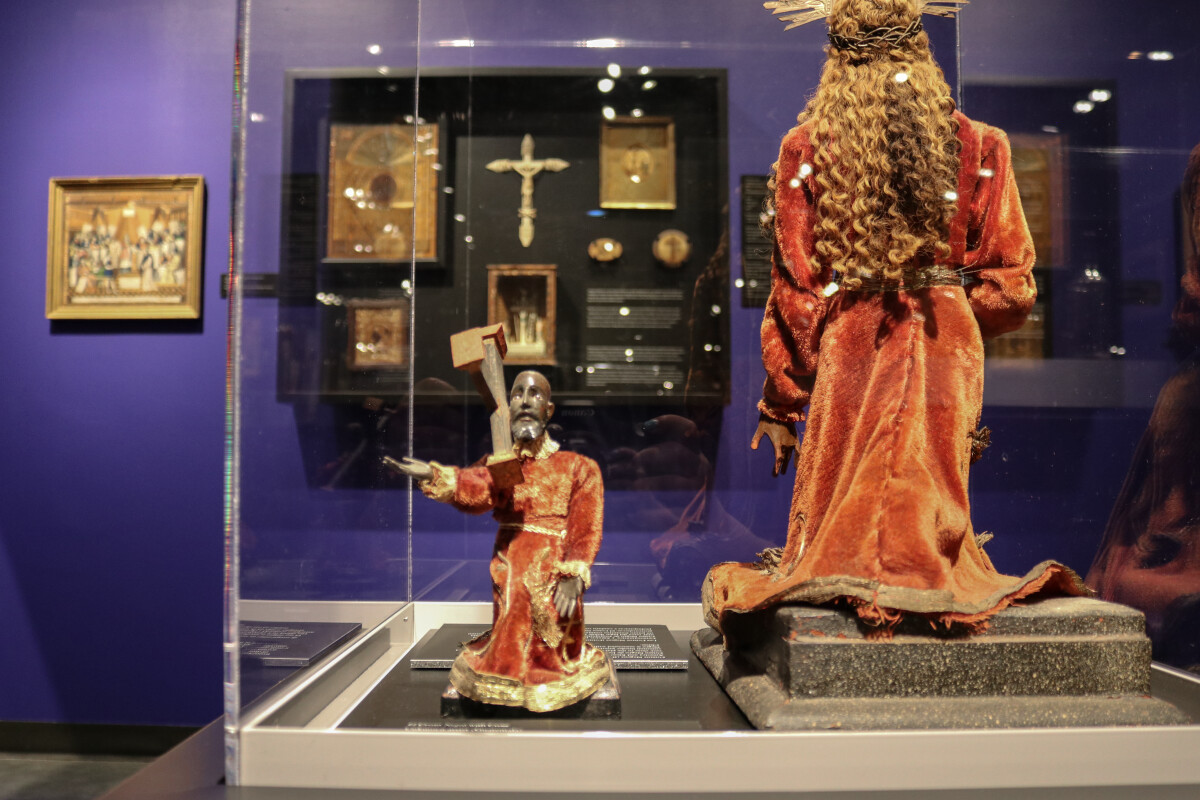
The Devil you Say!
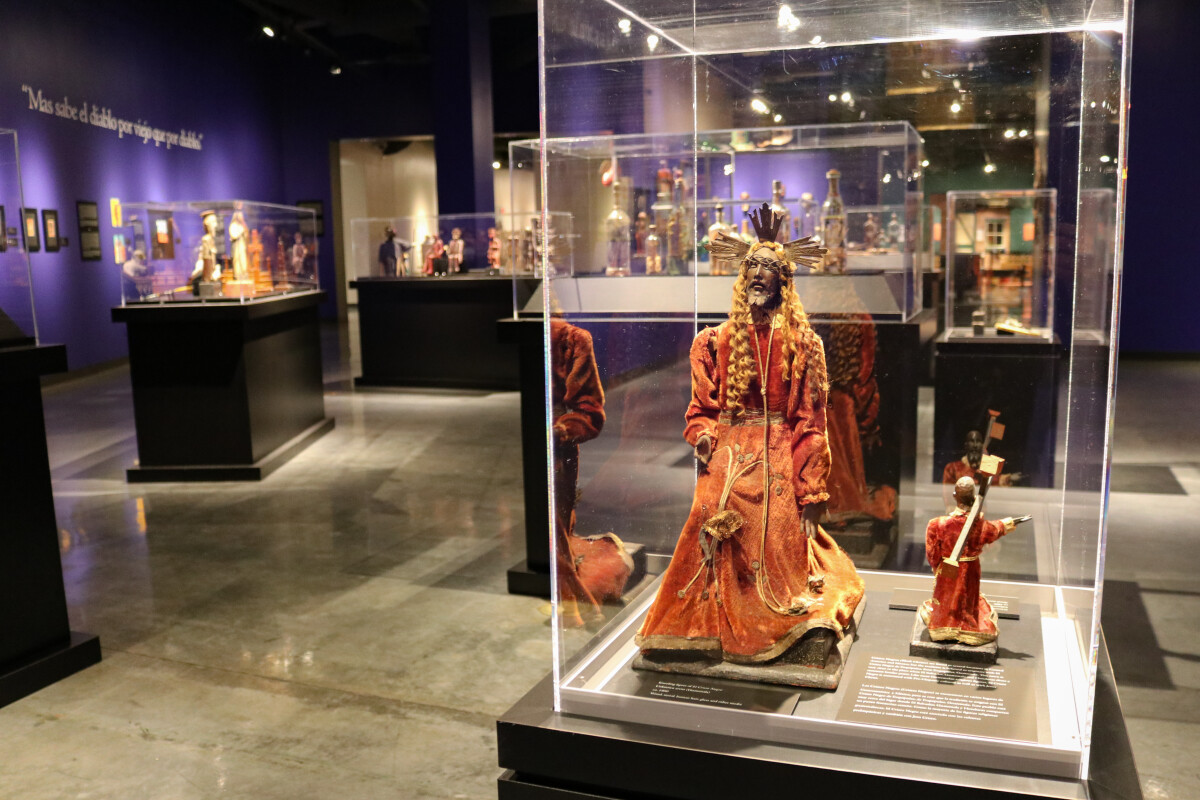
The Devil you Say!
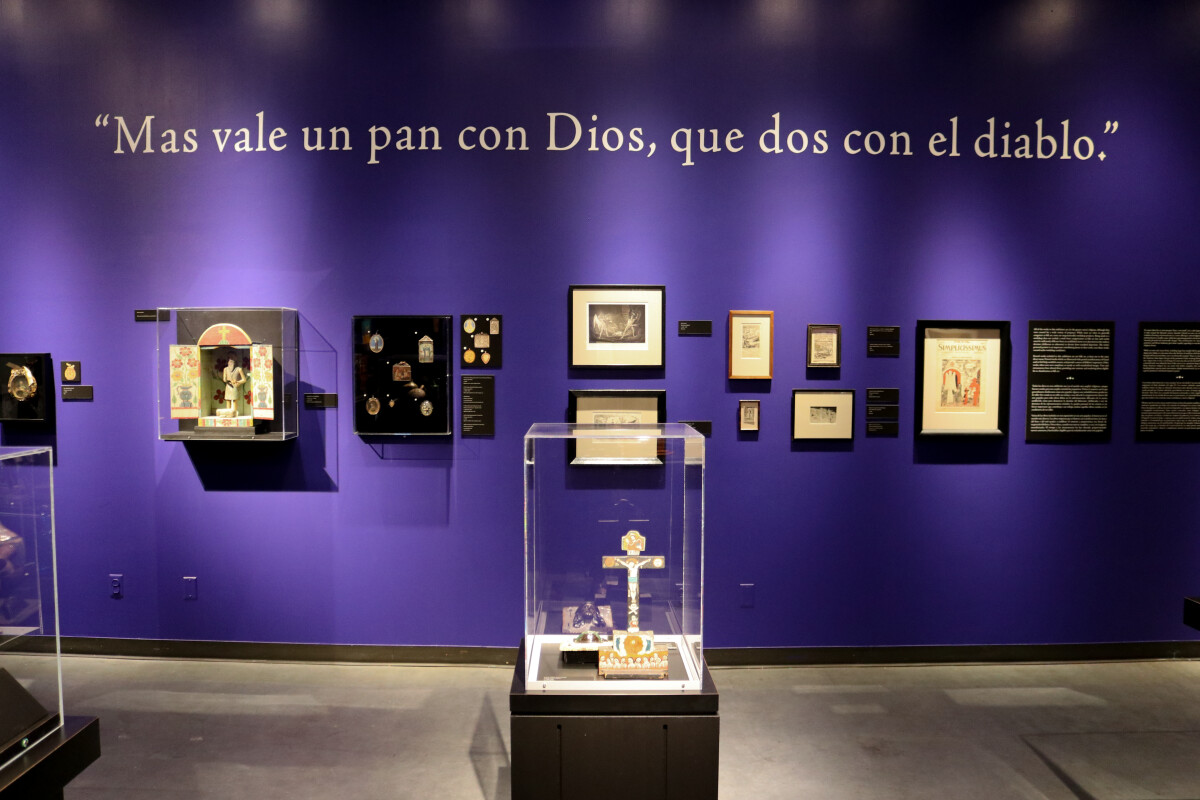
The Devil you Say!
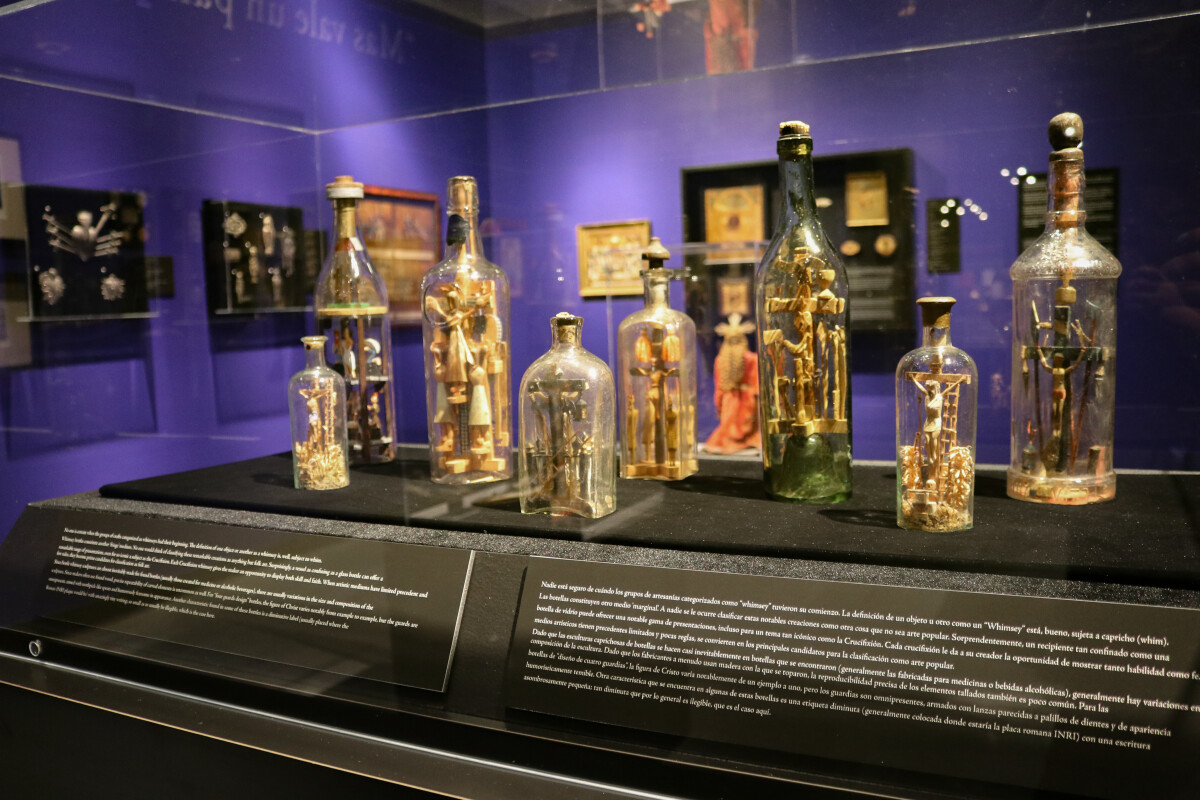
The Devil you Say!
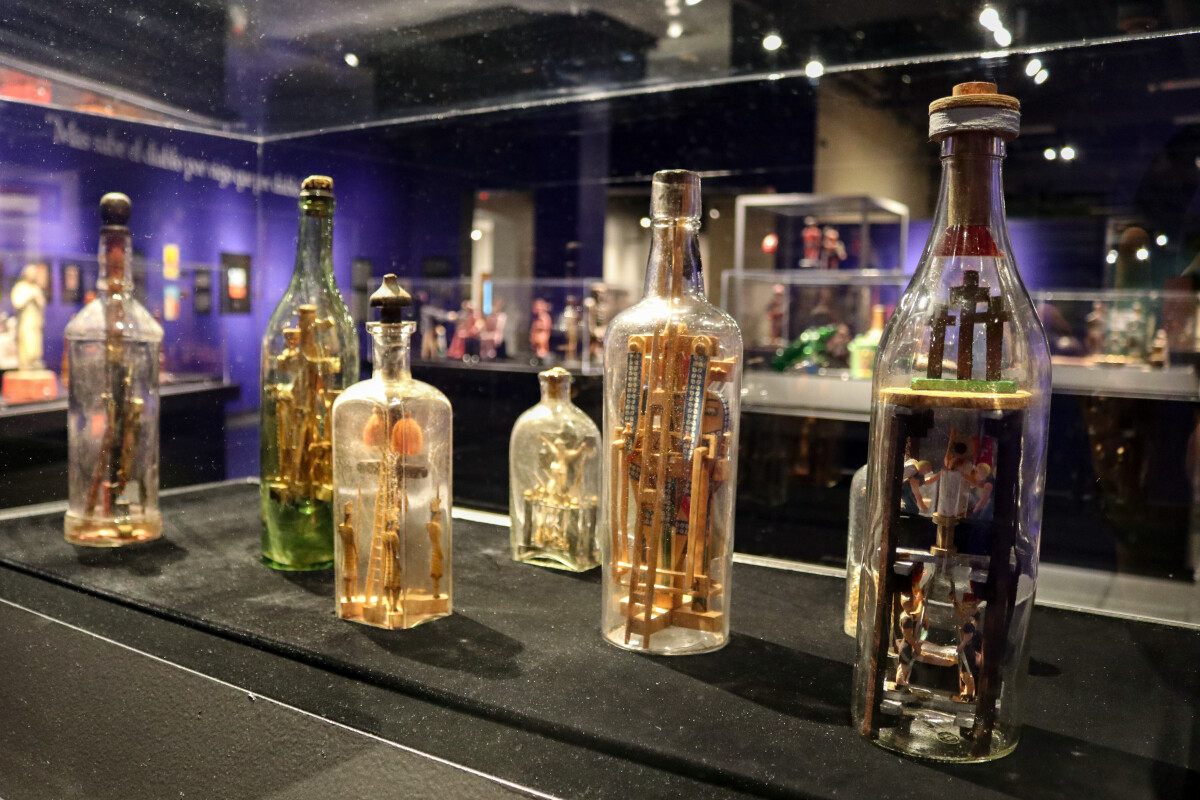
The Devil you Say!
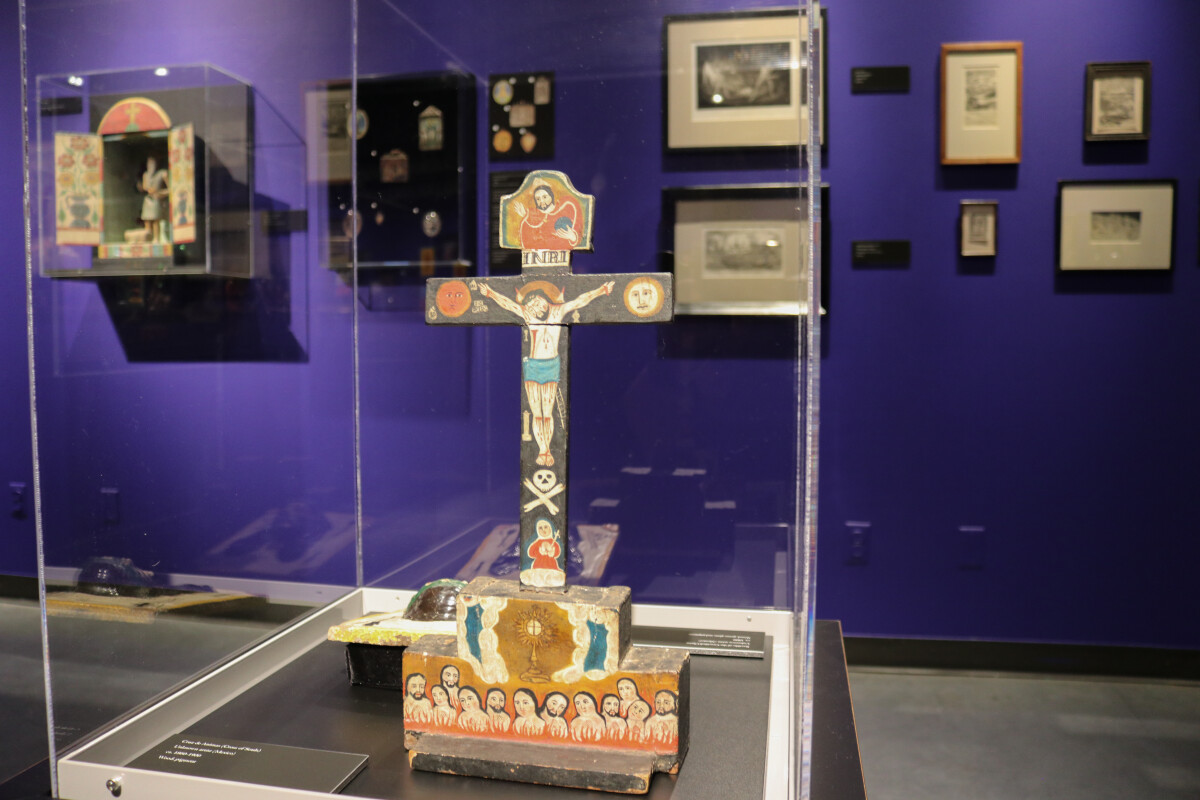
The Devil you Say!
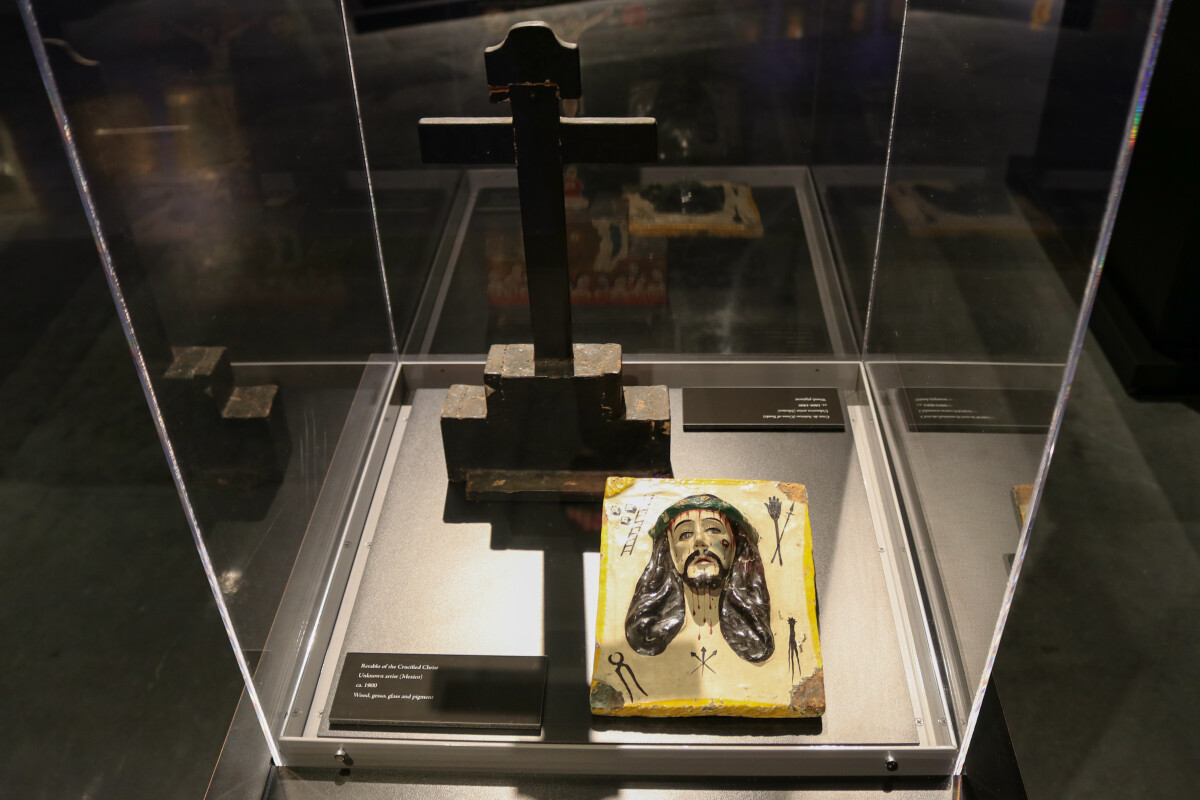
The Devil you Say!
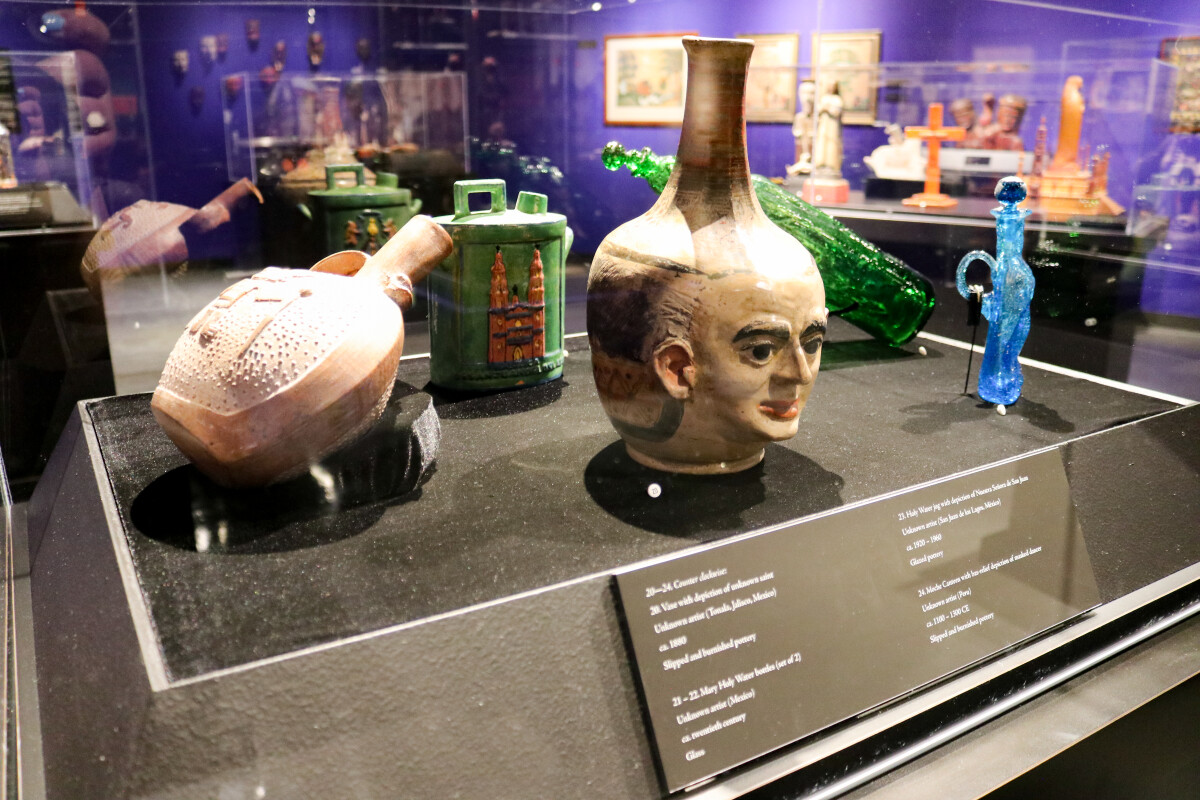
The Devil you Say!
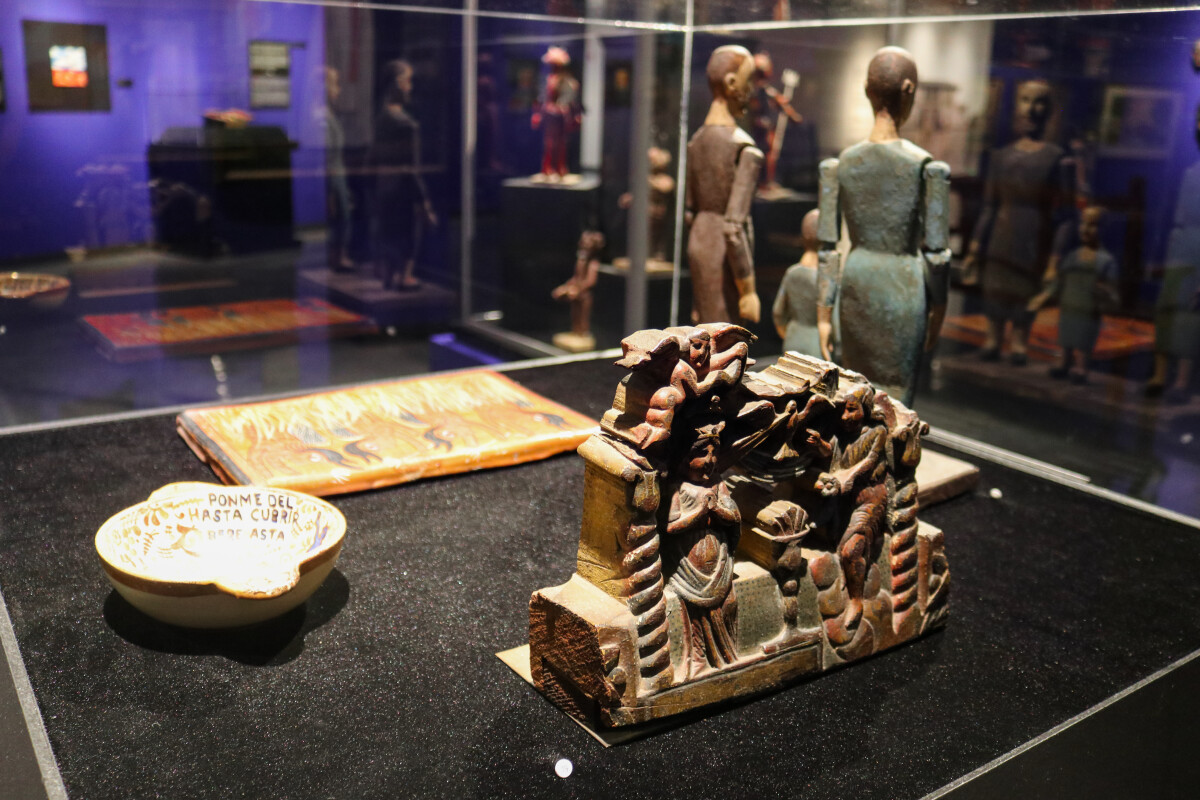
The Devil you Say!
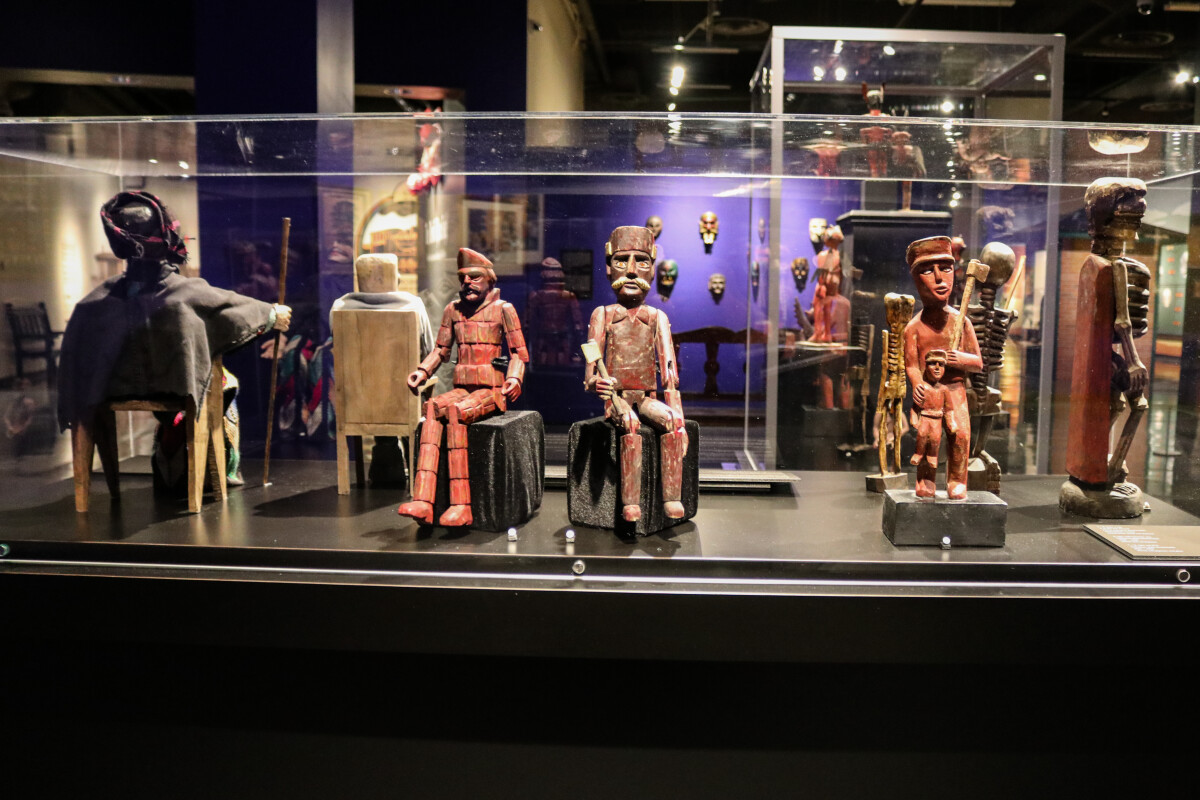
The Devil you Say!
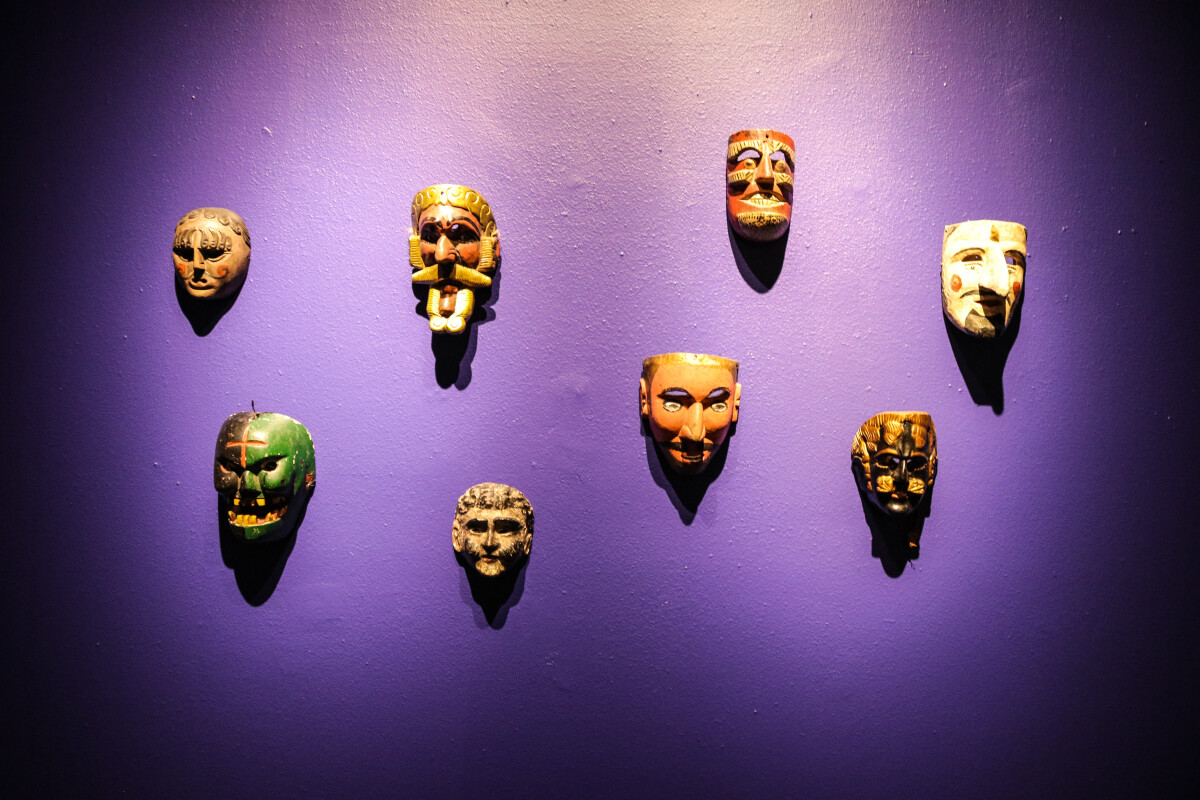
The Devil you Say!
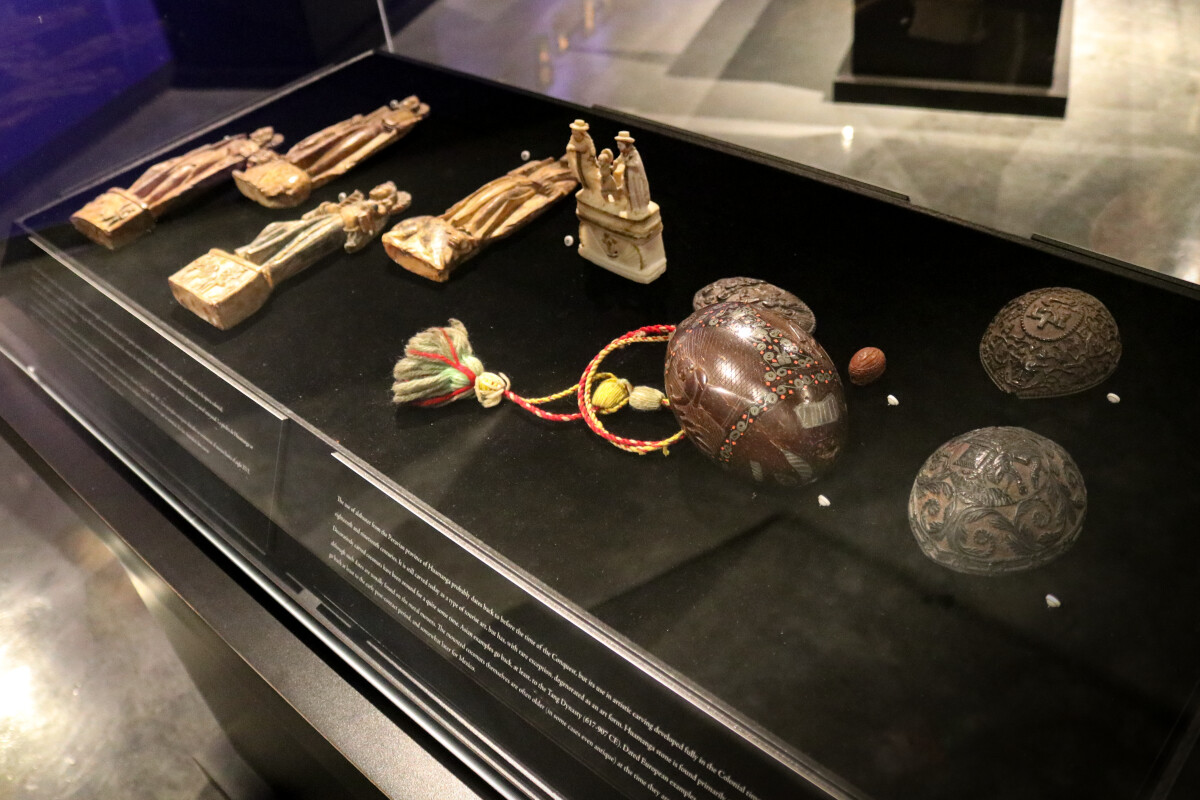
The Devil you Say!
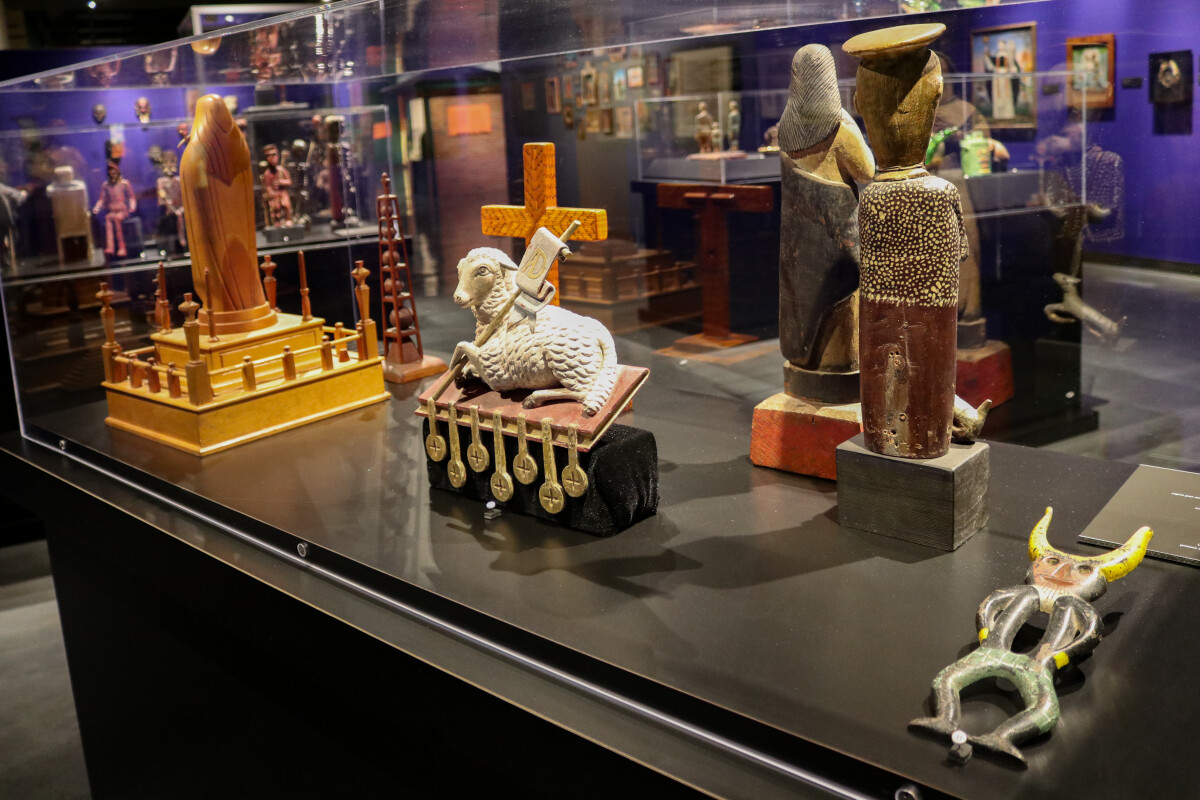
The Devil you Say!
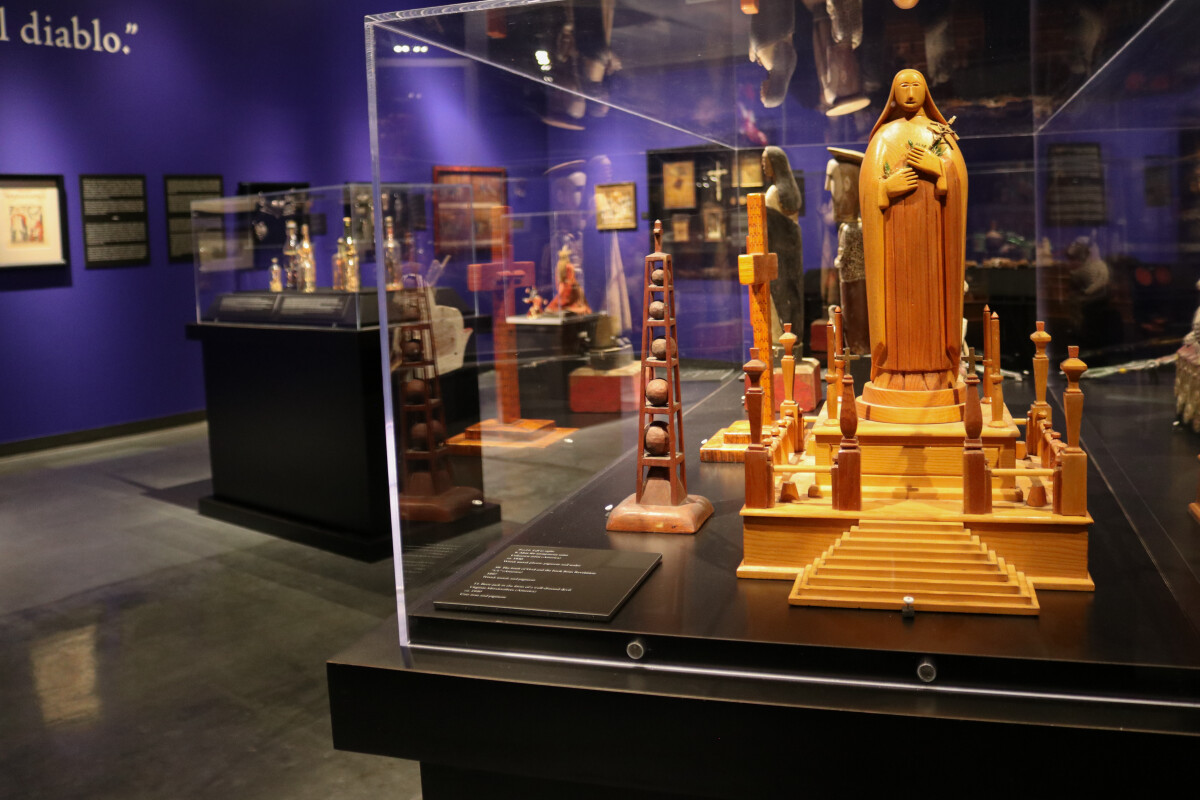
The Devil you Say!
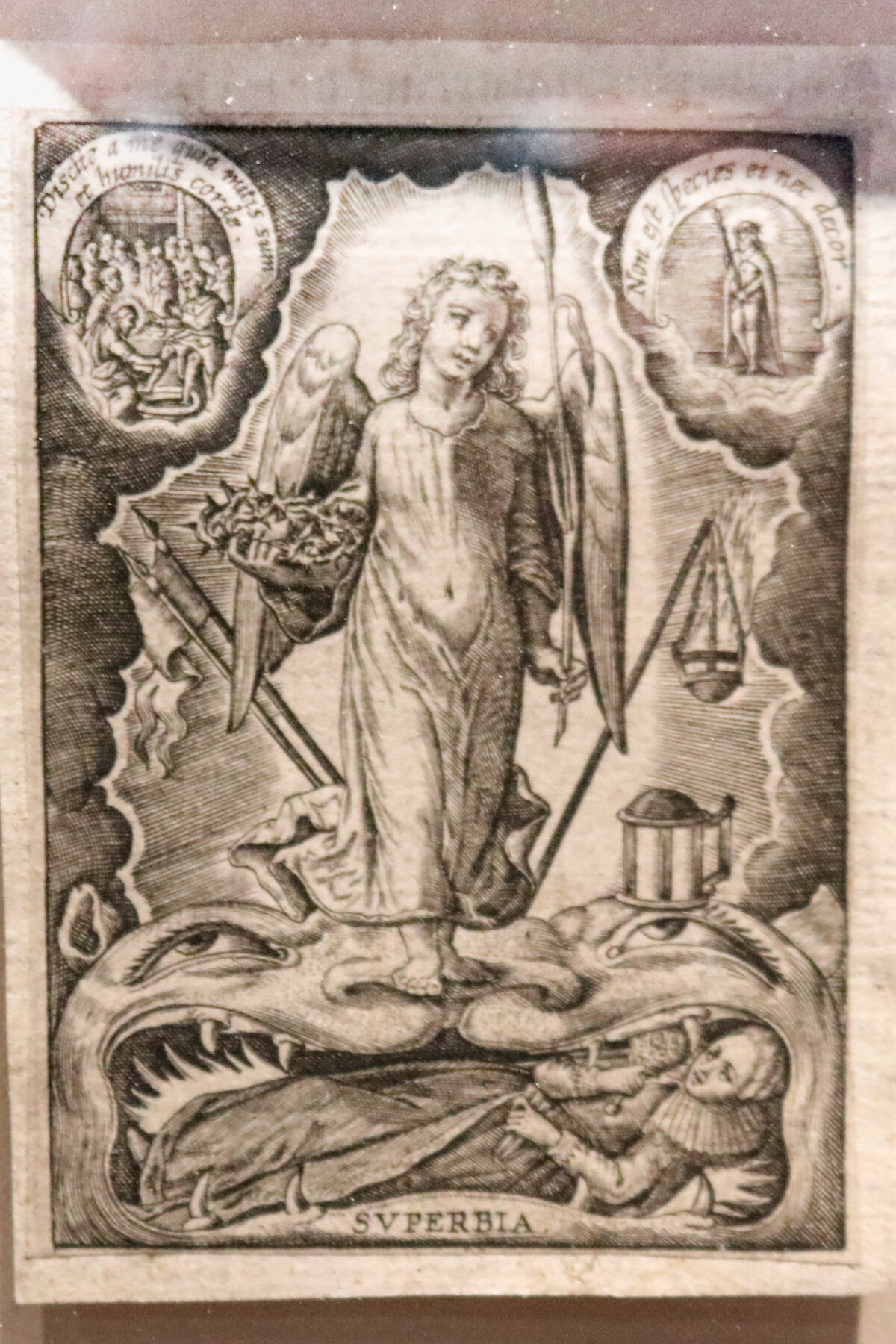
The Devil you Say!
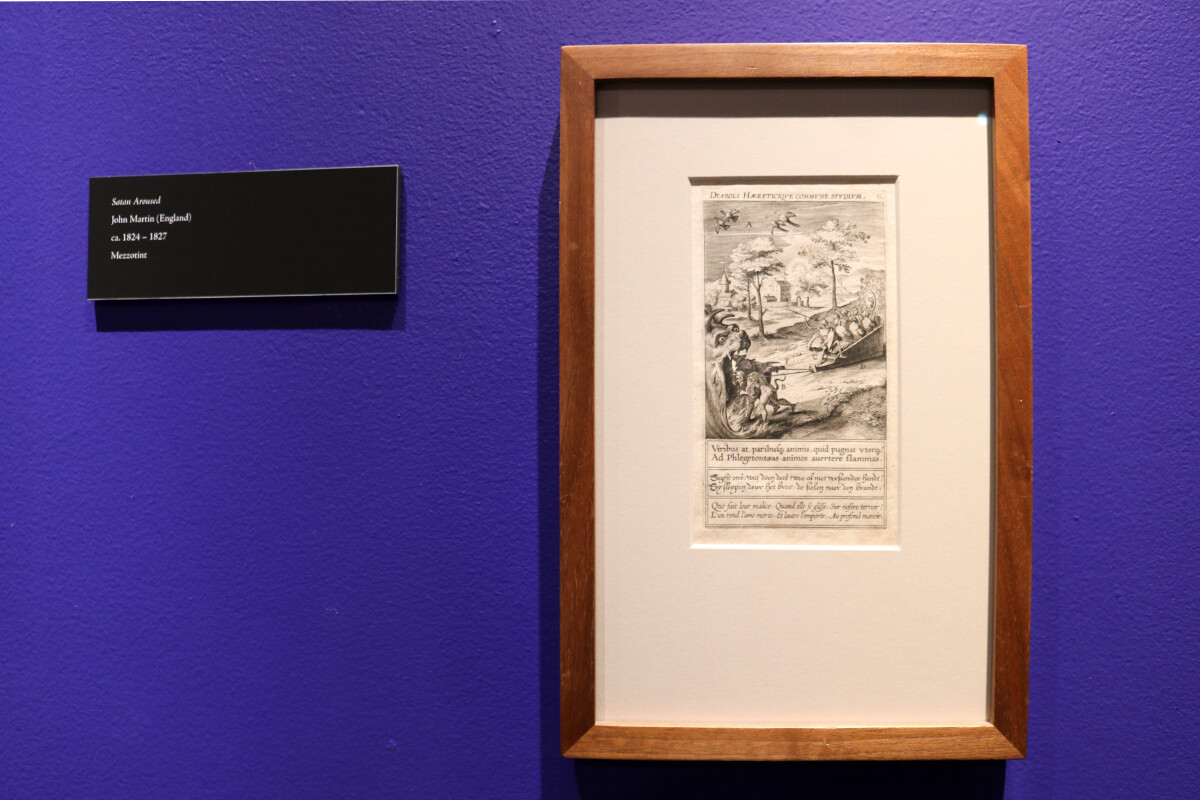
The Devil you Say!
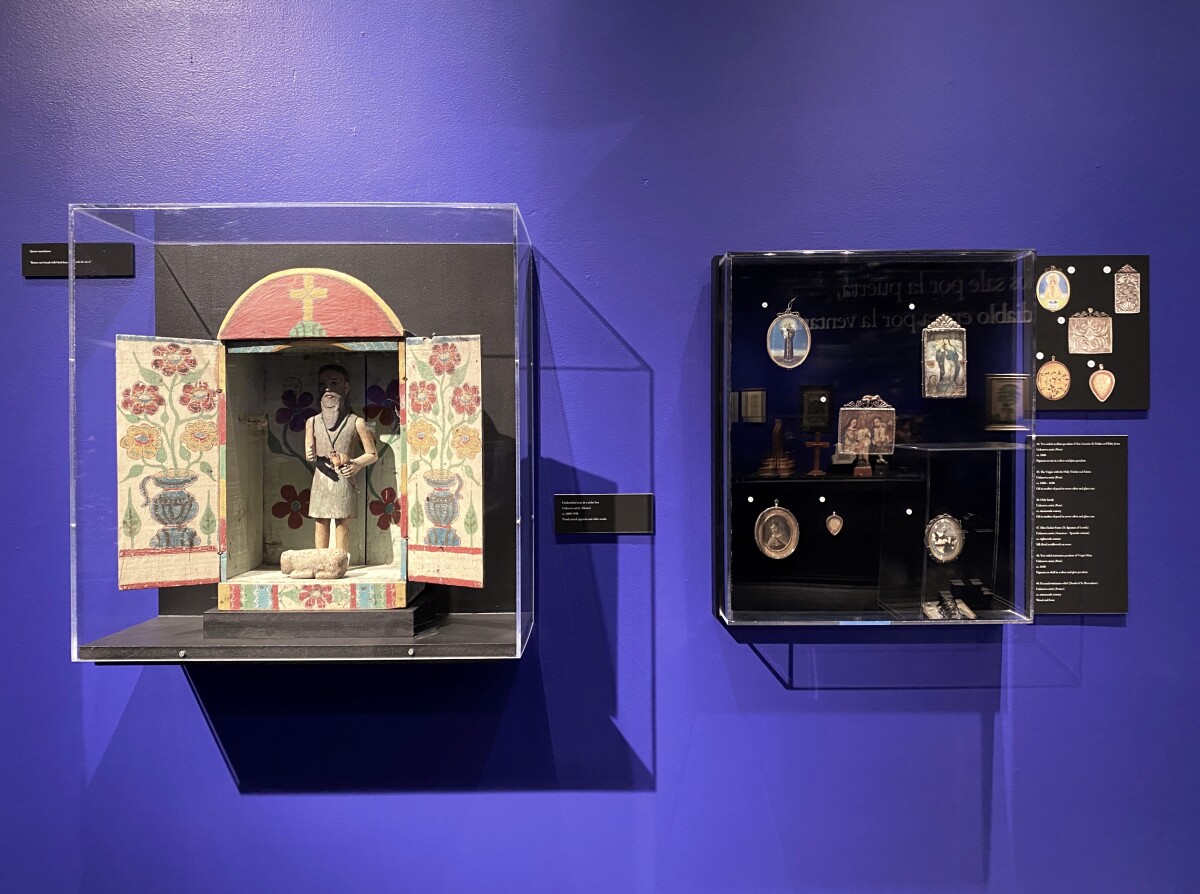
The Devil you Say!
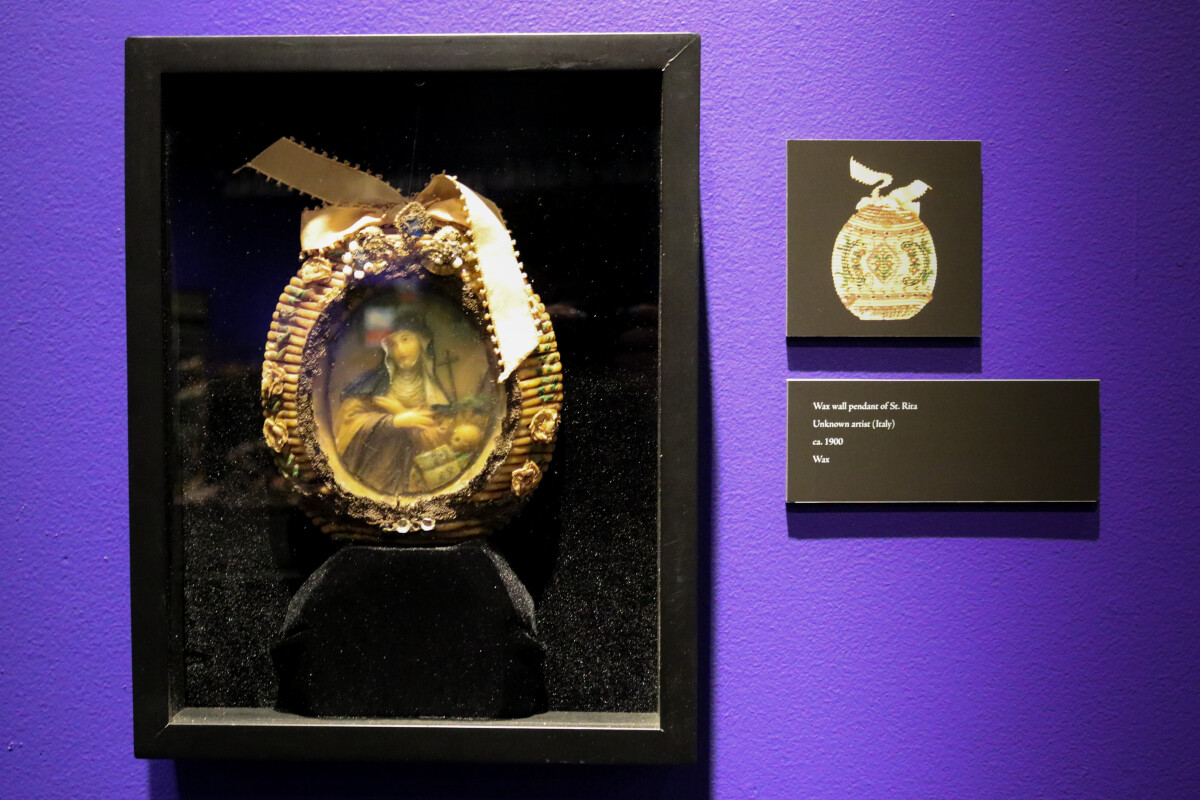
The Devil you Say!
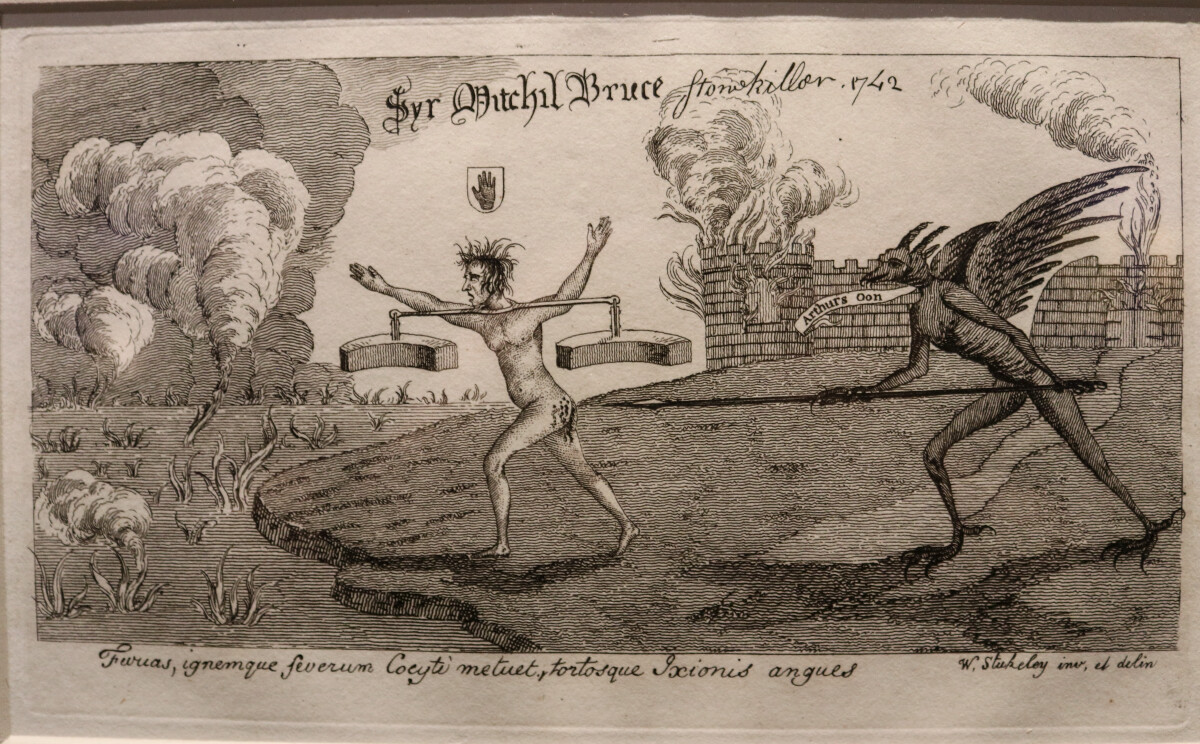
The Devil you Say!
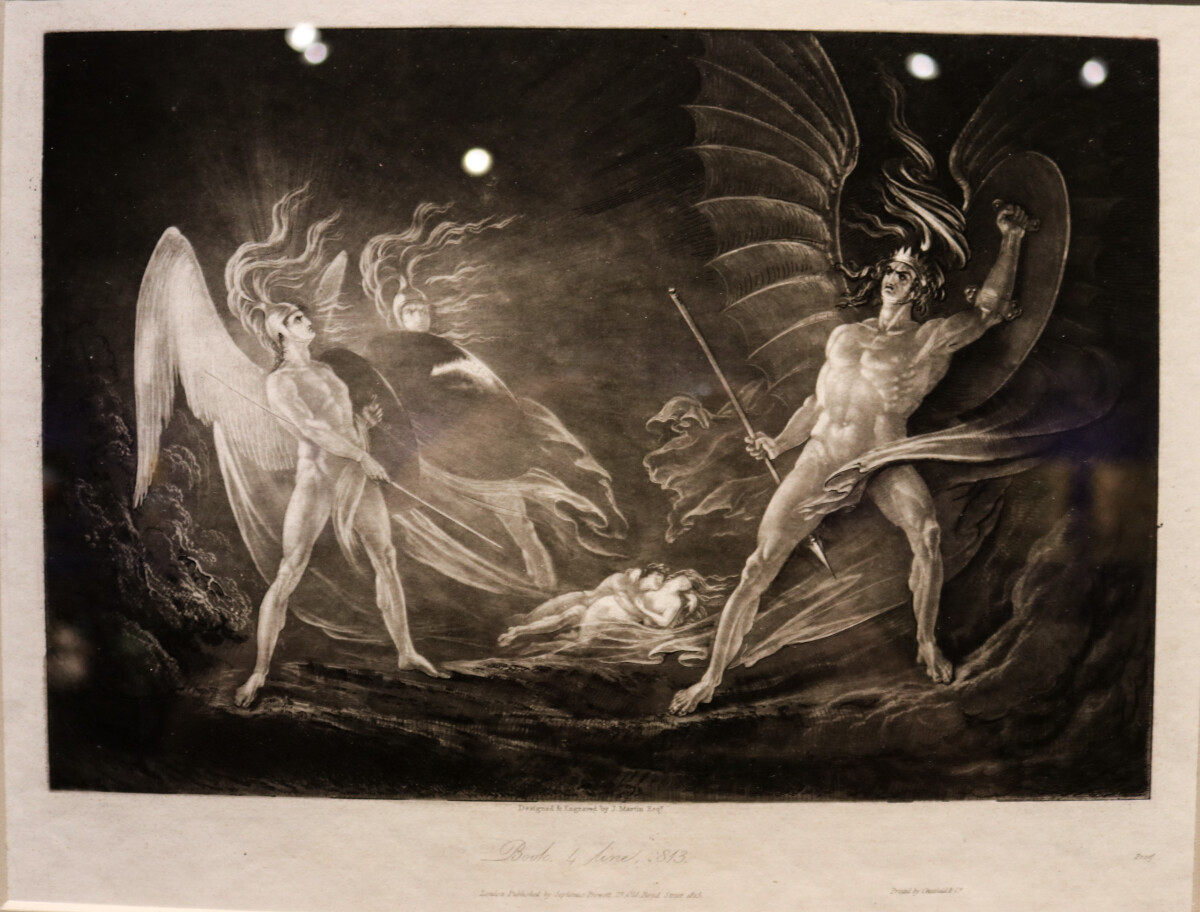
The Devil you Say!
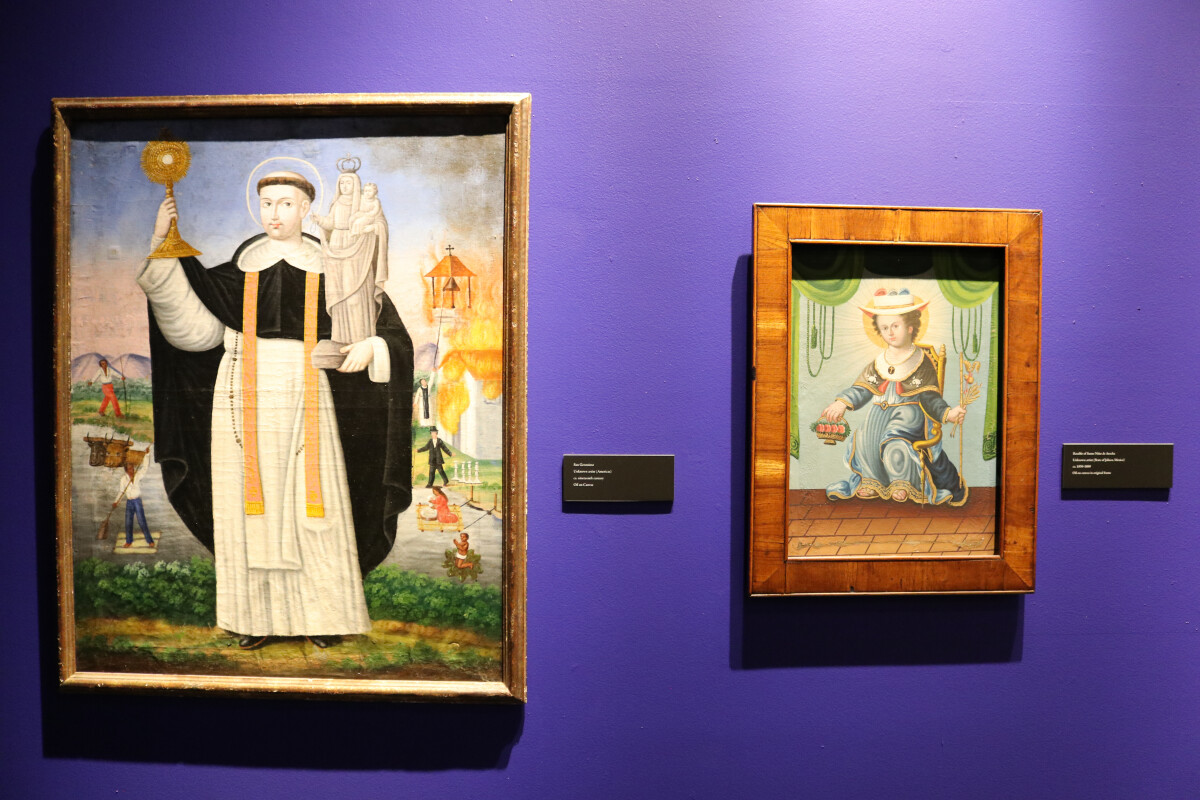
The Devil you Say!
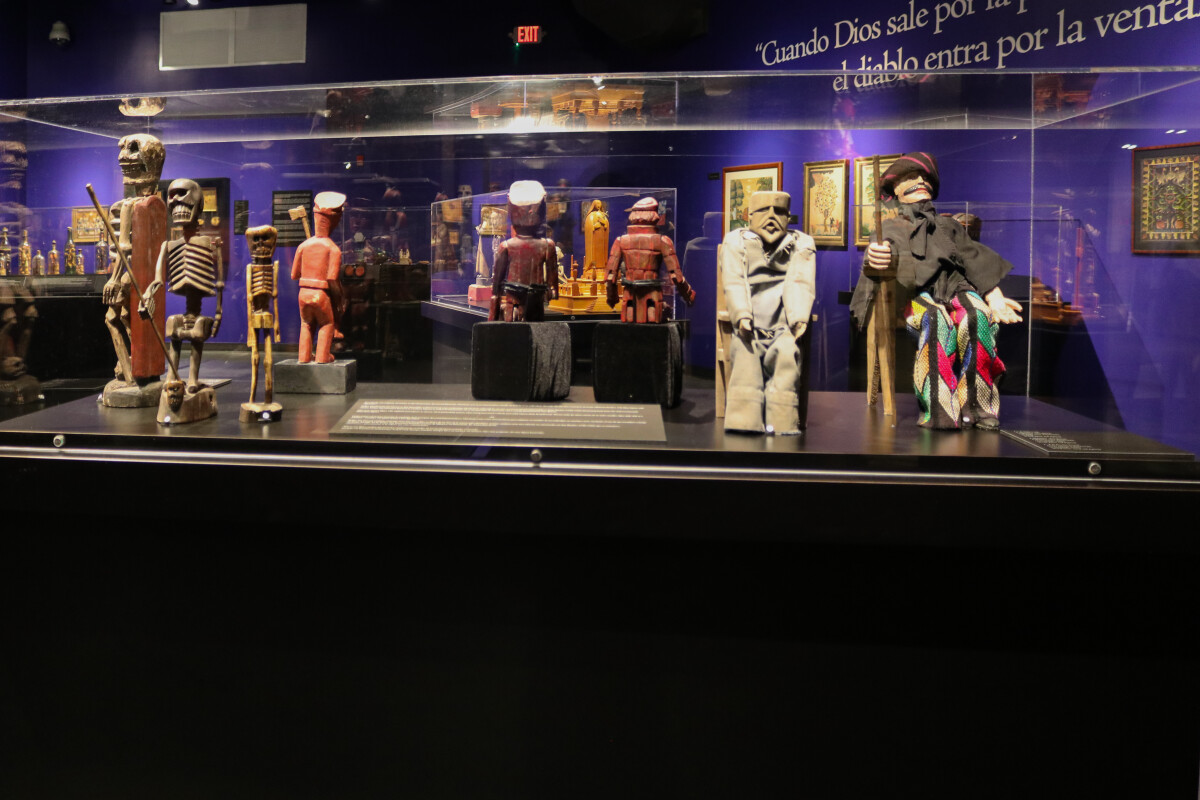
The Devil you Say!
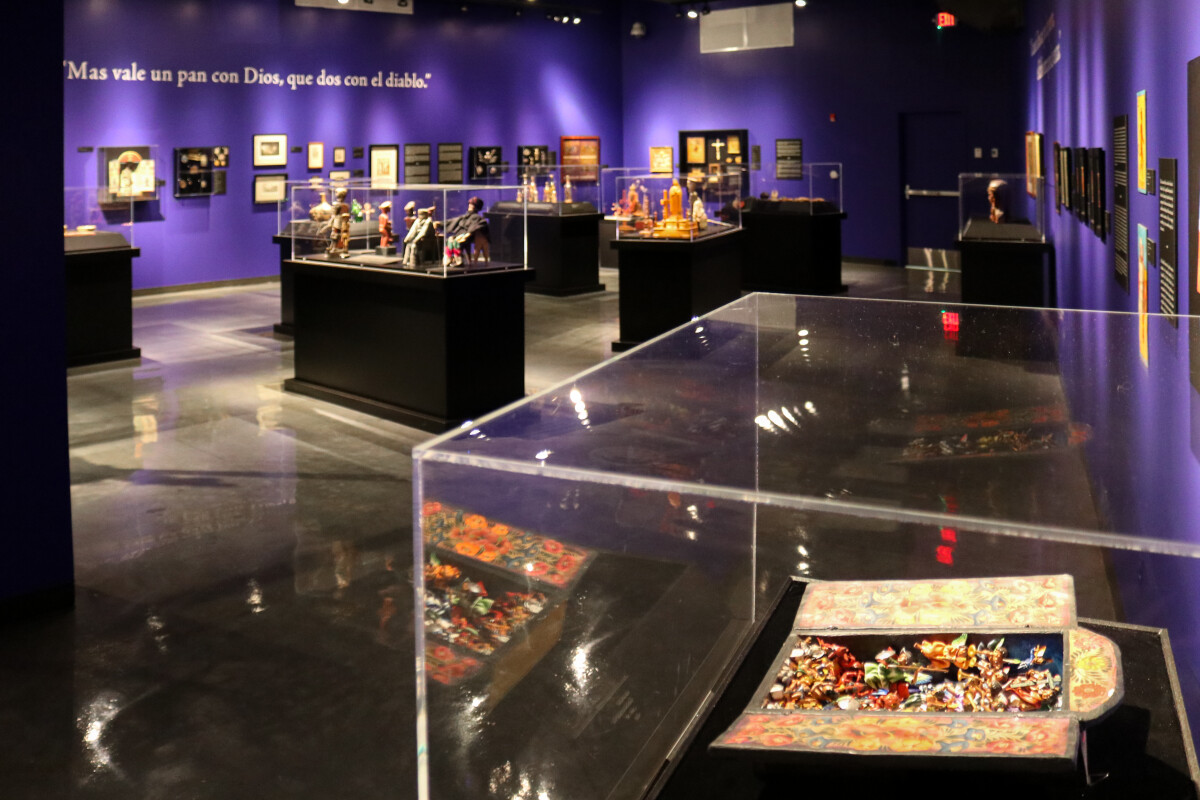
The Devil you Say!
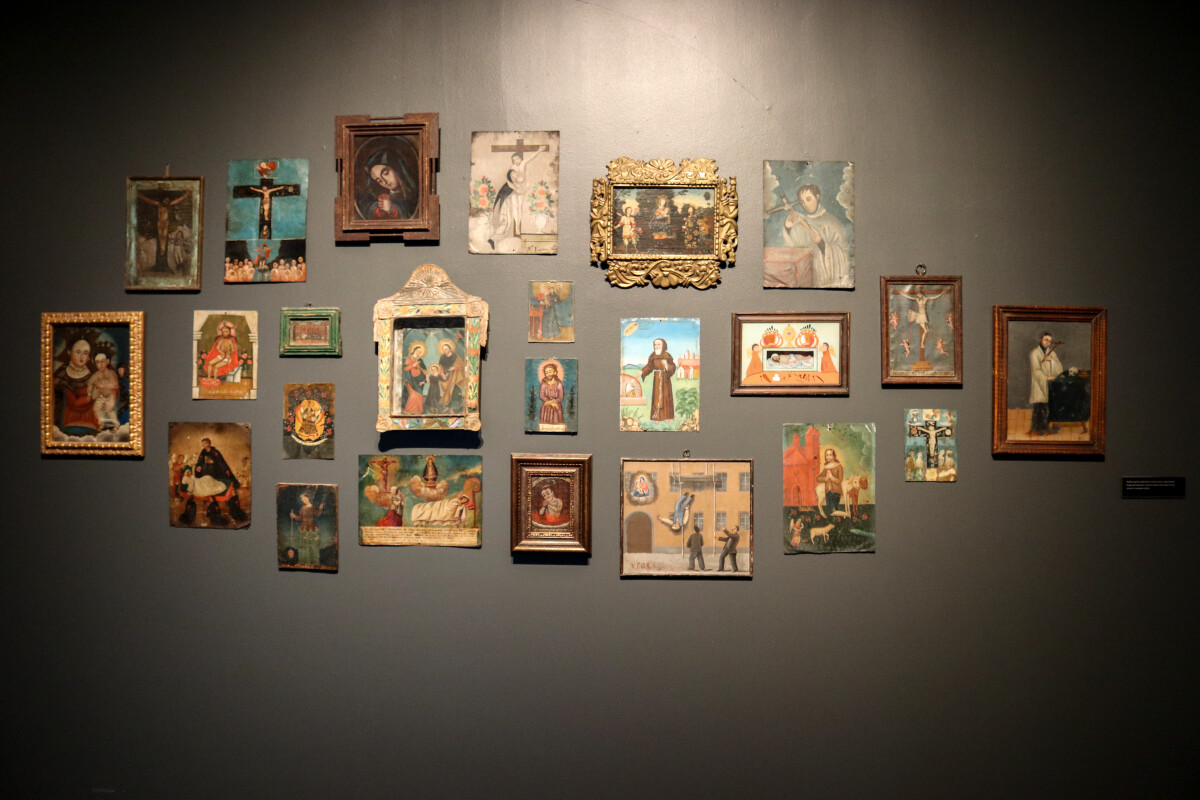
The Devil you Say!
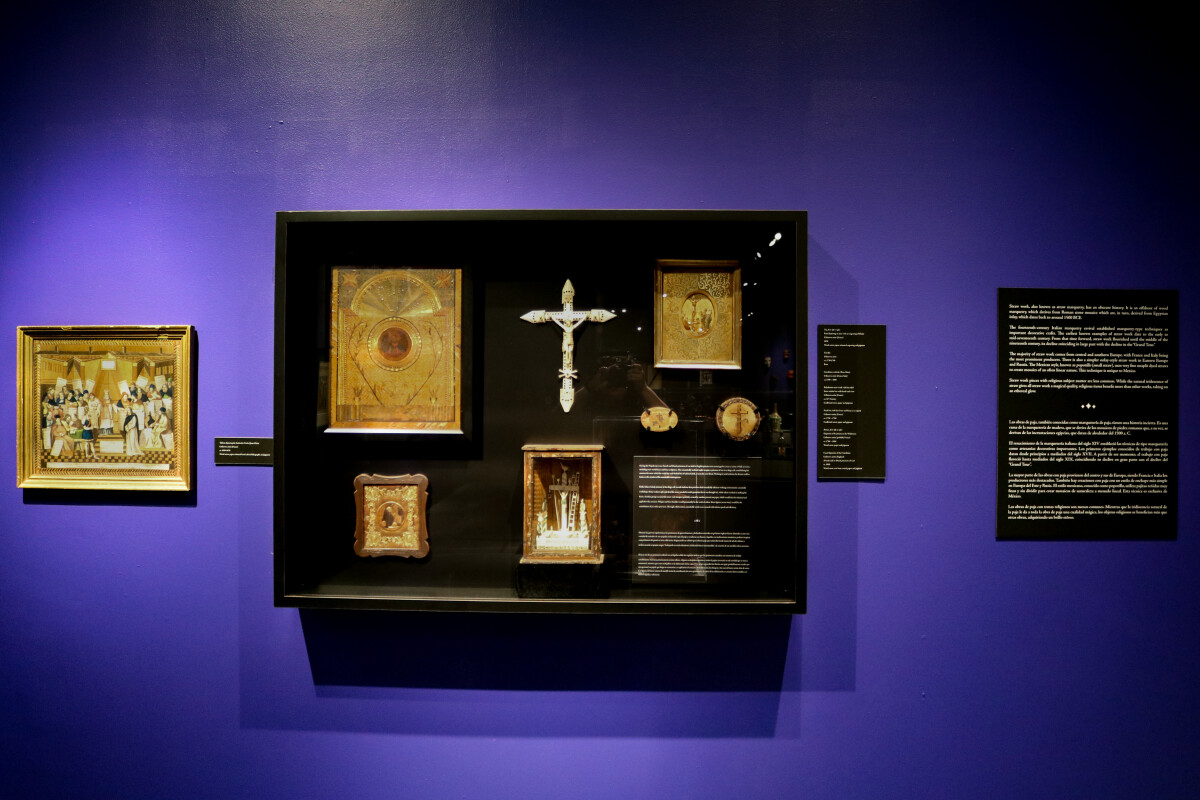
The Devil you Say!
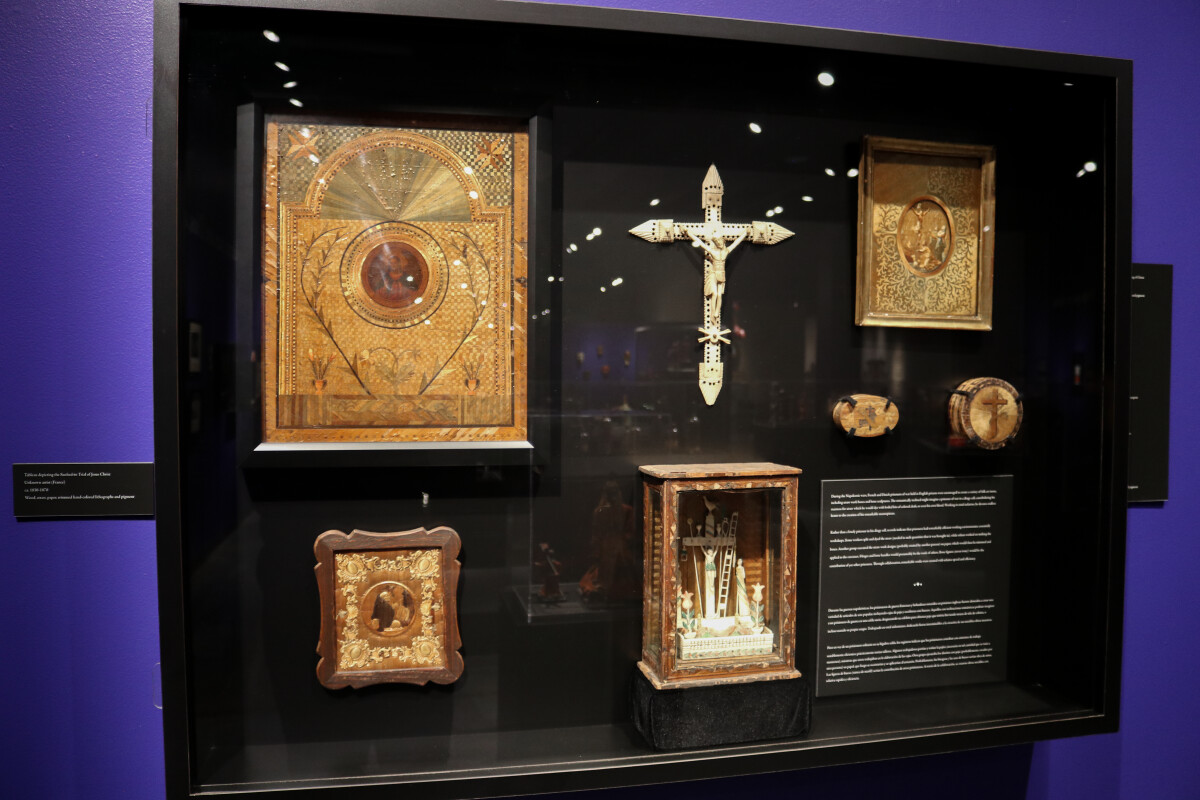
The Devil you Say!
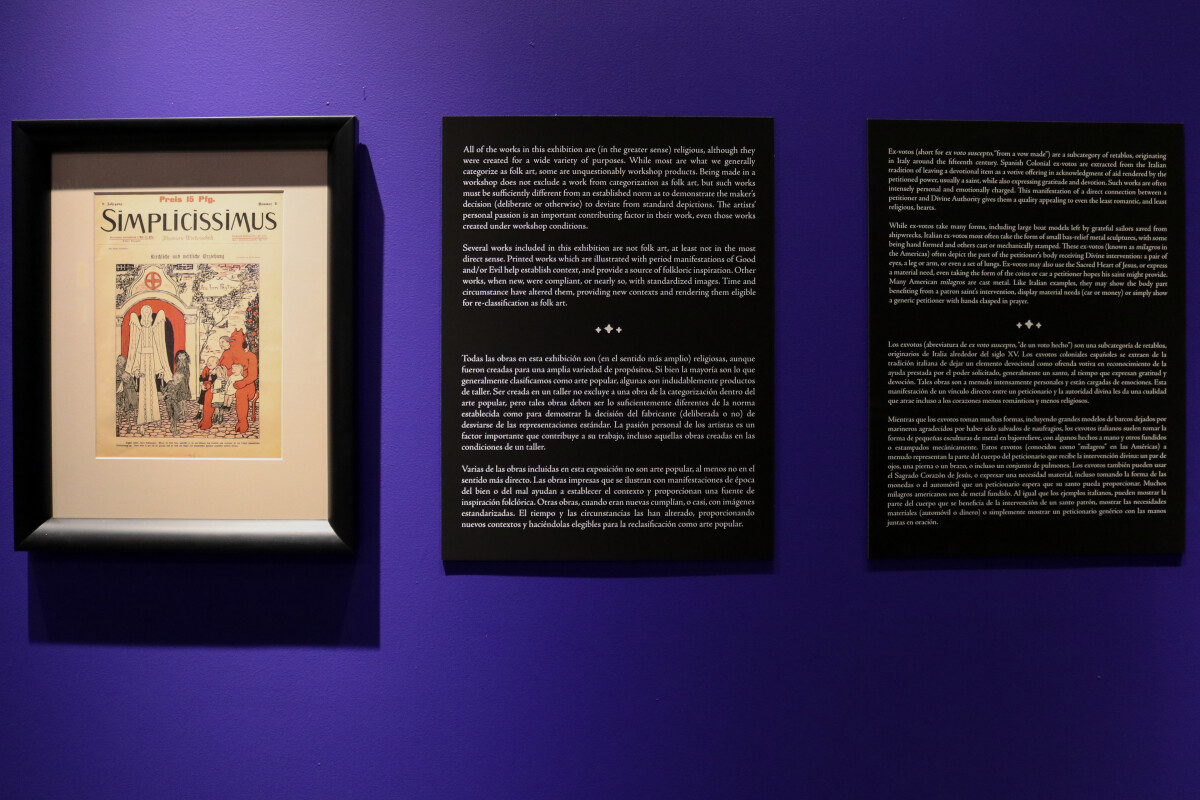
The Devil you Say!
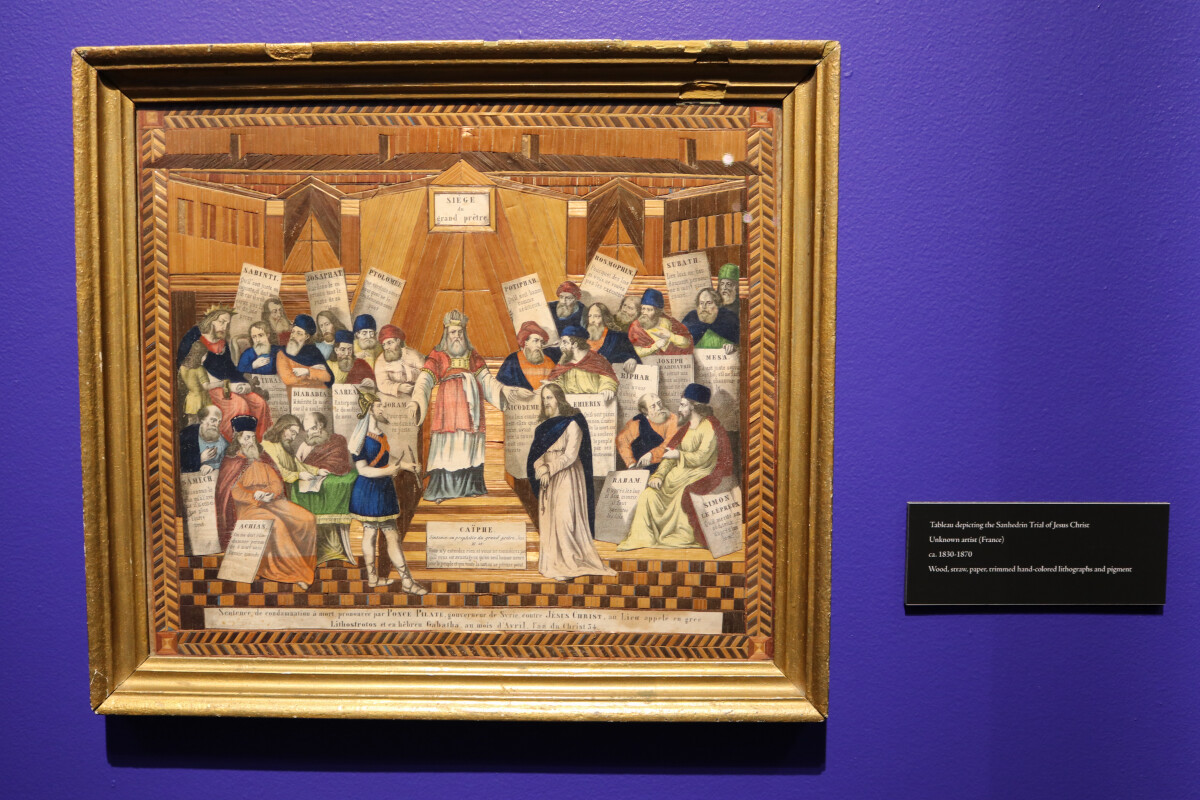
The Devil you Say!
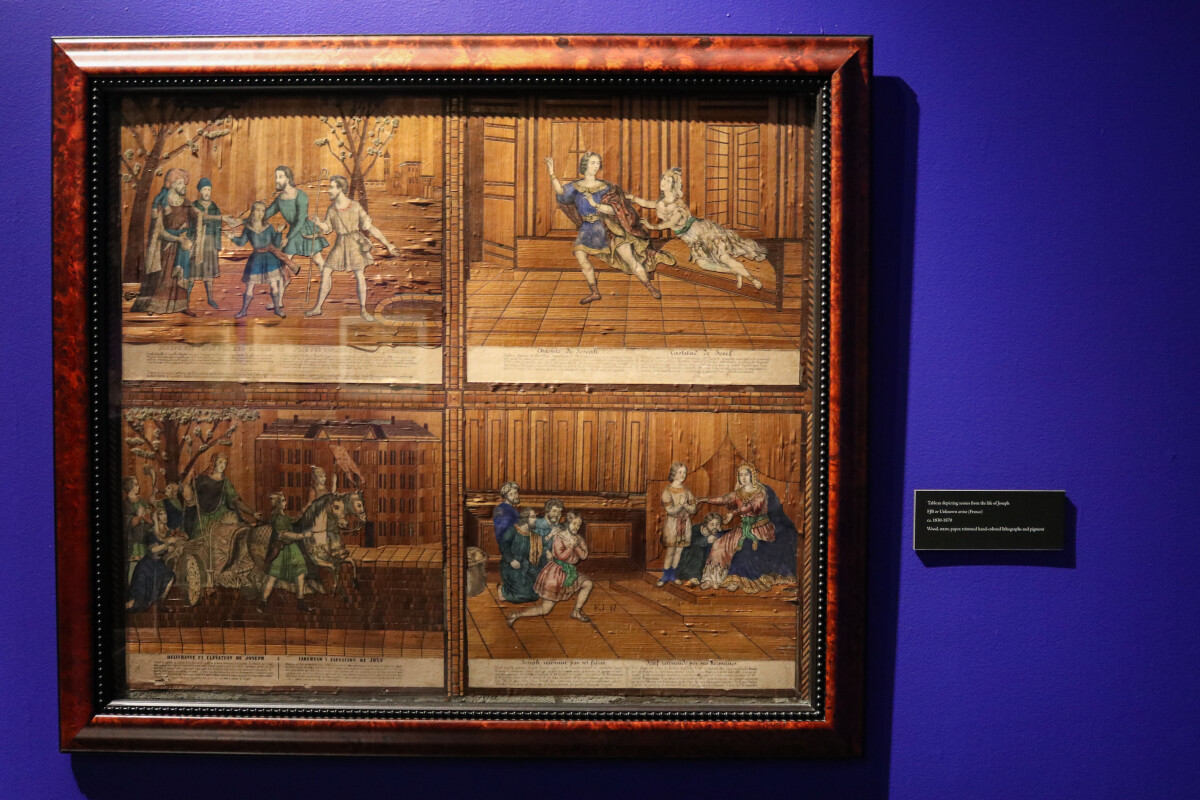
The Devil you Say!
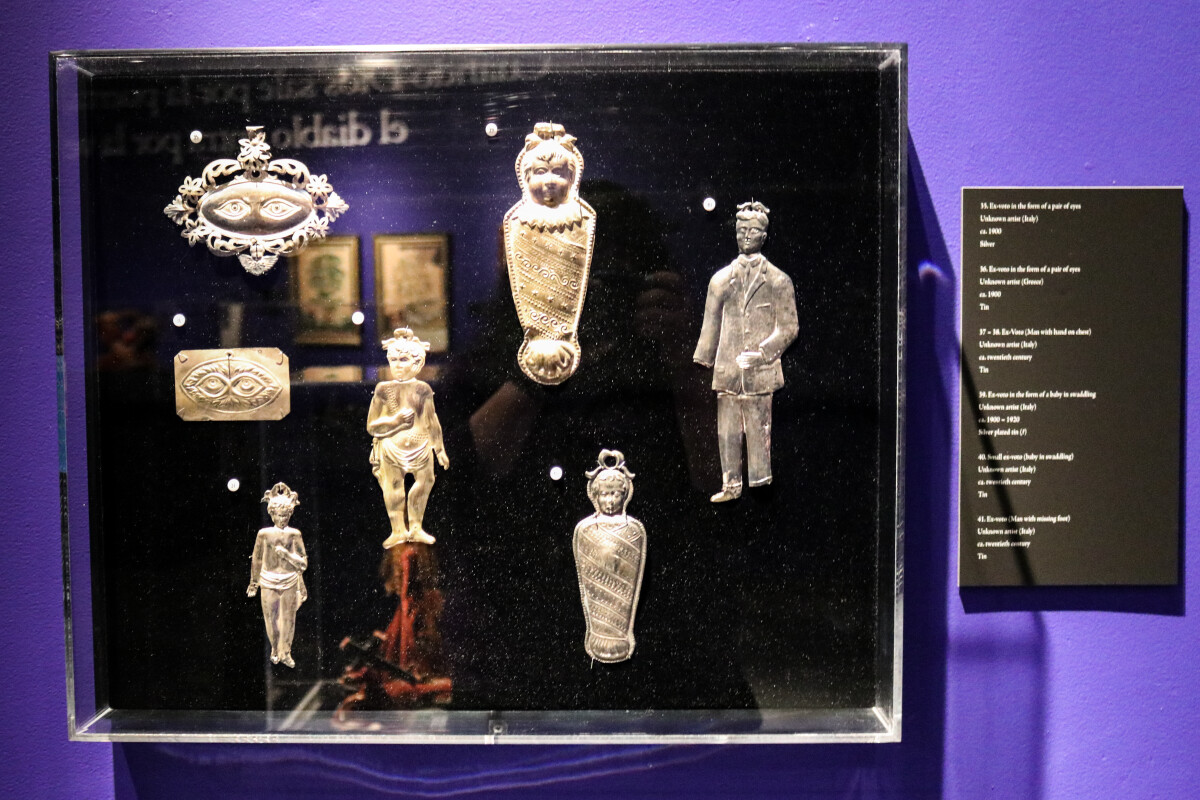
The Devil you Say!
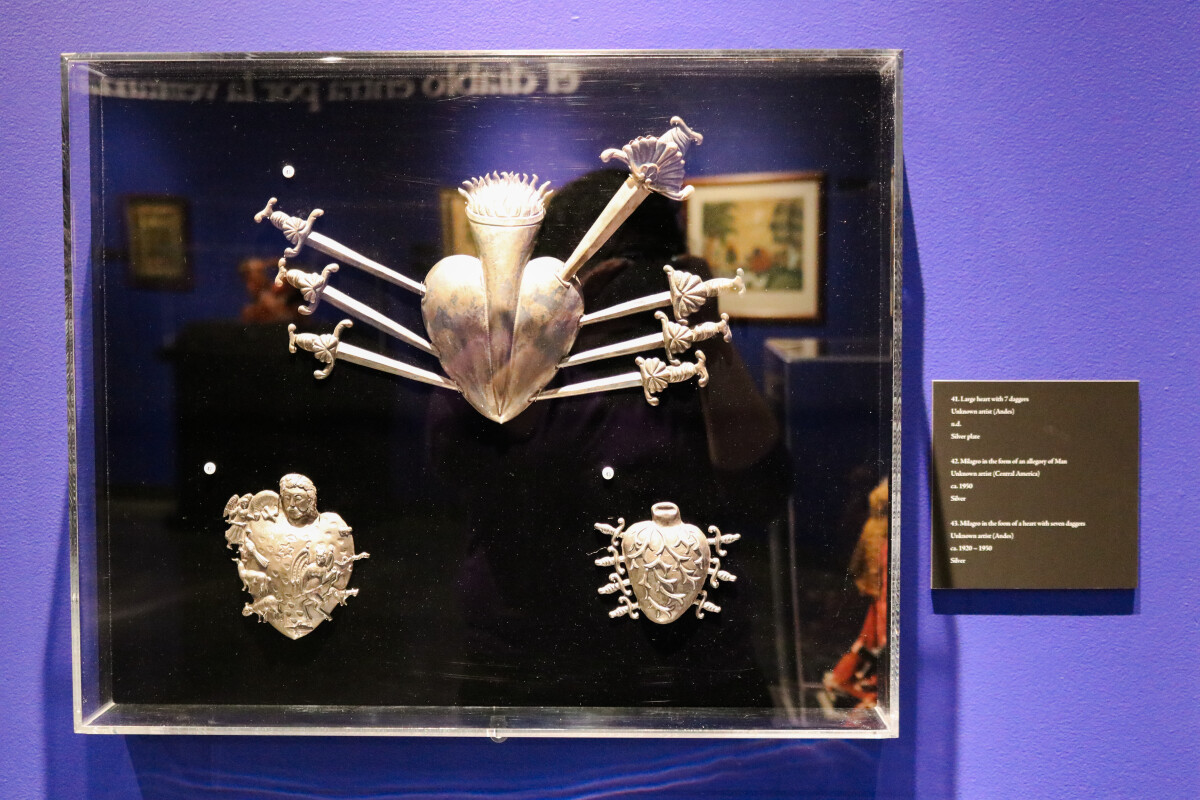
The Devil you Say!
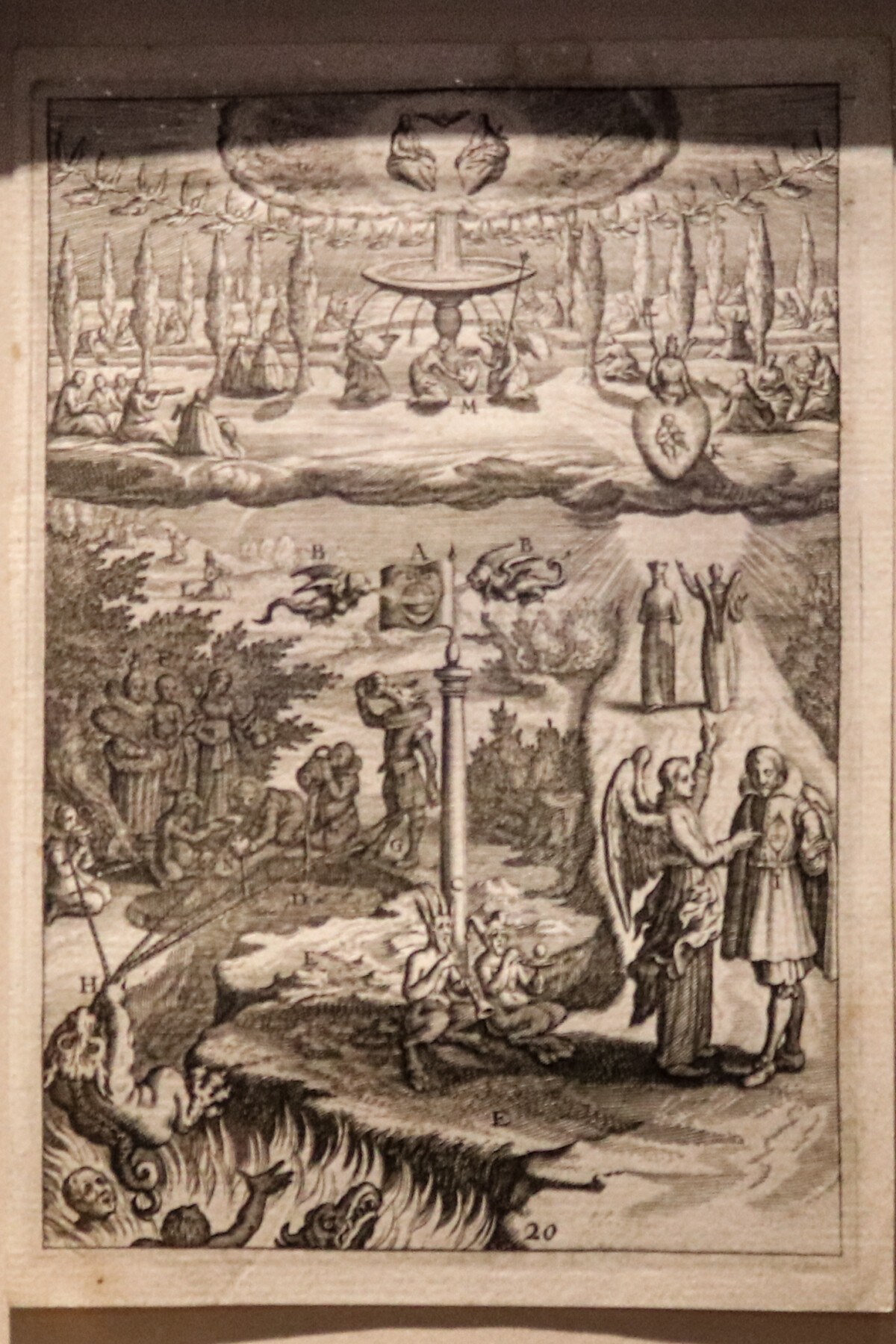
The Devil you Say!
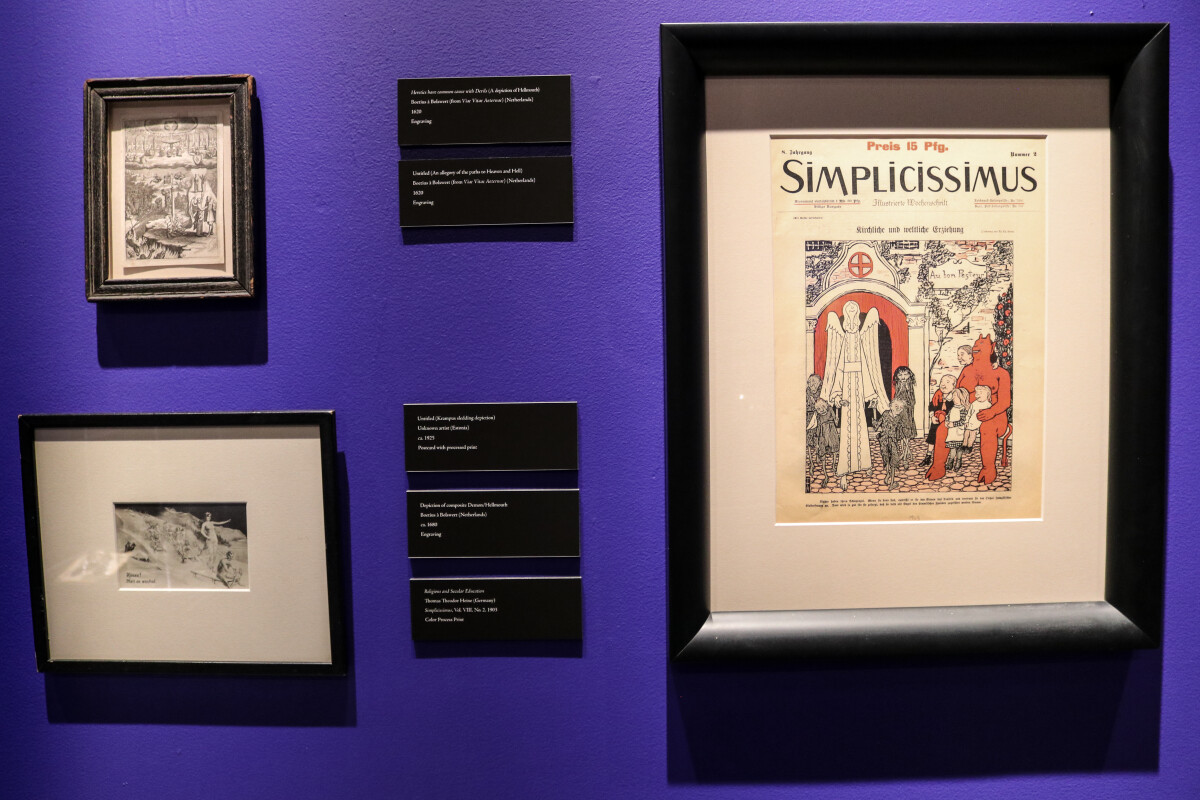
The Devil you Say!
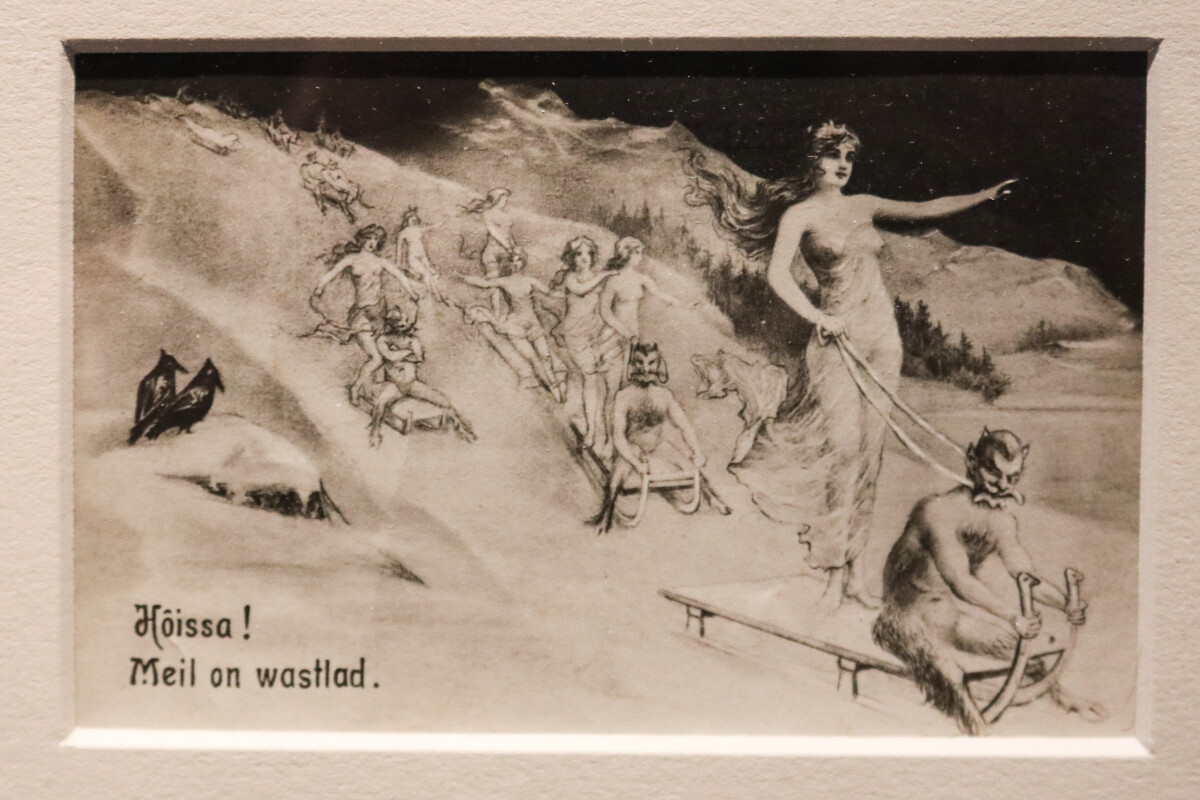
The Devil you Say!
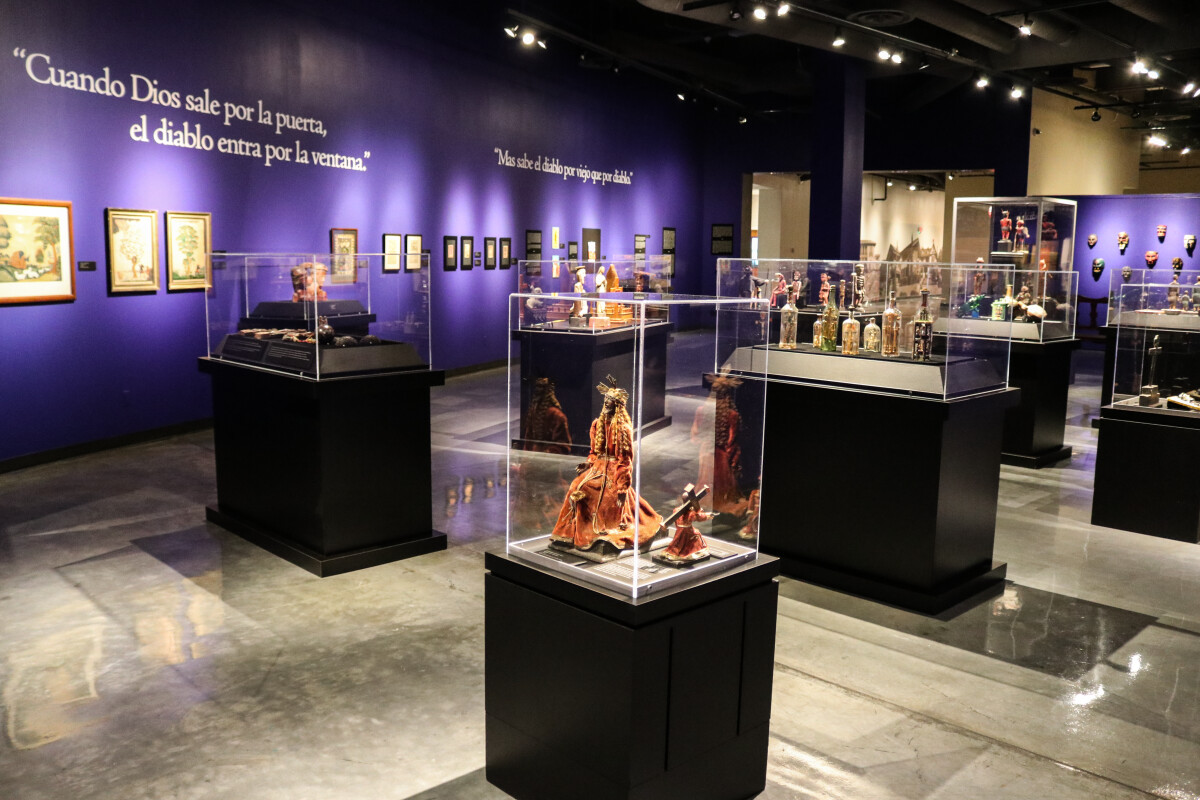
The Devil you Say!
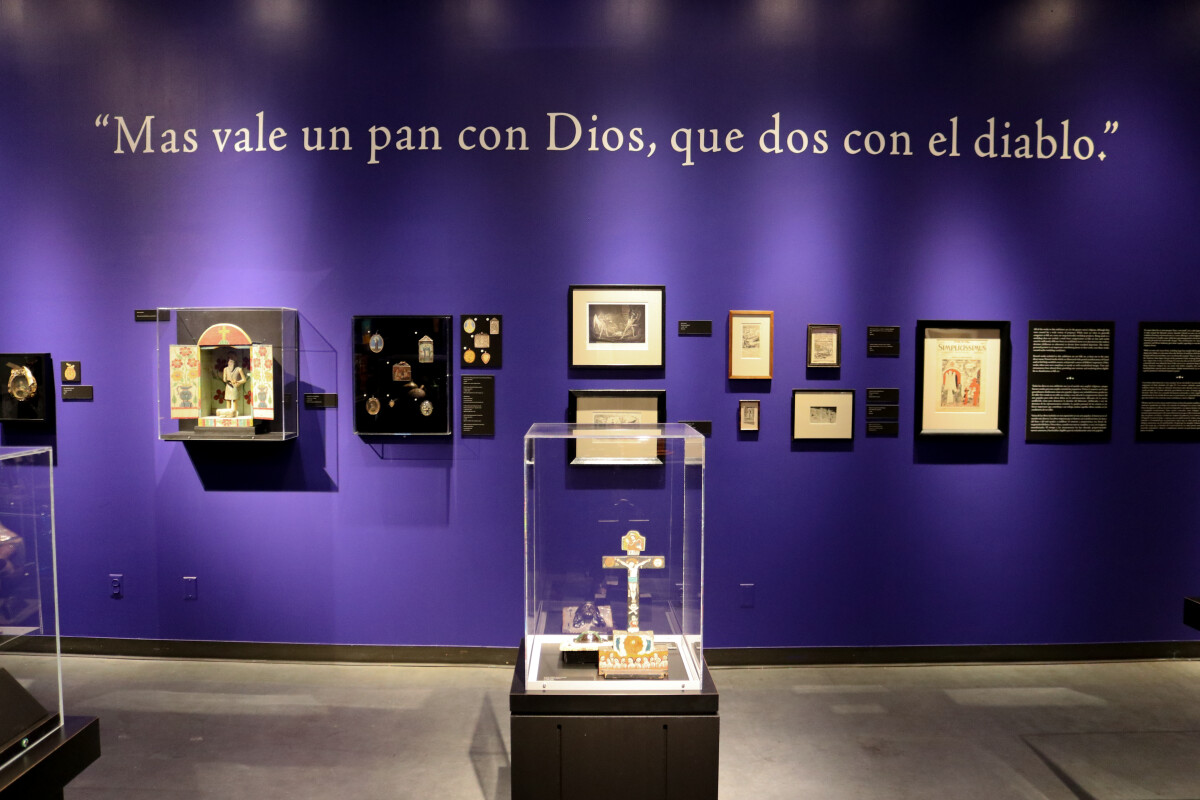
The Devil you Say!
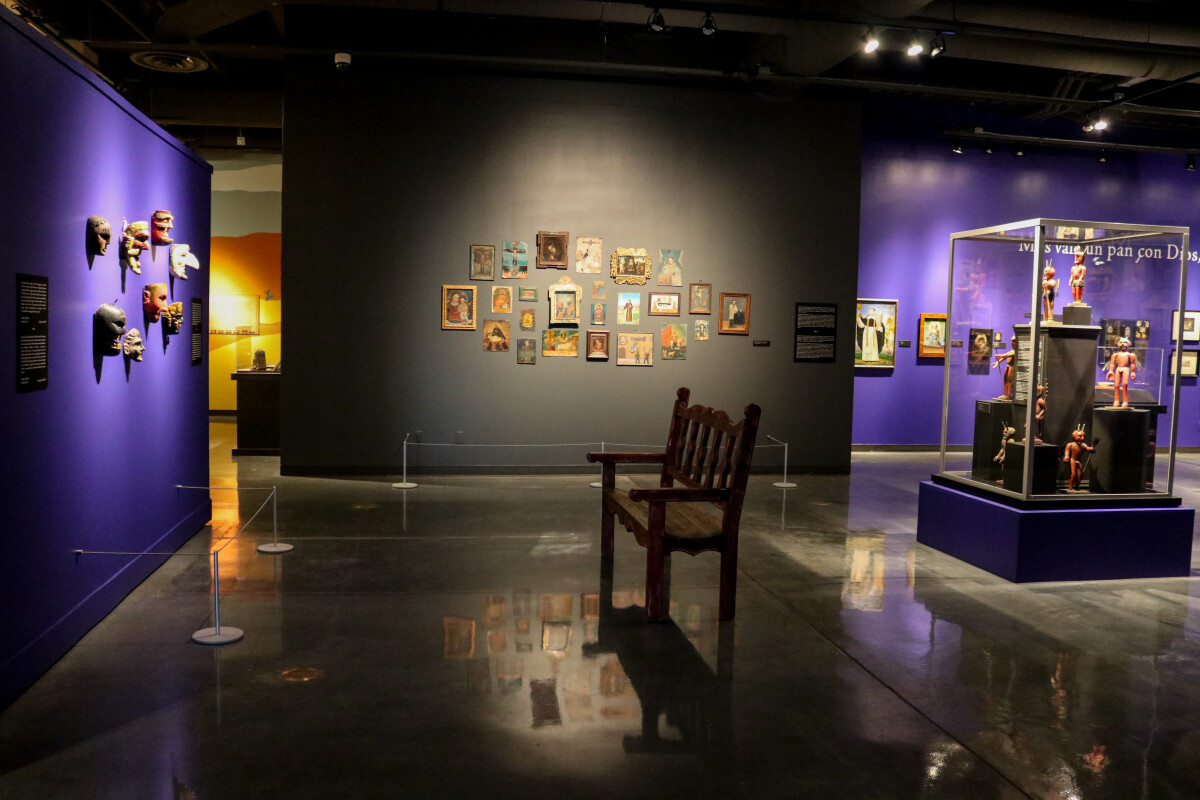
The Devil you Say!
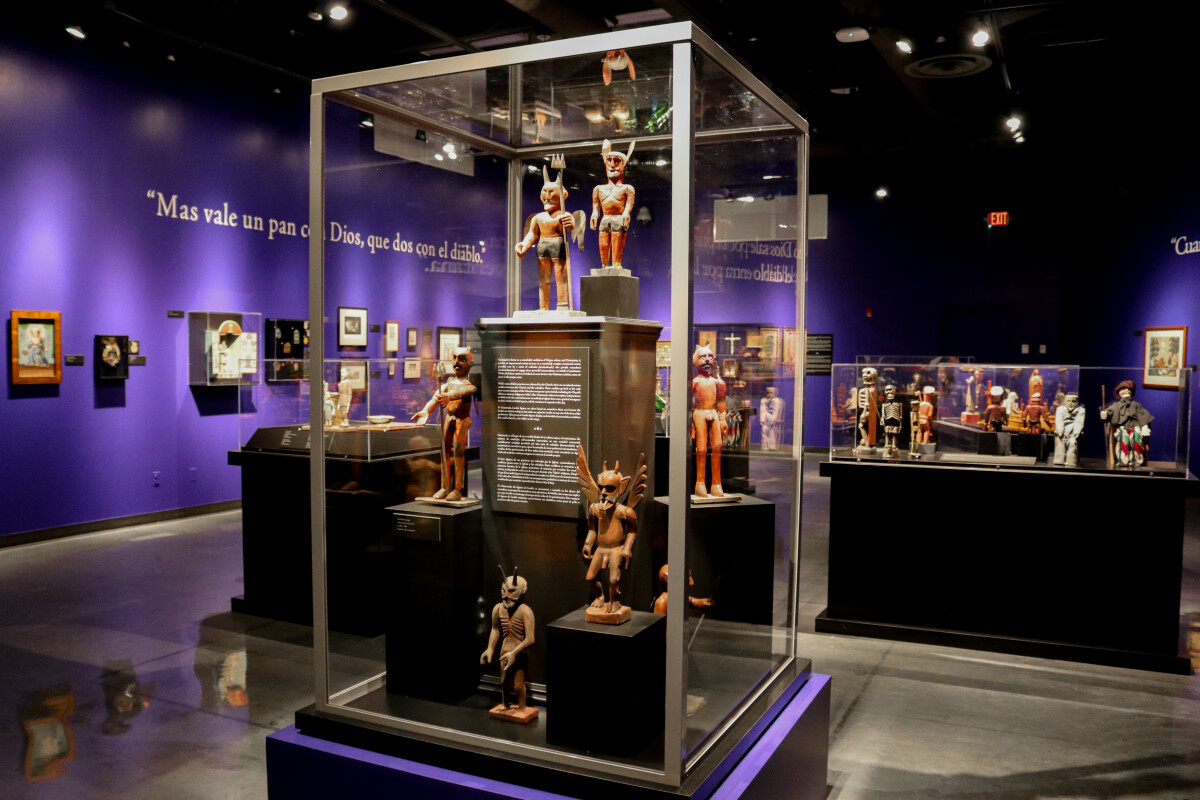
The Devil you Say! The Saintly and not so Saintly in Folk Art
The Devil you Say! The Saintly and not so Saintly, in Folk Art is an exhibition that aims to highlight the ascribed Christian concept of duality, good versus evil, and how that concept has historically shaped folk art practices in the Americas. the Latin American works included herein, are either early works that reflect a standardized formula of European training or are shaped by the artisans' interpretation of Christianity as understood and practices in a deeply rooted Indigenous/Mestizo identity. a section of U.S. American works is also included as it reifies religion-based folk art. This exhibition also includes works from Europe as well as works on paper. Finally, to complement and further provide context, we include accompanying excerpts from the exhibition catalogue written by collector and scholar Michael T. Ricker. We invite the audience to consider the works as a nod to both sides of one coin. The works selected for this exhibition come from a variety of cultures representing centuries of creativity. The inspiration of many of the artists in our exhibition, most of them anonymous, stems from personal belief, often of a profound nature. Some creations emerged from workshops, or near workshop environments, and were intended to meet market demands for devotional objects. Some works are decorative -- others are intended to be used in didactic of publicly devotional manner. some works are intended to profit from a buyer's unreasonable fear (or lack thereof), while others are objects of intense personal devotion, representing visions wildly abstracted from convention and difficult to reattach to established historical context. A few, defying any reasonable categorization, help keep the boundaries delightfully fuzzy.
Area: Central / Downtown
Source: El Paso Museum of History; Michael T. Ricker
Uploaded by: El Paso Museum of History
The Devil you Say! The Saintly and Not so Saintly, in Folk Art
The Devil you Say! The Saintly and not so Saintly, in Folk Art is an exhibition that aims to highlight the ascribed Christian concept of duality, good versus evil, and how that concept has historically shaped folk art practices in the Americas. the Latin American works included herein, are either early works that reflect a standardized formula of European training or are shaped by the artisans' interpretation of Christianity as understood and practices in a deeply rooted Indigenous/Mestizo identity. a section of U.S. American works is also included as it reifies religion-based folk art. This exhibition also includes works from Europe as well as works on paper. Finally, to complement and further provide context, we include accompanying excerpts from the exhibition catalogue written by collector and scholar Michael T. Ricker. We invite the audience to consider the works as a nod to both sides of one coin. The works selected for this exhibition come from a variety of cultures representing centuries of creativity. The inspiration of many of the artists in our exhibition, most of them anonymous, stems from personal belief, often of a profound nature. Some creations emerged from workshops, or near workshop environments, and were intended to meet market demands for devotional objects. Some works are decorative -- others are intended to be used in didactic of publicly devotional manner. some works are intended to profit from a buyer's unreasonable fear (or lack thereof), while others are objects of intense personal devotion, representing visions wildly abstracted from convention and difficult to reattach to established historical context. A few, defying any reasonable categorization, help keep the boundaries delightfully fuzzy.
Area: Central / Downtown
Source: El Paso Museum of History; Michael T. Ricker
Uploaded by: El Paso Museum of History
The Devil you Say! The Saintly and Not so Saintly, in Folk Art
The Devil you Say! The Saintly and not so Saintly, in Folk Art is an exhibition that aims to highlight the ascribed Christian concept of duality, good versus evil, and how that concept has historically shaped folk art practices in the Americas. the Latin American works included herein, are either early works that reflect a standardized formula of European training or are shaped by the artisans' interpretation of Christianity as understood and practices in a deeply rooted Indigenous/Mestizo identity. a section of U.S. American works is also included as it reifies religion-based folk art. This exhibition also includes works from Europe as well as works on paper. Finally, to complement and further provide context, we include accompanying excerpts from the exhibition catalogue written by collector and scholar Michael T. Ricker. We invite the audience to consider the works as a nod to both sides of one coin. The works selected for this exhibition come from a variety of cultures representing centuries of creativity. The inspiration of many of the artists in our exhibition, most of them anonymous, stems from personal belief, often of a profound nature. Some creations emerged from workshops, or near workshop environments, and were intended to meet market demands for devotional objects. Some works are decorative -- others are intended to be used in didactic of publicly devotional manner. some works are intended to profit from a buyer's unreasonable fear (or lack thereof), while others are objects of intense personal devotion, representing visions wildly abstracted from convention and difficult to reattach to established historical context. A few, defying any reasonable categorization, help keep the boundaries delightfully fuzzy.
Area: Central / Downtown
Source: El Paso Museum of History; Michael T. Ricker
Uploaded by: El Paso Museum of History
The Devil you Say! The Saintly and not so Saintly in Folk Art
The Devil you Say! The Saintly and not so Saintly, in Folk Art is an exhibition that aims to highlight the ascribed Christian concept of duality, good versus evil, and how that concept has historically shaped folk art practices in the Americas. the Latin American works included herein, are either early works that reflect a standardized formula of European training or are shaped by the artisans' interpretation of Christianity as understood and practices in a deeply rooted Indigenous/Mestizo identity. a section of U.S. American works is also included as it reifies religion-based folk art. This exhibition also includes works from Europe as well as works on paper. Finally, to complement and further provide context, we include accompanying excerpts from the exhibition catalogue written by collector and scholar Michael T. Ricker. We invite the audience to consider the works as a nod to both sides of one coin. The works selected for this exhibition come from a variety of cultures representing centuries of creativity. The inspiration of many of the artists in our exhibition, most of them anonymous, stems from personal belief, often of a profound nature. Some creations emerged from workshops, or near workshop environments, and were intended to meet market demands for devotional objects. Some works are decorative -- others are intended to be used in didactic of publicly devotional manner. some works are intended to profit from a buyer's unreasonable fear (or lack thereof), while others are objects of intense personal devotion, representing visions wildly abstracted from convention and difficult to reattach to established historical context. A few, defying any reasonable categorization, help keep the boundaries delightfully fuzzy.
Area: Central / Downtown
Source: El Paso Museum of History; Michael T. Ricker
Uploaded by: El Paso Museum of History
The Devil you Say! The Saintly and not so Saintly in Folk Art
The Devil you Say! The Saintly and not so Saintly, in Folk Art is an exhibition that aims to highlight the ascribed Christian concept of duality, good versus evil, and how that concept has historically shaped folk art practices in the Americas. the Latin American works included herein, are either early works that reflect a standardized formula of European training or are shaped by the artisans' interpretation of Christianity as understood and practices in a deeply rooted Indigenous/Mestizo identity. a section of U.S. American works is also included as it reifies religion-based folk art. This exhibition also includes works from Europe as well as works on paper. Finally, to complement and further provide context, we include accompanying excerpts from the exhibition catalogue written by collector and scholar Michael T. Ricker. We invite the audience to consider the works as a nod to both sides of one coin. The works selected for this exhibition come from a variety of cultures representing centuries of creativity. The inspiration of many of the artists in our exhibition, most of them anonymous, stems from personal belief, often of a profound nature. Some creations emerged from workshops, or near workshop environments, and were intended to meet market demands for devotional objects. Some works are decorative -- others are intended to be used in didactic of publicly devotional manner. some works are intended to profit from a buyer's unreasonable fear (or lack thereof), while others are objects of intense personal devotion, representing visions wildly abstracted from convention and difficult to reattach to established historical context. A few, defying any reasonable categorization, help keep the boundaries delightfully fuzzy
Area: Central / Downtown
Source: El Paso Museum of History; Michael T. Ricker
Uploaded by: El Paso Museum of History
The Devil you Say! The Saintly and not so Saintly in Folk Art
The Devil you Say! The Saintly and not so Saintly, in Folk Art is an exhibition that aims to highlight the ascribed Christian concept of duality, good versus evil, and how that concept has historically shaped folk art practices in the Americas. the Latin American works included herein, are either early works that reflect a standardized formula of European training or are shaped by the artisans' interpretation of Christianity as understood and practices in a deeply rooted Indigenous/Mestizo identity. a section of U.S. American works is also included as it reifies religion-based folk art. This exhibition also includes works from Europe as well as works on paper. Finally, to complement and further provide context, we include accompanying excerpts from the exhibition catalogue written by collector and scholar Michael T. Ricker. We invite the audience to consider the works as a nod to both sides of one coin. The works selected for this exhibition come from a variety of cultures representing centuries of creativity. The inspiration of many of the artists in our exhibition, most of them anonymous, stems from personal belief, often of a profound nature. Some creations emerged from workshops, or near workshop environments, and were intended to meet market demands for devotional objects. Some works are decorative -- others are intended to be used in didactic of publicly devotional manner. some works are intended to profit from a buyer's unreasonable fear (or lack thereof), while others are objects of intense personal devotion, representing visions wildly abstracted from convention and difficult to reattach to established historical context. A few, defying any reasonable categorization, help keep the boundaries delightfully fuzzy
Area: Central / Downtown
Source: El Paso Museum of History; Michael T. Ricker
Uploaded by: El Paso Museum of History
The Devil you Say! The Saintly and not so Saintly in Folk Art
The Devil you Say! The Saintly and not so Saintly, in Folk Art is an exhibition that aims to highlight the ascribed Christian concept of duality, good versus evil, and how that concept has historically shaped folk art practices in the Americas. the Latin American works included herein, are either early works that reflect a standardized formula of European training or are shaped by the artisans' interpretation of Christianity as understood and practices in a deeply rooted Indigenous/Mestizo identity. a section of U.S. American works is also included as it reifies religion-based folk art. This exhibition also includes works from Europe as well as works on paper. Finally, to complement and further provide context, we include accompanying excerpts from the exhibition catalogue written by collector and scholar Michael T. Ricker. We invite the audience to consider the works as a nod to both sides of one coin. The works selected for this exhibition come from a variety of cultures representing centuries of creativity. The inspiration of many of the artists in our exhibition, most of them anonymous, stems from personal belief, often of a profound nature. Some creations emerged from workshops, or near workshop environments, and were intended to meet market demands for devotional objects. Some works are decorative -- others are intended to be used in didactic of publicly devotional manner. some works are intended to profit from a buyer's unreasonable fear (or lack thereof), while others are objects of intense personal devotion, representing visions wildly abstracted from convention and difficult to reattach to established historical context. A few, defying any reasonable categorization, help keep the boundaries delightfully fuzzy.
Area: Central / Downtown
Source: El Paso Museum of History; Michael T. Ricker
Uploaded by: El Paso Museum of History
The Devil you Say! The Saintly and not so Saintly in Folk Art
The Devil you Say! The Saintly and not so Saintly, in Folk Art is an exhibition that aims to highlight the ascribed Christian concept of duality, good versus evil, and how that concept has historically shaped folk art practices in the Americas. the Latin American works included herein, are either early works that reflect a standardized formula of European training or are shaped by the artisans' interpretation of Christianity as understood and practices in a deeply rooted Indigenous/Mestizo identity. a section of U.S. American works is also included as it reifies religion-based folk art. This exhibition also includes works from Europe as well as works on paper. Finally, to complement and further provide context, we include accompanying excerpts from the exhibition catalogue written by collector and scholar Michael T. Ricker. We invite the audience to consider the works as a nod to both sides of one coin. The works selected for this exhibition come from a variety of cultures representing centuries of creativity. The inspiration of many of the artists in our exhibition, most of them anonymous, stems from personal belief, often of a profound nature. Some creations emerged from workshops, or near workshop environments, and were intended to meet market demands for devotional objects. Some works are decorative -- others are intended to be used in didactic of publicly devotional manner. some works are intended to profit from a buyer's unreasonable fear (or lack thereof), while others are objects of intense personal devotion, representing visions wildly abstracted from convention and difficult to reattach to established historical context. A few, defying any reasonable categorization, help keep the boundaries delightfully fuzzy.
Area: Central / Downtown
Source: El Paso Museum of History; Michael T. Ricker
Uploaded by: El Paso Museum of History
The Devil you Say! The Saintly and not so Saintly in Folk Art
The Devil you Say! The Saintly and not so Saintly, in Folk Art is an exhibition that aims to highlight the ascribed Christian concept of duality, good versus evil, and how that concept has historically shaped folk art practices in the Americas. the Latin American works included herein, are either early works that reflect a standardized formula of European training or are shaped by the artisans' interpretation of Christianity as understood and practices in a deeply rooted Indigenous/Mestizo identity. a section of U.S. American works is also included as it reifies religion-based folk art. This exhibition also includes works from Europe as well as works on paper. Finally, to complement and further provide context, we include accompanying excerpts from the exhibition catalogue written by collector and scholar Michael T. Ricker. We invite the audience to consider the works as a nod to both sides of one coin. The works selected for this exhibition come from a variety of cultures representing centuries of creativity. The inspiration of many of the artists in our exhibition, most of them anonymous, stems from personal belief, often of a profound nature. Some creations emerged from workshops, or near workshop environments, and were intended to meet market demands for devotional objects. Some works are decorative -- others are intended to be used in didactic of publicly devotional manner. some works are intended to profit from a buyer's unreasonable fear (or lack thereof), while others are objects of intense personal devotion, representing visions wildly abstracted from convention and difficult to reattach to established historical context. A few, defying any reasonable categorization, help keep the boundaries delightfully fuzzy.
Area: Central / Downtown
Source: El Paso Museum of History; Michael T. Ricker
Uploaded by: El Paso Museum of History
The Devil you Say! The Saintly and not so Saintly in Folk Art
The Devil you Say! The Saintly and not so Saintly, in Folk Art is an exhibition that aims to highlight the ascribed Christian concept of duality, good versus evil, and how that concept has historically shaped folk art practices in the Americas. the Latin American works included herein, are either early works that reflect a standardized formula of European training or are shaped by the artisans' interpretation of Christianity as understood and practices in a deeply rooted Indigenous/Mestizo identity. a section of U.S. American works is also included as it reifies religion-based folk art. This exhibition also includes works from Europe as well as works on paper. Finally, to complement and further provide context, we include accompanying excerpts from the exhibition catalogue written by collector and scholar Michael T. Ricker. We invite the audience to consider the works as a nod to both sides of one coin. The works selected for this exhibition come from a variety of cultures representing centuries of creativity. The inspiration of many of the artists in our exhibition, most of them anonymous, stems from personal belief, often of a profound nature. Some creations emerged from workshops, or near workshop environments, and were intended to meet market demands for devotional objects. Some works are decorative -- others are intended to be used in didactic of publicly devotional manner. some works are intended to profit from a buyer's unreasonable fear (or lack thereof), while others are objects of intense personal devotion, representing visions wildly abstracted from convention and difficult to reattach to established historical context. A few, defying any reasonable categorization, help keep the boundaries delightfully fuzzy.
Area: Central / Downtown
Source: El Paso Museum of History; Michael T. Ricker
Uploaded by: El Paso Museum of History
The Devil you Say! The Saintly and not so Saintly in Folk Art
The Devil you Say! The Saintly and not so Saintly, in Folk Art is an exhibition that aims to highlight the ascribed Christian concept of duality, good versus evil, and how that concept has historically shaped folk art practices in the Americas. the Latin American works included herein, are either early works that reflect a standardized formula of European training or are shaped by the artisans' interpretation of Christianity as understood and practices in a deeply rooted Indigenous/Mestizo identity. a section of U.S. American works is also included as it reifies religion-based folk art. This exhibition also includes works from Europe as well as works on paper. Finally, to complement and further provide context, we include accompanying excerpts from the exhibition catalogue written by collector and scholar Michael T. Ricker. We invite the audience to consider the works as a nod to both sides of one coin. The works selected for this exhibition come from a variety of cultures representing centuries of creativity. The inspiration of many of the artists in our exhibition, most of them anonymous, stems from personal belief, often of a profound nature. Some creations emerged from workshops, or near workshop environments, and were intended to meet market demands for devotional objects. Some works are decorative -- others are intended to be used in didactic of publicly devotional manner. some works are intended to profit from a buyer's unreasonable fear (or lack thereof), while others are objects of intense personal devotion, representing visions wildly abstracted from convention and difficult to reattach to established historical context. A few, defying any reasonable categorization, help keep the boundaries delightfully fuzzy.
Area: Central / Downtown
Source: El Paso Museum of History; Michael T. Ricker
Uploaded by: El Paso Museum of History
The Devil you Say! The Saintly and not so Saintly in Folk Art
The Devil you Say! The Saintly and not so Saintly, in Folk Art is an exhibition that aims to highlight the ascribed Christian concept of duality, good versus evil, and how that concept has historically shaped folk art practices in the Americas. the Latin American works included herein, are either early works that reflect a standardized formula of European training or are shaped by the artisans' interpretation of Christianity as understood and practices in a deeply rooted Indigenous/Mestizo identity. a section of U.S. American works is also included as it reifies religion-based folk art. This exhibition also includes works from Europe as well as works on paper. Finally, to complement and further provide context, we include accompanying excerpts from the exhibition catalogue written by collector and scholar Michael T. Ricker. We invite the audience to consider the works as a nod to both sides of one coin. The works selected for this exhibition come from a variety of cultures representing centuries of creativity. The inspiration of many of the artists in our exhibition, most of them anonymous, stems from personal belief, often of a profound nature. Some creations emerged from workshops, or near workshop environments, and were intended to meet market demands for devotional objects. Some works are decorative -- others are intended to be used in didactic of publicly devotional manner. some works are intended to profit from a buyer's unreasonable fear (or lack thereof), while others are objects of intense personal devotion, representing visions wildly abstracted from convention and difficult to reattach to established historical context. A few, defying any reasonable categorization, help keep the boundaries delightfully fuzzy.
Area: Central / Downtown
Source: El Paso Museum of History; Michael T. Ricker
Uploaded by: El Paso Museum of History
The Devil you Say! The Saintly and not so Saintly in Folk Art
The Devil you Say! The Saintly and not so Saintly, in Folk Art is an exhibition that aims to highlight the ascribed Christian concept of duality, good versus evil, and how that concept has historically shaped folk art practices in the Americas. the Latin American works included herein, are either early works that reflect a standardized formula of European training or are shaped by the artisans' interpretation of Christianity as understood and practices in a deeply rooted Indigenous/Mestizo identity. a section of U.S. American works is also included as it reifies religion-based folk art. This exhibition also includes works from Europe as well as works on paper. Finally, to complement and further provide context, we include accompanying excerpts from the exhibition catalogue written by collector and scholar Michael T. Ricker. We invite the audience to consider the works as a nod to both sides of one coin. The works selected for this exhibition come from a variety of cultures representing centuries of creativity. The inspiration of many of the artists in our exhibition, most of them anonymous, stems from personal belief, often of a profound nature. Some creations emerged from workshops, or near workshop environments, and were intended to meet market demands for devotional objects. Some works are decorative -- others are intended to be used in didactic of publicly devotional manner. some works are intended to profit from a buyer's unreasonable fear (or lack thereof), while others are objects of intense personal devotion, representing visions wildly abstracted from convention and difficult to reattach to established historical context. A few, defying any reasonable categorization, help keep the boundaries delightfully fuzzy.
Area: Central / Downtown
Source: El Paso Museum of History; Michael T. Ricker
Uploaded by: El Paso Museum of History
The Devil you Say! The Saintly and not so Saintly in Folk Art
The Devil you Say! The Saintly and not so Saintly, in Folk Art is an exhibition that aims to highlight the ascribed Christian concept of duality, good versus evil, and how that concept has historically shaped folk art practices in the Americas. the Latin American works included herein, are either early works that reflect a standardized formula of European training or are shaped by the artisans' interpretation of Christianity as understood and practices in a deeply rooted Indigenous/Mestizo identity. a section of U.S. American works is also included as it reifies religion-based folk art. This exhibition also includes works from Europe as well as works on paper. Finally, to complement and further provide context, we include accompanying excerpts from the exhibition catalogue written by collector and scholar Michael T. Ricker. We invite the audience to consider the works as a nod to both sides of one coin. The works selected for this exhibition come from a variety of cultures representing centuries of creativity. The inspiration of many of the artists in our exhibition, most of them anonymous, stems from personal belief, often of a profound nature. Some creations emerged from workshops, or near workshop environments, and were intended to meet market demands for devotional objects. Some works are decorative -- others are intended to be used in didactic of publicly devotional manner. some works are intended to profit from a buyer's unreasonable fear (or lack thereof), while others are objects of intense personal devotion, representing visions wildly abstracted from convention and difficult to reattach to established historical context. A few, defying any reasonable categorization, help keep the boundaries delightfully fuzzy.
Area: Central / Downtown
Source: El Paso Museum of History; Michael T. Ricker
Uploaded by: El Paso Museum of History
The Devil you Say! The Saintly and not so Saintly in Folk Art
The Devil you Say! The Saintly and not so Saintly, in Folk Art is an exhibition that aims to highlight the ascribed Christian concept of duality, good versus evil, and how that concept has historically shaped folk art practices in the Americas. the Latin American works included herein, are either early works that reflect a standardized formula of European training or are shaped by the artisans' interpretation of Christianity as understood and practices in a deeply rooted Indigenous/Mestizo identity. a section of U.S. American works is also included as it reifies religion-based folk art. This exhibition also includes works from Europe as well as works on paper. Finally, to complement and further provide context, we include accompanying excerpts from the exhibition catalogue written by collector and scholar Michael T. Ricker. We invite the audience to consider the works as a nod to both sides of one coin. The works selected for this exhibition come from a variety of cultures representing centuries of creativity. The inspiration of many of the artists in our exhibition, most of them anonymous, stems from personal belief, often of a profound nature. Some creations emerged from workshops, or near workshop environments, and were intended to meet market demands for devotional objects. Some works are decorative -- others are intended to be used in didactic of publicly devotional manner. some works are intended to profit from a buyer's unreasonable fear (or lack thereof), while others are objects of intense personal devotion, representing visions wildly abstracted from convention and difficult to reattach to established historical context. A few, defying any reasonable categorization, help keep the boundaries delightfully fuzzy.
Area: Central / Downtown
Source: El Paso Museum of History; Michael T. Ricker
Uploaded by: El Paso Museum of History
The Devil you Say! The Saintly and not so Saintly in Folk Art
The Devil you Say! The Saintly and not so Saintly, in Folk Art is an exhibition that aims to highlight the ascribed Christian concept of duality, good versus evil, and how that concept has historically shaped folk art practices in the Americas. the Latin American works included herein, are either early works that reflect a standardized formula of European training or are shaped by the artisans' interpretation of Christianity as understood and practices in a deeply rooted Indigenous/Mestizo identity. a section of U.S. American works is also included as it reifies religion-based folk art. This exhibition also includes works from Europe as well as works on paper. Finally, to complement and further provide context, we include accompanying excerpts from the exhibition catalogue written by collector and scholar Michael T. Ricker. We invite the audience to consider the works as a nod to both sides of one coin. The works selected for this exhibition come from a variety of cultures representing centuries of creativity. The inspiration of many of the artists in our exhibition, most of them anonymous, stems from personal belief, often of a profound nature. Some creations emerged from workshops, or near workshop environments, and were intended to meet market demands for devotional objects. Some works are decorative -- others are intended to be used in didactic of publicly devotional manner. some works are intended to profit from a buyer's unreasonable fear (or lack thereof), while others are objects of intense personal devotion, representing visions wildly abstracted from convention and difficult to reattach to established historical context. A few, defying any reasonable categorization, help keep the boundaries delightfully fuzzy.
Area: Central / Downtown
Source: El Paso Museum of History; Michael T. Ricker
Uploaded by: El Paso Museum of History
The Devil you Say! The Saintly and not so Saintly in Folk Art
The Devil you Say! The Saintly and not so Saintly, in Folk Art is an exhibition that aims to highlight the ascribed Christian concept of duality, good versus evil, and how that concept has historically shaped folk art practices in the Americas. the Latin American works included herein, are either early works that reflect a standardized formula of European training or are shaped by the artisans' interpretation of Christianity as understood and practices in a deeply rooted Indigenous/Mestizo identity. a section of U.S. American works is also included as it reifies religion-based folk art. This exhibition also includes works from Europe as well as works on paper. Finally, to complement and further provide context, we include accompanying excerpts from the exhibition catalogue written by collector and scholar Michael T. Ricker. We invite the audience to consider the works as a nod to both sides of one coin. The works selected for this exhibition come from a variety of cultures representing centuries of creativity. The inspiration of many of the artists in our exhibition, most of them anonymous, stems from personal belief, often of a profound nature. Some creations emerged from workshops, or near workshop environments, and were intended to meet market demands for devotional objects. Some works are decorative -- others are intended to be used in didactic of publicly devotional manner. some works are intended to profit from a buyer's unreasonable fear (or lack thereof), while others are objects of intense personal devotion, representing visions wildly abstracted from convention and difficult to reattach to established historical context. A few, defying any reasonable categorization, help keep the boundaries delightfully fuzzy.
Area: Central / Downtown
Source: El Paso Museum of History; Michael T. Ricker
Uploaded by: El Paso Museum of History
The Devil you Say! The Saintly and not so Saintly in Folk Art
The Devil you Say! The Saintly and not so Saintly, in Folk Art is an exhibition that aims to highlight the ascribed Christian concept of duality, good versus evil, and how that concept has historically shaped folk art practices in the Americas. the Latin American works included herein, are either early works that reflect a standardized formula of European training or are shaped by the artisans' interpretation of Christianity as understood and practices in a deeply rooted Indigenous/Mestizo identity. a section of U.S. American works is also included as it reifies religion-based folk art. This exhibition also includes works from Europe as well as works on paper. Finally, to complement and further provide context, we include accompanying excerpts from the exhibition catalogue written by collector and scholar Michael T. Ricker. We invite the audience to consider the works as a nod to both sides of one coin. “The works selected for this exhibition come from a variety of cultures representing centuries of creativity. The inspiration of many of the artists in our exhibition, most of them anonymous, stems from personal belief, often of a profound nature. Some creations emerged from workshops, or near workshop environments, and were intended to meet market demands for devotional objects. Some works are decorative -- others are intended to be used in didactic of publicly devotional manner. some works are intended to profit from a buyer's unreasonable fear (or lack thereof), while others are objects of intense personal devotion, representing visions wildly abstracted from convention and difficult to reattach to established historical context. A few, defying any reasonable categorization, help keep the boundaries delightfully fuzzy.”- Michael T. Ricker, Collector
Area: Central / Downtown
Source: El Paso Museum of History; Michael T. Ricker
Uploaded by: El Paso Museum of History
The Devil you Say! The Saintly and not so Saintly in Folk Art
The Devil you Say! The Saintly and not so Saintly, in Folk Art is an exhibition that aims to highlight the ascribed Christian concept of duality, good versus evil, and how that concept has historically shaped folk art practices in the Americas. the Latin American works included herein, are either early works that reflect a standardized formula of European training or are shaped by the artisans' interpretation of Christianity as understood and practices in a deeply rooted Indigenous/Mestizo identity. a section of U.S. American works is also included as it reifies religion-based folk art. This exhibition also includes works from Europe as well as works on paper. Finally, to complement and further provide context, we include accompanying excerpts from the exhibition catalogue written by collector and scholar Michael T. Ricker. We invite the audience to consider the works as a nod to both sides of one coin. “The works selected for this exhibition come from a variety of cultures representing centuries of creativity. The inspiration of many of the artists in our exhibition, most of them anonymous, stems from personal belief, often of a profound nature. Some creations emerged from workshops, or near workshop environments, and were intended to meet market demands for devotional objects. Some works are decorative -- others are intended to be used in didactic of publicly devotional manner. some works are intended to profit from a buyer's unreasonable fear (or lack thereof), while others are objects of intense personal devotion, representing visions wildly abstracted from convention and difficult to reattach to established historical context. A few, defying any reasonable categorization, help keep the boundaries delightfully fuzzy.”- Michael T. Ricker, Collector
Area: Central / Downtown
Source: El Paso Museum of History; Michael T. Ricker
Uploaded by: El Paso Museum of History
The Devil you Say! The Saintly and not so Saintly in Folk Art
The Devil you Say! The Saintly and not so Saintly, in Folk Art is an exhibition that aims to highlight the ascribed Christian concept of duality, good versus evil, and how that concept has historically shaped folk art practices in the Americas. the Latin American works included herein, are either early works that reflect a standardized formula of European training or are shaped by the artisans' interpretation of Christianity as understood and practices in a deeply rooted Indigenous/Mestizo identity. a section of U.S. American works is also included as it reifies religion-based folk art. This exhibition also includes works from Europe as well as works on paper. Finally, to complement and further provide context, we include accompanying excerpts from the exhibition catalogue written by collector and scholar Michael T. Ricker. We invite the audience to consider the works as a nod to both sides of one coin. “The works selected for this exhibition come from a variety of cultures representing centuries of creativity. The inspiration of many of the artists in our exhibition, most of them anonymous, stems from personal belief, often of a profound nature. Some creations emerged from workshops, or near workshop environments, and were intended to meet market demands for devotional objects. Some works are decorative -- others are intended to be used in didactic of publicly devotional manner. some works are intended to profit from a buyer's unreasonable fear (or lack thereof), while others are objects of intense personal devotion, representing visions wildly abstracted from convention and difficult to reattach to established historical context. A few, defying any reasonable categorization, help keep the boundaries delightfully fuzzy.”- Michael T. Ricker, Collector
Area: Central / Downtown
Source: El Paso Museum of History; Michael T. Ricker
Uploaded by: El Paso Museum of History
The Devil you Say! The Saintly and not so Saintly in Folk Art
The Devil you Say! The Saintly and not so Saintly, in Folk Art is an exhibition that aims to highlight the ascribed Christian concept of duality, good versus evil, and how that concept has historically shaped folk art practices in the Americas. the Latin American works included herein, are either early works that reflect a standardized formula of European training or are shaped by the artisans' interpretation of Christianity as understood and practices in a deeply rooted Indigenous/Mestizo identity. a section of U.S. American works is also included as it reifies religion-based folk art. This exhibition also includes works from Europe as well as works on paper. Finally, to complement and further provide context, we include accompanying excerpts from the exhibition catalogue written by collector and scholar Michael T. Ricker. We invite the audience to consider the works as a nod to both sides of one coin. “The works selected for this exhibition come from a variety of cultures representing centuries of creativity. The inspiration of many of the artists in our exhibition, most of them anonymous, stems from personal belief, often of a profound nature. Some creations emerged from workshops, or near workshop environments, and were intended to meet market demands for devotional objects. Some works are decorative -- others are intended to be used in didactic of publicly devotional manner. some works are intended to profit from a buyer's unreasonable fear (or lack thereof), while others are objects of intense personal devotion, representing visions wildly abstracted from convention and difficult to reattach to established historical context. A few, defying any reasonable categorization, help keep the boundaries delightfully fuzzy.”- Michael T. Ricker, Collector
Area: Central / Downtown
Source: El Paso Museum of History; Michael T. Ricker
Uploaded by: El Paso Museum of History
The Devil you Say! The Saintly and not so Saintly in Folk Art
The Devil you Say! The Saintly and not so Saintly, in Folk Art is an exhibition that aims to highlight the ascribed Christian concept of duality, good versus evil, and how that concept has historically shaped folk art practices in the Americas. the Latin American works included herein, are either early works that reflect a standardized formula of European training or are shaped by the artisans' interpretation of Christianity as understood and practices in a deeply rooted Indigenous/Mestizo identity. a section of U.S. American works is also included as it reifies religion-based folk art. This exhibition also includes works from Europe as well as works on paper. Finally, to complement and further provide context, we include accompanying excerpts from the exhibition catalogue written by collector and scholar Michael T. Ricker. We invite the audience to consider the works as a nod to both sides of one coin. The works selected for this exhibition come from a variety of cultures representing centuries of creativity. The inspiration of many of the artists in our exhibition, most of them anonymous, stems from personal belief, often of a profound nature. Some creations emerged from workshops, or near workshop environments, and were intended to meet market demands for devotional objects. Some works are decorative -- others are intended to be used in didactic of publicly devotional manner. some works are intended to profit from a buyer's unreasonable fear (or lack thereof), while others are objects of intense personal devotion, representing visions wildly abstracted from convention and difficult to reattach to established historical context. A few, defying any reasonable categorization, help keep the boundaries delightfully fuzzy.
Area: Central / Downtown
Source: El Paso Museum of History; Michael T. Ricker
Uploaded by: El Paso Museum of History
The Devil you Say! The Saintly and not so Saintly in Folk Art
The Devil you Say! The Saintly and not so Saintly, in Folk Art is an exhibition that aims to highlight the ascribed Christian concept of duality, good versus evil, and how that concept has historically shaped folk art practices in the Americas. the Latin American works included herein, are either early works that reflect a standardized formula of European training or are shaped by the artisans' interpretation of Christianity as understood and practices in a deeply rooted Indigenous/Mestizo identity. a section of U.S. American works is also included as it reifies religion-based folk art. This exhibition also includes works from Europe as well as works on paper. Finally, to complement and further provide context, we include accompanying excerpts from the exhibition catalogue written by collector and scholar Michael T. Ricker. We invite the audience to consider the works as a nod to both sides of one coin. “The works selected for this exhibition come from a variety of cultures representing centuries of creativity. The inspiration of many of the artists in our exhibition, most of them anonymous, stems from personal belief, often of a profound nature. Some creations emerged from workshops, or near workshop environments, and were intended to meet market demands for devotional objects. Some works are decorative -- others are intended to be used in didactic of publicly devotional manner. some works are intended to profit from a buyer's unreasonable fear (or lack thereof), while others are objects of intense personal devotion, representing visions wildly abstracted from convention and difficult to reattach to established historical context. A few, defying any reasonable categorization, help keep the boundaries delightfully fuzzy.”- Michael T. Ricker, Collector
Area: Central / Downtown
Source: El Paso Museum of History; Michael T. Ricker
Uploaded by: El Paso Museum of History
The Devil you Say! The Saintly and not so Saintly in Folk Art
The Devil you Say! The Saintly and not so Saintly, in Folk Art is an exhibition that aims to highlight the ascribed Christian concept of duality, good versus evil, and how that concept has historically shaped folk art practices in the Americas. the Latin American works included herein, are either early works that reflect a standardized formula of European training or are shaped by the artisans' interpretation of Christianity as understood and practices in a deeply rooted Indigenous/Mestizo identity. a section of U.S. American works is also included as it reifies religion-based folk art. This exhibition also includes works from Europe as well as works on paper. Finally, to complement and further provide context, we include accompanying excerpts from the exhibition catalogue written by collector and scholar Michael T. Ricker. We invite the audience to consider the works as a nod to both sides of one coin. “The works selected for this exhibition come from a variety of cultures representing centuries of creativity. The inspiration of many of the artists in our exhibition, most of them anonymous, stems from personal belief, often of a profound nature. Some creations emerged from workshops, or near workshop environments, and were intended to meet market demands for devotional objects. Some works are decorative -- others are intended to be used in didactic of publicly devotional manner. some works are intended to profit from a buyer's unreasonable fear (or lack thereof), while others are objects of intense personal devotion, representing visions wildly abstracted from convention and difficult to reattach to established historical context. A few, defying any reasonable categorization, help keep the boundaries delightfully fuzzy.”- Michael T. Ricker, Collector
Area: Central / Downtown
Source: El Paso Museum of History; Michael T. Ricker
Uploaded by: El Paso Museum of History
The Devil you Say! The Saintly and not so Saintly in Folk Art
The Devil you Say! The Saintly and not so Saintly, in Folk Art is an exhibition that aims to highlight the ascribed Christian concept of duality, good versus evil, and how that concept has historically shaped folk art practices in the Americas. the Latin American works included herein, are either early works that reflect a standardized formula of European training or are shaped by the artisans' interpretation of Christianity as understood and practices in a deeply rooted Indigenous/Mestizo identity. a section of U.S. American works is also included as it reifies religion-based folk art. This exhibition also includes works from Europe as well as works on paper. Finally, to complement and further provide context, we include accompanying excerpts from the exhibition catalogue written by collector and scholar Michael T. Ricker. We invite the audience to consider the works as a nod to both sides of one coin. “The works selected for this exhibition come from a variety of cultures representing centuries of creativity. The inspiration of many of the artists in our exhibition, most of them anonymous, stems from personal belief, often of a profound nature. Some creations emerged from workshops, or near workshop environments, and were intended to meet market demands for devotional objects. Some works are decorative -- others are intended to be used in didactic of publicly devotional manner. some works are intended to profit from a buyer's unreasonable fear (or lack thereof), while others are objects of intense personal devotion, representing visions wildly abstracted from convention and difficult to reattach to established historical context. A few, defying any reasonable categorization, help keep the boundaries delightfully fuzzy.”- Michael T. Ricker, Collector
Area: Central / Downtown
Source: El Paso Museum of History; Michael T. Ricker
Uploaded by: El Paso Museum of History
The Devil you Say! The Saintly and not so Saintly in Folk Art
The Devil you Say! The Saintly and not so Saintly, in Folk Art is an exhibition that aims to highlight the ascribed Christian concept of duality, good versus evil, and how that concept has historically shaped folk art practices in the Americas. the Latin American works included herein, are either early works that reflect a standardized formula of European training or are shaped by the artisans' interpretation of Christianity as understood and practices in a deeply rooted Indigenous/Mestizo identity. a section of U.S. American works is also included as it reifies religion-based folk art. This exhibition also includes works from Europe as well as works on paper. Finally, to complement and further provide context, we include accompanying excerpts from the exhibition catalogue written by collector and scholar Michael T. Ricker. We invite the audience to consider the works as a nod to both sides of one coin. “The works selected for this exhibition come from a variety of cultures representing centuries of creativity. The inspiration of many of the artists in our exhibition, most of them anonymous, stems from personal belief, often of a profound nature. Some creations emerged from workshops, or near workshop environments, and were intended to meet market demands for devotional objects. Some works are decorative -- others are intended to be used in didactic of publicly devotional manner. some works are intended to profit from a buyer's unreasonable fear (or lack thereof), while others are objects of intense personal devotion, representing visions wildly abstracted from convention and difficult to reattach to established historical context. A few, defying any reasonable categorization, help keep the boundaries delightfully fuzzy.”- Michael T. Ricker, Collector
Area: Central / Downtown
Source: El Paso Museum of History; Michael T. Ricker
Uploaded by: El Paso Museum of History
The Devil you Say! The Saintly and not so Saintly in Folk Art
The Devil you Say! The Saintly and not so Saintly, in Folk Art is an exhibition that aims to highlight the ascribed Christian concept of duality, good versus evil, and how that concept has historically shaped folk art practices in the Americas. the Latin American works included herein, are either early works that reflect a standardized formula of European training or are shaped by the artisans' interpretation of Christianity as understood and practices in a deeply rooted Indigenous/Mestizo identity. a section of U.S. American works is also included as it reifies religion-based folk art. This exhibition also includes works from Europe as well as works on paper. Finally, to complement and further provide context, we include accompanying excerpts from the exhibition catalogue written by collector and scholar Michael T. Ricker. We invite the audience to consider the works as a nod to both sides of one coin. “The works selected for this exhibition come from a variety of cultures representing centuries of creativity. The inspiration of many of the artists in our exhibition, most of them anonymous, stems from personal belief, often of a profound nature. Some creations emerged from workshops, or near workshop environments, and were intended to meet market demands for devotional objects. Some works are decorative -- others are intended to be used in didactic of publicly devotional manner. some works are intended to profit from a buyer's unreasonable fear (or lack thereof), while others are objects of intense personal devotion, representing visions wildly abstracted from convention and difficult to reattach to established historical context. A few, defying any reasonable categorization, help keep the boundaries delightfully fuzzy.”- Michael T. Ricker, Collector
Area: Central / Downtown
Source: El Paso Museum of History; Michael T. Ricker
Uploaded by: El Paso Museum of History
The Devil you Say! The Saintly and not so Saintly in Folk Art
The Devil you Say! The Saintly and not so Saintly, in Folk Art is an exhibition that aims to highlight the ascribed Christian concept of duality, good versus evil, and how that concept has historically shaped folk art practices in the Americas. the Latin American works included herein, are either early works that reflect a standardized formula of European training or are shaped by the artisans' interpretation of Christianity as understood and practices in a deeply rooted Indigenous/Mestizo identity. a section of U.S. American works is also included as it reifies religion-based folk art. This exhibition also includes works from Europe as well as works on paper. Finally, to complement and further provide context, we include accompanying excerpts from the exhibition catalogue written by collector and scholar Michael T. Ricker. We invite the audience to consider the works as a nod to both sides of one coin. “The works selected for this exhibition come from a variety of cultures representing centuries of creativity. The inspiration of many of the artists in our exhibition, most of them anonymous, stems from personal belief, often of a profound nature. Some creations emerged from workshops, or near workshop environments, and were intended to meet market demands for devotional objects. Some works are decorative -- others are intended to be used in didactic of publicly devotional manner. some works are intended to profit from a buyer's unreasonable fear (or lack thereof), while others are objects of intense personal devotion, representing visions wildly abstracted from convention and difficult to reattach to established historical context. A few, defying any reasonable categorization, help keep the boundaries delightfully fuzzy.”- Michael T. Ricker, Collector
Area: Central / Downtown
Source: El Paso Museum of History; Michael T. Ricker
Uploaded by: El Paso Museum of History
The Devil you Say! The Saintly and not so Saintly in Folk Art
The Devil you Say! The Saintly and not so Saintly, in Folk Art is an exhibition that aims to highlight the ascribed Christian concept of duality, good versus evil, and how that concept has historically shaped folk art practices in the Americas. the Latin American works included herein, are either early works that reflect a standardized formula of European training or are shaped by the artisans' interpretation of Christianity as understood and practices in a deeply rooted Indigenous/Mestizo identity. a section of U.S. American works is also included as it reifies religion-based folk art. This exhibition also includes works from Europe as well as works on paper. Finally, to complement and further provide context, we include accompanying excerpts from the exhibition catalogue written by collector and scholar Michael T. Ricker. We invite the audience to consider the works as a nod to both sides of one coin. “The works selected for this exhibition come from a variety of cultures representing centuries of creativity. The inspiration of many of the artists in our exhibition, most of them anonymous, stems from personal belief, often of a profound nature. Some creations emerged from workshops, or near workshop environments, and were intended to meet market demands for devotional objects. Some works are decorative -- others are intended to be used in didactic of publicly devotional manner. some works are intended to profit from a buyer's unreasonable fear (or lack thereof), while others are objects of intense personal devotion, representing visions wildly abstracted from convention and difficult to reattach to established historical context. A few, defying any reasonable categorization, help keep the boundaries delightfully fuzzy.”- Michael T. Ricker, Collector
Area: Central / Downtown
Source: El Paso Museum of History; Michael T. Ricker
Uploaded by: El Paso Museum of History
The Devil you Say! The Saintly and not so Saintly in Folk Art
The Devil you Say! The Saintly and not so Saintly, in Folk Art is an exhibition that aims to highlight the ascribed Christian concept of duality, good versus evil, and how that concept has historically shaped folk art practices in the Americas. the Latin American works included herein, are either early works that reflect a standardized formula of European training or are shaped by the artisans' interpretation of Christianity as understood and practices in a deeply rooted Indigenous/Mestizo identity. a section of U.S. American works is also included as it reifies religion-based folk art. This exhibition also includes works from Europe as well as works on paper. Finally, to complement and further provide context, we include accompanying excerpts from the exhibition catalogue written by collector and scholar Michael T. Ricker. We invite the audience to consider the works as a nod to both sides of one coin. “The works selected for this exhibition come from a variety of cultures representing centuries of creativity. The inspiration of many of the artists in our exhibition, most of them anonymous, stems from personal belief, often of a profound nature. Some creations emerged from workshops, or near workshop environments, and were intended to meet market demands for devotional objects. Some works are decorative -- others are intended to be used in didactic of publicly devotional manner. some works are intended to profit from a buyer's unreasonable fear (or lack thereof), while others are objects of intense personal devotion, representing visions wildly abstracted from convention and difficult to reattach to established historical context. A few, defying any reasonable categorization, help keep the boundaries delightfully fuzzy.”- Michael T. Ricker, Collector
Area: Central / Downtown
Source: El Paso Museum of History; Michael T. Ricker
Uploaded by: El Paso Museum of History
The Devil you Say! The Saintly and not so Saintly in Folk Art
The Devil you Say! The Saintly and not so Saintly, in Folk Art is an exhibition that aims to highlight the ascribed Christian concept of duality, good versus evil, and how that concept has historically shaped folk art practices in the Americas. the Latin American works included herein, are either early works that reflect a standardized formula of European training or are shaped by the artisans' interpretation of Christianity as understood and practices in a deeply rooted Indigenous/Mestizo identity. a section of U.S. American works is also included as it reifies religion-based folk art. This exhibition also includes works from Europe as well as works on paper. Finally, to complement and further provide context, we include accompanying excerpts from the exhibition catalogue written by collector and scholar Michael T. Ricker. We invite the audience to consider the works as a nod to both sides of one coin. The works selected for this exhibition come from a variety of cultures representing centuries of creativity. The inspiration of many of the artists in our exhibition, most of them anonymous, stems from personal belief, often of a profound nature. Some creations emerged from workshops, or near workshop environments, and were intended to meet market demands for devotional objects. Some works are decorative -- others are intended to be used in didactic of publicly devotional manner. some works are intended to profit from a buyer's unreasonable fear (or lack thereof), while others are objects of intense personal devotion, representing visions wildly abstracted from convention and difficult to reattach to established historical context. A few, defying any reasonable categorization, help keep the boundaries delightfully fuzzy.
Area: Central / Downtown
Source: El Paso Museum of History; Michael T. Ricker
Uploaded by: El Paso Museum of History
The Devil you Say! The Saintly and not so Saintly in Folk Art
The Devil you Say! The Saintly and not so Saintly, in Folk Art is an exhibition that aims to highlight the ascribed Christian concept of duality, good versus evil, and how that concept has historically shaped folk art practices in the Americas. the Latin American works included herein, are either early works that reflect a standardized formula of European training or are shaped by the artisans' interpretation of Christianity as understood and practices in a deeply rooted Indigenous/Mestizo identity. a section of U.S. American works is also included as it reifies religion-based folk art. This exhibition also includes works from Europe as well as works on paper. Finally, to complement and further provide context, we include accompanying excerpts from the exhibition catalogue written by collector and scholar Michael T. Ricker. We invite the audience to consider the works as a nod to both sides of one coin. The works selected for this exhibition come from a variety of cultures representing centuries of creativity. The inspiration of many of the artists in our exhibition, most of them anonymous, stems from personal belief, often of a profound nature. Some creations emerged from workshops, or near workshop environments, and were intended to meet market demands for devotional objects. Some works are decorative -- others are intended to be used in didactic of publicly devotional manner. some works are intended to profit from a buyer's unreasonable fear (or lack thereof), while others are objects of intense personal devotion, representing visions wildly abstracted from convention and difficult to reattach to established historical context. A few, defying any reasonable categorization, help keep the boundaries delightfully fuzzy.
Area: Central / Downtown
Source: El Paso Museum of History; Michael T. Ricker
Uploaded by: El Paso Museum of History
The Devil you Say! The Saintly and not so Saintly in Folk Art
The Devil you Say! The Saintly and not so Saintly, in Folk Art is an exhibition that aims to highlight the ascribed Christian concept of duality, good versus evil, and how that concept has historically shaped folk art practices in the Americas. the Latin American works included herein, are either early works that reflect a standardized formula of European training or are shaped by the artisans' interpretation of Christianity as understood and practices in a deeply rooted Indigenous/Mestizo identity. a section of U.S. American works is also included as it reifies religion-based folk art. This exhibition also includes works from Europe as well as works on paper. Finally, to complement and further provide context, we include accompanying excerpts from the exhibition catalogue written by collector and scholar Michael T. Ricker. We invite the audience to consider the works as a nod to both sides of one coin. The works selected for this exhibition come from a variety of cultures representing centuries of creativity. The inspiration of many of the artists in our exhibition, most of them anonymous, stems from personal belief, often of a profound nature. Some creations emerged from workshops, or near workshop environments, and were intended to meet market demands for devotional objects. Some works are decorative -- others are intended to be used in didactic of publicly devotional manner. some works are intended to profit from a buyer's unreasonable fear (or lack thereof), while others are objects of intense personal devotion, representing visions wildly abstracted from convention and difficult to reattach to established historical context. A few, defying any reasonable categorization, help keep the boundaries delightfully fuzzy.
Area: Central / Downtown
Source: El Paso Museum of History; Michael T. Ricker
Uploaded by: El Paso Museum of History
The Devil you Say! The Saintly and not so Saintly in Folk Art
The Devil you Say! The Saintly and not so Saintly, in Folk Art is an exhibition that aims to highlight the ascribed Christian concept of duality, good versus evil, and how that concept has historically shaped folk art practices in the Americas. the Latin American works included herein, are either early works that reflect a standardized formula of European training or are shaped by the artisans' interpretation of Christianity as understood and practices in a deeply rooted Indigenous/Mestizo identity. a section of U.S. American works is also included as it reifies religion-based folk art. This exhibition also includes works from Europe as well as works on paper. Finally, to complement and further provide context, we include accompanying excerpts from the exhibition catalogue written by collector and scholar Michael T. Ricker. We invite the audience to consider the works as a nod to both sides of one coin. The works selected for this exhibition come from a variety of cultures representing centuries of creativity. The inspiration of many of the artists in our exhibition, most of them anonymous, stems from personal belief, often of a profound nature. Some creations emerged from workshops, or near workshop environments, and were intended to meet market demands for devotional objects. Some works are decorative -- others are intended to be used in didactic of publicly devotional manner. some works are intended to profit from a buyer's unreasonable fear (or lack thereof), while others are objects of intense personal devotion, representing visions wildly abstracted from convention and difficult to reattach to established historical context. A few, defying any reasonable categorization, help keep the boundaries delightfully fuzzy.
Area: Central / Downtown
Source: El Paso Museum of History; Michael T. Ricker
Uploaded by: El Paso Museum of History
The Devil you Say! The Saintly and not so Saintly in Folk Art
The Devil you Say! The Saintly and not so Saintly, in Folk Art is an exhibition that aims to highlight the ascribed Christian concept of duality, good versus evil, and how that concept has historically shaped folk art practices in the Americas. the Latin American works included herein, are either early works that reflect a standardized formula of European training or are shaped by the artisans' interpretation of Christianity as understood and practices in a deeply rooted Indigenous/Mestizo identity. a section of U.S. American works is also included as it reifies religion-based folk art. This exhibition also includes works from Europe as well as works on paper. Finally, to complement and further provide context, we include accompanying excerpts from the exhibition catalogue written by collector and scholar Michael T. Ricker. We invite the audience to consider the works as a nod to both sides of one coin. The works selected for this exhibition come from a variety of cultures representing centuries of creativity. The inspiration of many of the artists in our exhibition, most of them anonymous, stems from personal belief, often of a profound nature. Some creations emerged from workshops, or near workshop environments, and were intended to meet market demands for devotional objects. Some works are decorative -- others are intended to be used in didactic of publicly devotional manner. some works are intended to profit from a buyer's unreasonable fear (or lack thereof), while others are objects of intense personal devotion, representing visions wildly abstracted from convention and difficult to reattach to established historical context. A few, defying any reasonable categorization, help keep the boundaries delightfully fuzzy.
Area: Central / Downtown
Source: El Paso Museum of History; Michael T. Ricker
Uploaded by: El Paso Museum of History
The Devil you Say! The Saintly and not so Saintly in Folk Art
The Devil you Say! The Saintly and not so Saintly, in Folk Art is an exhibition that aims to highlight the ascribed Christian concept of duality, good versus evil, and how that concept has historically shaped folk art practices in the Americas. the Latin American works included herein, are either early works that reflect a standardized formula of European training or are shaped by the artisans' interpretation of Christianity as understood and practices in a deeply rooted Indigenous/Mestizo identity. a section of U.S. American works is also included as it reifies religion-based folk art. This exhibition also includes works from Europe as well as works on paper. Finally, to complement and further provide context, we include accompanying excerpts from the exhibition catalogue written by collector and scholar Michael T. Ricker. We invite the audience to consider the works as a nod to both sides of one coin. The works selected for this exhibition come from a variety of cultures representing centuries of creativity. The inspiration of many of the artists in our exhibition, most of them anonymous, stems from personal belief, often of a profound nature. Some creations emerged from workshops, or near workshop environments, and were intended to meet market demands for devotional objects. Some works are decorative -- others are intended to be used in didactic of publicly devotional manner. some works are intended to profit from a buyer's unreasonable fear (or lack thereof), while others are objects of intense personal devotion, representing visions wildly abstracted from convention and difficult to reattach to established historical context. A few, defying any reasonable categorization, help keep the boundaries delightfully fuzzy.
Area: Central / Downtown
Source: El Paso Museum of History; Michael T. Ricker
Uploaded by: El Paso Museum of History
The Devil you Say! The Saintly and not so Saintly in Folk Art
The Devil you Say! The Saintly and not so Saintly, in Folk Art is an exhibition that aims to highlight the ascribed Christian concept of duality, good versus evil, and how that concept has historically shaped folk art practices in the Americas. the Latin American works included herein, are either early works that reflect a standardized formula of European training or are shaped by the artisans' interpretation of Christianity as understood and practices in a deeply rooted Indigenous/Mestizo identity. a section of U.S. American works is also included as it reifies religion-based folk art. This exhibition also includes works from Europe as well as works on paper. Finally, to complement and further provide context, we include accompanying excerpts from the exhibition catalogue written by collector and scholar Michael T. Ricker. We invite the audience to consider the works as a nod to both sides of one coin. The works selected for this exhibition come from a variety of cultures representing centuries of creativity. The inspiration of many of the artists in our exhibition, most of them anonymous, stems from personal belief, often of a profound nature. Some creations emerged from workshops, or near workshop environments, and were intended to meet market demands for devotional objects. Some works are decorative -- others are intended to be used in didactic of publicly devotional manner. some works are intended to profit from a buyer's unreasonable fear (or lack thereof), while others are objects of intense personal devotion, representing visions wildly abstracted from convention and difficult to reattach to established historical context. A few, defying any reasonable categorization, help keep the boundaries delightfully fuzzy.
Area: Central / Downtown
Source: El Paso Museum of History; Michael T. Ricker
Uploaded by: El Paso Museum of History
The Devil you Say! The Saintly and not so Saintly in Folk Art
The Devil you Say! The Saintly and not so Saintly, in Folk Art is an exhibition that aims to highlight the ascribed Christian concept of duality, good versus evil, and how that concept has historically shaped folk art practices in the Americas. the Latin American works included herein, are either early works that reflect a standardized formula of European training or are shaped by the artisans' interpretation of Christianity as understood and practices in a deeply rooted Indigenous/Mestizo identity. a section of U.S. American works is also included as it reifies religion-based folk art. This exhibition also includes works from Europe as well as works on paper. Finally, to complement and further provide context, we include accompanying excerpts from the exhibition catalogue written by collector and scholar Michael T. Ricker. We invite the audience to consider the works as a nod to both sides of one coin. The works selected for this exhibition come from a variety of cultures representing centuries of creativity. The inspiration of many of the artists in our exhibition, most of them anonymous, stems from personal belief, often of a profound nature. Some creations emerged from workshops, or near workshop environments, and were intended to meet market demands for devotional objects. Some works are decorative -- others are intended to be used in didactic of publicly devotional manner. some works are intended to profit from a buyer's unreasonable fear (or lack thereof), while others are objects of intense personal devotion, representing visions wildly abstracted from convention and difficult to reattach to established historical context. A few, defying any reasonable categorization, help keep the boundaries delightfully fuzzy.
Area: Central / Downtown
Source: El Paso Museum of History; Michael T. Ricker
Uploaded by: El Paso Museum of History
The Devil you Say! The Saintly and not so Saintly in Folk Art
The Devil you Say! The Saintly and not so Saintly, in Folk Art is an exhibition that aims to highlight the ascribed Christian concept of duality, good versus evil, and how that concept has historically shaped folk art practices in the Americas. the Latin American works included herein, are either early works that reflect a standardized formula of European training or are shaped by the artisans' interpretation of Christianity as understood and practices in a deeply rooted Indigenous/Mestizo identity. a section of U.S. American works is also included as it reifies religion-based folk art. This exhibition also includes works from Europe as well as works on paper. Finally, to complement and further provide context, we include accompanying excerpts from the exhibition catalogue written by collector and scholar Michael T. Ricker. We invite the audience to consider the works as a nod to both sides of one coin. The works selected for this exhibition come from a variety of cultures representing centuries of creativity. The inspiration of many of the artists in our exhibition, most of them anonymous, stems from personal belief, often of a profound nature. Some creations emerged from workshops, or near workshop environments, and were intended to meet market demands for devotional objects. Some works are decorative -- others are intended to be used in didactic of publicly devotional manner. some works are intended to profit from a buyer's unreasonable fear (or lack thereof), while others are objects of intense personal devotion, representing visions wildly abstracted from convention and difficult to reattach to established historical context. A few, defying any reasonable categorization, help keep the boundaries delightfully fuzzy.
Area: Central / Downtown
Source: El Paso Museum of History; Michael T. Ricker
Uploaded by: El Paso Museum of History
The Devil you Say! The Saintly and not so Saintly in Folk Art
The Devil you Say! The Saintly and not so Saintly, in Folk Art is an exhibition that aims to highlight the ascribed Christian concept of duality, good versus evil, and how that concept has historically shaped folk art practices in the Americas. the Latin American works included herein, are either early works that reflect a standardized formula of European training or are shaped by the artisans' interpretation of Christianity as understood and practices in a deeply rooted Indigenous/Mestizo identity. a section of U.S. American works is also included as it reifies religion-based folk art. This exhibition also includes works from Europe as well as works on paper. Finally, to complement and further provide context, we include accompanying excerpts from the exhibition catalogue written by collector and scholar Michael T. Ricker. We invite the audience to consider the works as a nod to both sides of one coin. The works selected for this exhibition come from a variety of cultures representing centuries of creativity. The inspiration of many of the artists in our exhibition, most of them anonymous, stems from personal belief, often of a profound nature. Some creations emerged from workshops, or near workshop environments, and were intended to meet market demands for devotional objects. Some works are decorative -- others are intended to be used in didactic of publicly devotional manner. some works are intended to profit from a buyer's unreasonable fear (or lack thereof), while others are objects of intense personal devotion, representing visions wildly abstracted from convention and difficult to reattach to established historical context. A few, defying any reasonable categorization, help keep the boundaries delightfully fuzzy.
Area: Central / Downtown
Source: El Paso Museum of History; Michael T. Ricker
Uploaded by: El Paso Museum of History
The Devil you Say! The Saintly and not so Saintly in Folk Art
The Devil you Say! The Saintly and not so Saintly, in Folk Art is an exhibition that aims to highlight the ascribed Christian concept of duality, good versus evil, and how that concept has historically shaped folk art practices in the Americas. the Latin American works included herein, are either early works that reflect a standardized formula of European training or are shaped by the artisans' interpretation of Christianity as understood and practices in a deeply rooted Indigenous/Mestizo identity. a section of U.S. American works is also included as it reifies religion-based folk art. This exhibition also includes works from Europe as well as works on paper. Finally, to complement and further provide context, we include accompanying excerpts from the exhibition catalogue written by collector and scholar Michael T. Ricker. We invite the audience to consider the works as a nod to both sides of one coin. The works selected for this exhibition come from a variety of cultures representing centuries of creativity. The inspiration of many of the artists in our exhibition, most of them anonymous, stems from personal belief, often of a profound nature. Some creations emerged from workshops, or near workshop environments, and were intended to meet market demands for devotional objects. Some works are decorative -- others are intended to be used in didactic of publicly devotional manner. some works are intended to profit from a buyer's unreasonable fear (or lack thereof), while others are objects of intense personal devotion, representing visions wildly abstracted from convention and difficult to reattach to established historical context. A few, defying any reasonable categorization, help keep the boundaries delightfully fuzzy.
Area: Central / Downtown
Source: El Paso Museum of History; Michael T. Ricker
Uploaded by: El Paso Museum of History
The Devil you Say! The Saintly and not so Saintly in Folk Art
The Devil you Say! The Saintly and not so Saintly, in Folk Art is an exhibition that aims to highlight the ascribed Christian concept of duality, good versus evil, and how that concept has historically shaped folk art practices in the Americas. the Latin American works included herein, are either early works that reflect a standardized formula of European training or are shaped by the artisans' interpretation of Christianity as understood and practices in a deeply rooted Indigenous/Mestizo identity. a section of U.S. American works is also included as it reifies religion-based folk art. This exhibition also includes works from Europe as well as works on paper. Finally, to complement and further provide context, we include accompanying excerpts from the exhibition catalogue written by collector and scholar Michael T. Ricker. We invite the audience to consider the works as a nod to both sides of one coin. The works selected for this exhibition come from a variety of cultures representing centuries of creativity. The inspiration of many of the artists in our exhibition, most of them anonymous, stems from personal belief, often of a profound nature. Some creations emerged from workshops, or near workshop environments, and were intended to meet market demands for devotional objects. Some works are decorative -- others are intended to be used in didactic of publicly devotional manner. some works are intended to profit from a buyer's unreasonable fear (or lack thereof), while others are objects of intense personal devotion, representing visions wildly abstracted from convention and difficult to reattach to established historical context. A few, defying any reasonable categorization, help keep the boundaries delightfully fuzzy.
Area: Central / Downtown
Source: El Paso Museum of History; Michael T. Ricker
Uploaded by: El Paso Museum of History
The Devil you Say! The Saintly and not so Saintly in Folk Art
The Devil you Say! The Saintly and not so Saintly, in Folk Art is an exhibition that aims to highlight the ascribed Christian concept of duality, good versus evil, and how that concept has historically shaped folk art practices in the Americas. the Latin American works included herein, are either early works that reflect a standardized formula of European training or are shaped by the artisans' interpretation of Christianity as understood and practices in a deeply rooted Indigenous/Mestizo identity. a section of U.S. American works is also included as it reifies religion-based folk art. This exhibition also includes works from Europe as well as works on paper. Finally, to complement and further provide context, we include accompanying excerpts from the exhibition catalogue written by collector and scholar Michael T. Ricker. We invite the audience to consider the works as a nod to both sides of one coin. The works selected for this exhibition come from a variety of cultures representing centuries of creativity. The inspiration of many of the artists in our exhibition, most of them anonymous, stems from personal belief, often of a profound nature. Some creations emerged from workshops, or near workshop environments, and were intended to meet market demands for devotional objects. Some works are decorative -- others are intended to be used in didactic of publicly devotional manner. some works are intended to profit from a buyer's unreasonable fear (or lack thereof), while others are objects of intense personal devotion, representing visions wildly abstracted from convention and difficult to reattach to established historical context. A few, defying any reasonable categorization, help keep the boundaries delightfully fuzzy.
Area: Central / Downtown
Source: El Paso Museum of History; Michael T. Ricker
Uploaded by: El Paso Museum of History
The Devil you Say! The Saintly and not so Saintly in Folk Art
The Devil you Say! The Saintly and not so Saintly, in Folk Art is an exhibition that aims to highlight the ascribed Christian concept of duality, good versus evil, and how that concept has historically shaped folk art practices in the Americas. the Latin American works included herein, are either early works that reflect a standardized formula of European training or are shaped by the artisans' interpretation of Christianity as understood and practices in a deeply rooted Indigenous/Mestizo identity. a section of U.S. American works is also included as it reifies religion-based folk art. This exhibition also includes works from Europe as well as works on paper. Finally, to complement and further provide context, we include accompanying excerpts from the exhibition catalogue written by collector and scholar Michael T. Ricker. We invite the audience to consider the works as a nod to both sides of one coin. The works selected for this exhibition come from a variety of cultures representing centuries of creativity. The inspiration of many of the artists in our exhibition, most of them anonymous, stems from personal belief, often of a profound nature. Some creations emerged from workshops, or near workshop environments, and were intended to meet market demands for devotional objects. Some works are decorative -- others are intended to be used in didactic of publicly devotional manner. some works are intended to profit from a buyer's unreasonable fear (or lack thereof), while others are objects of intense personal devotion, representing visions wildly abstracted from convention and difficult to reattach to established historical context. A few, defying any reasonable categorization, help keep the boundaries delightfully fuzzy.
Area: Central / Downtown
Source: El Paso Museum of History; Michael T. Ricker
Uploaded by: El Paso Museum of History
The Devil you Say! The Saintly and not so Saintly in Folk Art
The Devil you Say! The Saintly and not so Saintly, in Folk Art is an exhibition that aims to highlight the ascribed Christian concept of duality, good versus evil, and how that concept has historically shaped folk art practices in the Americas. the Latin American works included herein, are either early works that reflect a standardized formula of European training or are shaped by the artisans' interpretation of Christianity as understood and practices in a deeply rooted Indigenous/Mestizo identity. a section of U.S. American works is also included as it reifies religion-based folk art. This exhibition also includes works from Europe as well as works on paper. Finally, to complement and further provide context, we include accompanying excerpts from the exhibition catalogue written by collector and scholar Michael T. Ricker. We invite the audience to consider the works as a nod to both sides of one coin. The works selected for this exhibition come from a variety of cultures representing centuries of creativity. The inspiration of many of the artists in our exhibition, most of them anonymous, stems from personal belief, often of a profound nature. Some creations emerged from workshops, or near workshop environments, and were intended to meet market demands for devotional objects. Some works are decorative -- others are intended to be used in didactic of publicly devotional manner. some works are intended to profit from a buyer's unreasonable fear (or lack thereof), while others are objects of intense personal devotion, representing visions wildly abstracted from convention and difficult to reattach to established historical context. A few, defying any reasonable categorization, help keep the boundaries delightfully fuzzy.
Area: Central / Downtown
Source: El Paso Museum of History; Michael T. Ricker
Uploaded by: El Paso Museum of History
The Devil you Say! The Saintly and not so Saintly in Folk Art
The Devil you Say! The Saintly and not so Saintly, in Folk Art is an exhibition that aims to highlight the ascribed Christian concept of duality, good versus evil, and how that concept has historically shaped folk art practices in the Americas. the Latin American works included herein, are either early works that reflect a standardized formula of European training or are shaped by the artisans' interpretation of Christianity as understood and practices in a deeply rooted Indigenous/Mestizo identity. a section of U.S. American works is also included as it reifies religion-based folk art. This exhibition also includes works from Europe as well as works on paper. Finally, to complement and further provide context, we include accompanying excerpts from the exhibition catalogue written by collector and scholar Michael T. Ricker. We invite the audience to consider the works as a nod to both sides of one coin. The works selected for this exhibition come from a variety of cultures representing centuries of creativity. The inspiration of many of the artists in our exhibition, most of them anonymous, stems from personal belief, often of a profound nature. Some creations emerged from workshops, or near workshop environments, and were intended to meet market demands for devotional objects. Some works are decorative -- others are intended to be used in didactic of publicly devotional manner. some works are intended to profit from a buyer's unreasonable fear (or lack thereof), while others are objects of intense personal devotion, representing visions wildly abstracted from convention and difficult to reattach to established historical context. A few, defying any reasonable categorization, help keep the boundaries delightfully fuzzy.
Area: Central / Downtown
Source: El Paso Museum of History; Michael T. Ricker
Uploaded by: El Paso Museum of History
The Devil you Say! The Saintly and not so Saintly in Folk Art
The Devil you Say! The Saintly and not so Saintly, in Folk Art is an exhibition that aims to highlight the ascribed Christian concept of duality, good versus evil, and how that concept has historically shaped folk art practices in the Americas. the Latin American works included herein, are either early works that reflect a standardized formula of European training or are shaped by the artisans' interpretation of Christianity as understood and practices in a deeply rooted Indigenous/Mestizo identity. a section of U.S. American works is also included as it reifies religion-based folk art. This exhibition also includes works from Europe as well as works on paper. Finally, to complement and further provide context, we include accompanying excerpts from the exhibition catalogue written by collector and scholar Michael T. Ricker. We invite the audience to consider the works as a nod to both sides of one coin. The works selected for this exhibition come from a variety of cultures representing centuries of creativity. The inspiration of many of the artists in our exhibition, most of them anonymous, stems from personal belief, often of a profound nature. Some creations emerged from workshops, or near workshop environments, and were intended to meet market demands for devotional objects. Some works are decorative -- others are intended to be used in didactic of publicly devotional manner. some works are intended to profit from a buyer's unreasonable fear (or lack thereof), while others are objects of intense personal devotion, representing visions wildly abstracted from convention and difficult to reattach to established historical context. A few, defying any reasonable categorization, help keep the boundaries delightfully fuzzy.
Area: Central / Downtown
Source: El Paso Museum of History; Michael T. Ricker
Uploaded by: El Paso Museum of History
The Devil you Say! The Saintly and not so Saintly in Folk Art
The Devil you Say! The Saintly and not so Saintly, in Folk Art is an exhibition that aims to highlight the ascribed Christian concept of duality, good versus evil, and how that concept has historically shaped folk art practices in the Americas. the Latin American works included herein, are either early works that reflect a standardized formula of European training or are shaped by the artisans' interpretation of Christianity as understood and practices in a deeply rooted Indigenous/Mestizo identity. a section of U.S. American works is also included as it reifies religion-based folk art. This exhibition also includes works from Europe as well as works on paper. Finally, to complement and further provide context, we include accompanying excerpts from the exhibition catalogue written by collector and scholar Michael T. Ricker. We invite the audience to consider the works as a nod to both sides of one coin. The works selected for this exhibition come from a variety of cultures representing centuries of creativity. The inspiration of many of the artists in our exhibition, most of them anonymous, stems from personal belief, often of a profound nature. Some creations emerged from workshops, or near workshop environments, and were intended to meet market demands for devotional objects. Some works are decorative -- others are intended to be used in didactic of publicly devotional manner. some works are intended to profit from a buyer's unreasonable fear (or lack thereof), while others are objects of intense personal devotion, representing visions wildly abstracted from convention and difficult to reattach to established historical context. A few, defying any reasonable categorization, help keep the boundaries delightfully fuzzy.
Area: Central / Downtown
Source: El Paso Museum of History; Michael T. Ricker
Uploaded by: El Paso Museum of History
The Devil you Say! The Saintly and not so Saintly in Folk Art
The Devil you Say! The Saintly and not so Saintly, in Folk Art is an exhibition that aims to highlight the ascribed Christian concept of duality, good versus evil, and how that concept has historically shaped folk art practices in the Americas. the Latin American works included herein, are either early works that reflect a standardized formula of European training or are shaped by the artisans' interpretation of Christianity as understood and practices in a deeply rooted Indigenous/Mestizo identity. a section of U.S. American works is also included as it reifies religion-based folk art. This exhibition also includes works from Europe as well as works on paper. Finally, to complement and further provide context, we include accompanying excerpts from the exhibition catalogue written by collector and scholar Michael T. Ricker. We invite the audience to consider the works as a nod to both sides of one coin. The works selected for this exhibition come from a variety of cultures representing centuries of creativity. The inspiration of many of the artists in our exhibition, most of them anonymous, stems from personal belief, often of a profound nature. Some creations emerged from workshops, or near workshop environments, and were intended to meet market demands for devotional objects. Some works are decorative -- others are intended to be used in didactic of publicly devotional manner. some works are intended to profit from a buyer's unreasonable fear (or lack thereof), while others are objects of intense personal devotion, representing visions wildly abstracted from convention and difficult to reattach to established historical context. A few, defying any reasonable categorization, help keep the boundaries delightfully fuzzy.
Area: Central / Downtown
Source: El Paso Museum of History; Michael T. Ricker
Uploaded by: El Paso Museum of History
The Devil you Say! The Saintly and not so Saintly in Folk Art
The Devil you Say! The Saintly and not so Saintly, in Folk Art is an exhibition that aims to highlight the ascribed Christian concept of duality, good versus evil, and how that concept has historically shaped folk art practices in the Americas. the Latin American works included herein, are either early works that reflect a standardized formula of European training or are shaped by the artisans' interpretation of Christianity as understood and practices in a deeply rooted Indigenous/Mestizo identity. a section of U.S. American works is also included as it reifies religion-based folk art. This exhibition also includes works from Europe as well as works on paper. Finally, to complement and further provide context, we include accompanying excerpts from the exhibition catalogue written by collector and scholar Michael T. Ricker. We invite the audience to consider the works as a nod to both sides of one coin. The works selected for this exhibition come from a variety of cultures representing centuries of creativity. The inspiration of many of the artists in our exhibition, most of them anonymous, stems from personal belief, often of a profound nature. Some creations emerged from workshops, or near workshop environments, and were intended to meet market demands for devotional objects. Some works are decorative -- others are intended to be used in didactic of publicly devotional manner. some works are intended to profit from a buyer's unreasonable fear (or lack thereof), while others are objects of intense personal devotion, representing visions wildly abstracted from convention and difficult to reattach to established historical context. A few, defying any reasonable categorization, help keep the boundaries delightfully fuzzy.
Area: Central / Downtown
Source: El Paso Museum of History; Michael T. Ricker
Uploaded by: El Paso Museum of History
The Devil you Say! The Saintly and not so Saintly in Folk Art
The Devil you Say! The Saintly and not so Saintly, in Folk Art is an exhibition that aims to highlight the ascribed Christian concept of duality, good versus evil, and how that concept has historically shaped folk art practices in the Americas. the Latin American works included herein, are either early works that reflect a standardized formula of European training or are shaped by the artisans' interpretation of Christianity as understood and practices in a deeply rooted Indigenous/Mestizo identity. a section of U.S. American works is also included as it reifies religion-based folk art. This exhibition also includes works from Europe as well as works on paper. Finally, to complement and further provide context, we include accompanying excerpts from the exhibition catalogue written by collector and scholar Michael T. Ricker. We invite the audience to consider the works as a nod to both sides of one coin. The works selected for this exhibition come from a variety of cultures representing centuries of creativity. The inspiration of many of the artists in our exhibition, most of them anonymous, stems from personal belief, often of a profound nature. Some creations emerged from workshops, or near workshop environments, and were intended to meet market demands for devotional objects. Some works are decorative -- others are intended to be used in didactic of publicly devotional manner. some works are intended to profit from a buyer's unreasonable fear (or lack thereof), while others are objects of intense personal devotion, representing visions wildly abstracted from convention and difficult to reattach to established historical context. A few, defying any reasonable categorization, help keep the boundaries delightfully fuzzy.
Area: Central / Downtown
Source: El Paso Museum of History; Michael T. Ricker
Uploaded by: El Paso Museum of History
The Devil you Say! The Saintly and not so Saintly in Folk Art
The Devil you Say! The Saintly and not so Saintly, in Folk Art is an exhibition that aims to highlight the ascribed Christian concept of duality, good versus evil, and how that concept has historically shaped folk art practices in the Americas. the Latin American works included herein, are either early works that reflect a standardized formula of European training or are shaped by the artisans' interpretation of Christianity as understood and practices in a deeply rooted Indigenous/Mestizo identity. a section of U.S. American works is also included as it reifies religion-based folk art. This exhibition also includes works from Europe as well as works on paper. Finally, to complement and further provide context, we include accompanying excerpts from the exhibition catalogue written by collector and scholar Michael T. Ricker. We invite the audience to consider the works as a nod to both sides of one coin. The works selected for this exhibition come from a variety of cultures representing centuries of creativity. The inspiration of many of the artists in our exhibition, most of them anonymous, stems from personal belief, often of a profound nature. Some creations emerged from workshops, or near workshop environments, and were intended to meet market demands for devotional objects. Some works are decorative -- others are intended to be used in didactic of publicly devotional manner. some works are intended to profit from a buyer's unreasonable fear (or lack thereof), while others are objects of intense personal devotion, representing visions wildly abstracted from convention and difficult to reattach to established historical context. A few, defying any reasonable categorization, help keep the boundaries delightfully fuzzy.
Area: Central / Downtown
Source: El Paso Museum of History; Michael T. Ricker
Uploaded by: El Paso Museum of History
The Devil you Say! The Saintly and not so Saintly in Folk Art
The Devil you Say! The Saintly and not so Saintly, in Folk Art is an exhibition that aims to highlight the ascribed Christian concept of duality, good versus evil, and how that concept has historically shaped folk art practices in the Americas. the Latin American works included herein, are either early works that reflect a standardized formula of European training or are shaped by the artisans' interpretation of Christianity as understood and practices in a deeply rooted Indigenous/Mestizo identity. a section of U.S. American works is also included as it reifies religion-based folk art. This exhibition also includes works from Europe as well as works on paper. Finally, to complement and further provide context, we include accompanying excerpts from the exhibition catalogue written by collector and scholar Michael T. Ricker. We invite the audience to consider the works as a nod to both sides of one coin. The works selected for this exhibition come from a variety of cultures representing centuries of creativity. The inspiration of many of the artists in our exhibition, most of them anonymous, stems from personal belief, often of a profound nature. Some creations emerged from workshops, or near workshop environments, and were intended to meet market demands for devotional objects. Some works are decorative -- others are intended to be used in didactic of publicly devotional manner. some works are intended to profit from a buyer's unreasonable fear (or lack thereof), while others are objects of intense personal devotion, representing visions wildly abstracted from convention and difficult to reattach to established historical context. A few, defying any reasonable categorization, help keep the boundaries delightfully fuzzy.
Area: Central / Downtown
Source: El Paso Museum of History; Michael T. Ricker
Uploaded by: El Paso Museum of History
The Devil you Say! The Saintly and not so Saintly in Folk Art
The Devil you Say! The Saintly and not so Saintly, in Folk Art is an exhibition that aims to highlight the ascribed Christian concept of duality, good versus evil, and how that concept has historically shaped folk art practices in the Americas. the Latin American works included herein, are either early works that reflect a standardized formula of European training or are shaped by the artisans' interpretation of Christianity as understood and practices in a deeply rooted Indigenous/Mestizo identity. a section of U.S. American works is also included as it reifies religion-based folk art. This exhibition also includes works from Europe as well as works on paper. Finally, to complement and further provide context, we include accompanying excerpts from the exhibition catalogue written by collector and scholar Michael T. Ricker. We invite the audience to consider the works as a nod to both sides of one coin. The works selected for this exhibition come from a variety of cultures representing centuries of creativity. The inspiration of many of the artists in our exhibition, most of them anonymous, stems from personal belief, often of a profound nature. Some creations emerged from workshops, or near workshop environments, and were intended to meet market demands for devotional objects. Some works are decorative -- others are intended to be used in didactic of publicly devotional manner. some works are intended to profit from a buyer's unreasonable fear (or lack thereof), while others are objects of intense personal devotion, representing visions wildly abstracted from convention and difficult to reattach to established historical context. A few, defying any reasonable categorization, help keep the boundaries delightfully fuzzy.
Area: Central / Downtown
Source: El Paso Museum of History; Michael T. Ricker
Uploaded by: El Paso Museum of History
The Devil you Say! The Saintly and not so Saintly in Folk Art
The Devil you Say! The Saintly and not so Saintly, in Folk Art is an exhibition that aims to highlight the ascribed Christian concept of duality, good versus evil, and how that concept has historically shaped folk art practices in the Americas. the Latin American works included herein, are either early works that reflect a standardized formula of European training or are shaped by the artisans' interpretation of Christianity as understood and practices in a deeply rooted Indigenous/Mestizo identity. a section of U.S. American works is also included as it reifies religion-based folk art. This exhibition also includes works from Europe as well as works on paper. Finally, to complement and further provide context, we include accompanying excerpts from the exhibition catalogue written by collector and scholar Michael T. Ricker. We invite the audience to consider the works as a nod to both sides of one coin. The works selected for this exhibition come from a variety of cultures representing centuries of creativity. The inspiration of many of the artists in our exhibition, most of them anonymous, stems from personal belief, often of a profound nature. Some creations emerged from workshops, or near workshop environments, and were intended to meet market demands for devotional objects. Some works are decorative -- others are intended to be used in didactic of publicly devotional manner. some works are intended to profit from a buyer's unreasonable fear (or lack thereof), while others are objects of intense personal devotion, representing visions wildly abstracted from convention and difficult to reattach to established historical context. A few, defying any reasonable categorization, help keep the boundaries delightfully fuzzy.
Area: Central / Downtown
Source: El Paso Museum of History; Michael T. Ricker
Uploaded by: El Paso Museum of History
The Devil you Say! The Saintly and Not so Saintly, in Folk Art
The Devil you Say! The Saintly and not so Saintly, in Folk Art is an exhibition that aims to highlight the ascribed Christian concept of duality, good versus evil, and how that concept has historically shaped folk art practices in the Americas. the Latin American works included herein, are either early works that reflect a standardized formula of European training or are shaped by the artisans' interpretation of Christianity as understood and practices in a deeply rooted Indigenous/Mestizo identity. a section of U.S. American works is also included as it reifies religion-based folk art. This exhibition also includes works from Europe as well as works on paper. Finally, to complement and further provide context, we include accompanying excerpts from the exhibition catalogue written by collector and scholar Michael T. Ricker. We invite the audience to consider the works as a nod to both sides of one coin. The works selected for this exhibition come from a variety of cultures representing centuries of creativity. The inspiration of many of the artists in our exhibition, most of them anonymous, stems from personal belief, often of a profound nature. Some creations emerged from workshops, or near workshop environments, and were intended to meet market demands for devotional objects. Some works are decorative -- others are intended to be used in didactic of publicly devotional manner. some works are intended to profit from a buyer's unreasonable fear (or lack thereof), while others are objects of intense personal devotion, representing visions wildly abstracted from convention and difficult to reattach to established historical context. A few, defying any reasonable categorization, help keep the boundaries delightfully fuzzy.
Area: Central / Downtown
Source: El Paso Museum of History; Michael T. Ricker
Uploaded by: El Paso Museum of History
The Devil you Say! The Saintly and Not so Saintly, in Folk Art
The Devil you Say! The Saintly and not so Saintly, in Folk Art is an exhibition that aims to highlight the ascribed Christian concept of duality, good versus evil, and how that concept has historically shaped folk art practices in the Americas. the Latin American works included herein, are either early works that reflect a standardized formula of European training or are shaped by the artisans' interpretation of Christianity as understood and practices in a deeply rooted Indigenous/Mestizo identity. a section of U.S. American works is also included as it reifies religion-based folk art. This exhibition also includes works from Europe as well as works on paper. Finally, to complement and further provide context, we include accompanying excerpts from the exhibition catalogue written by collector and scholar Michael T. Ricker. We invite the audience to consider the works as a nod to both sides of one coin. The works selected for this exhibition come from a variety of cultures representing centuries of creativity. The inspiration of many of the artists in our exhibition, most of them anonymous, stems from personal belief, often of a profound nature. Some creations emerged from workshops, or near workshop environments, and were intended to meet market demands for devotional objects. Some works are decorative -- others are intended to be used in didactic of publicly devotional manner. some works are intended to profit from a buyer's unreasonable fear (or lack thereof), while others are objects of intense personal devotion, representing visions wildly abstracted from convention and difficult to reattach to established historical context. A few, defying any reasonable categorization, help keep the boundaries delightfully fuzzy.
Area: Central / Downtown
Source: El Paso Museum of History; Michael T. Ricker
Uploaded by: El Paso Museum of History
The Devil you Say! The Saintly and Not so Saintly, in Folk Art
The Devil you Say! The Saintly and not so Saintly, in Folk Art is an exhibition that aims to highlight the ascribed Christian concept of duality, good versus evil, and how that concept has historically shaped folk art practices in the Americas. the Latin American works included herein, are either early works that reflect a standardized formula of European training or are shaped by the artisans' interpretation of Christianity as understood and practices in a deeply rooted Indigenous/Mestizo identity. a section of U.S. American works is also included as it reifies religion-based folk art. This exhibition also includes works from Europe as well as works on paper. Finally, to complement and further provide context, we include accompanying excerpts from the exhibition catalogue written by collector and scholar Michael T. Ricker. We invite the audience to consider the works as a nod to both sides of one coin. The works selected for this exhibition come from a variety of cultures representing centuries of creativity. The inspiration of many of the artists in our exhibition, most of them anonymous, stems from personal belief, often of a profound nature. Some creations emerged from workshops, or near workshop environments, and were intended to meet market demands for devotional objects. Some works are decorative -- others are intended to be used in didactic of publicly devotional manner. some works are intended to profit from a buyer's unreasonable fear (or lack thereof), while others are objects of intense personal devotion, representing visions wildly abstracted from convention and difficult to reattach to established historical context. A few, defying any reasonable categorization, help keep the boundaries delightfully fuzzy.
Area: Central / Downtown
Source: El Paso Museum of History; Michael T. Ricker
Uploaded by: El Paso Museum of History
The Devil you Say! The Saintly and not so Saintly in Folk Art
The Devil you Say! The Saintly and not so Saintly, in Folk Art is an exhibition that aims to highlight the ascribed Christian concept of duality, good versus evil, and how that concept has historically shaped folk art practices in the Americas. the Latin American works included herein, are either early works that reflect a standardized formula of European training or are shaped by the artisans' interpretation of Christianity as understood and practices in a deeply rooted Indigenous/Mestizo identity. a section of U.S. American works is also included as it reifies religion-based folk art. This exhibition also includes works from Europe as well as works on paper. Finally, to complement and further provide context, we include accompanying excerpts from the exhibition catalogue written by collector and scholar Michael T. Ricker. We invite the audience to consider the works as a nod to both sides of one coin. The works selected for this exhibition come from a variety of cultures representing centuries of creativity. The inspiration of many of the artists in our exhibition, most of them anonymous, stems from personal belief, often of a profound nature. Some creations emerged from workshops, or near workshop environments, and were intended to meet market demands for devotional objects. Some works are decorative -- others are intended to be used in didactic of publicly devotional manner. some works are intended to profit from a buyer's unreasonable fear (or lack thereof), while others are objects of intense personal devotion, representing visions wildly abstracted from convention and difficult to reattach to established historical context. A few, defying any reasonable categorization, help keep the boundaries delightfully fuzzy.
Area: Central / Downtown
Source: El Paso Museum of History; Michael T. Ricker
Uploaded by: El Paso Museum of History
Report this entry
More from the same community-collection
Visitors Observing the Fifth Wall of Giants Exhibit
Visitors observing the Fifth Wall of Giants Exhibit which ...
UTEP Coach Don "The Bear" Haskins
A stuffed bear poses next to a photograph of former UTEP Coach ...
President of UTEP With Teen El Paso & Miss Teen El Paso, Texas
President of UTEP Dr. Natalicio poses with Teen El Paso on the ...
Copper Plate from School of Mines
A plate consisting of 99.9% copper belonging to the old School ...
Visitors Celebrating UTEP's 100th Anniversary
Visitors celebrating UTEP's 100th anniversary at the grand ...
UTEP Cheerleaders Celebrating the Grand Opening
UTEP Cheerleaders Celebrating the Grand Opening of the Fifth ...
UTEP Cheerleaders Celebrating the Grand Opening
UTEP Cheerleaders Celebrating the Grand Opening of the Fifth ...
UTEP mascot Paydirt Playing Drums - El Paso, Texas
UTEP mascot Paydirt Playing Drums at the grand opening of the ...
Fourth Wall Of Giants - Ribbon Cutting Ceremony
Mayor John Cook cuts the ribbon for the grand opening - Fourth ...
Rebecca Whitaker and David Saucedo Greeting Mayor John Cook
Rebecca Whitaker and David Saucedo Greeting Mayor John Cook ...
Beginning Of the Light Procession -Santa Fe International Bridge
Beginning Of the Light Procession -Santa Fe International ...
Historians From Juarez-Grand Opening - Fourth Wall Of Giants
Historians From Juarez-during Grand Opening Fourth Wall Of ...
Matachini During The Ceremony - Fourth Wall Of Giants
Matachini During The Ceremony - Fourth Wall Of Giants
Luminaria - In Front Of The El Paso Museum Of History
Displayed in front of the El Paso Museum of History during ...
Mayor Cook, Julia Bussinger, First Lady and Juarez Historian
Mayor John Cook, Director Julia Bussinger of the El Paso Museum ...
During the Grand Opening-Fourth Wall Of Giants
During the Grand Opening-Fourth Wall Of Giants-visitors ...
Curator Barbara Angus Leads The Procession
Curator Barbara Angus Leads The Procession inside the museum.
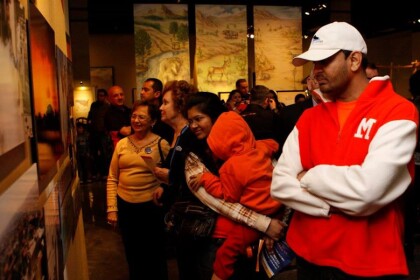
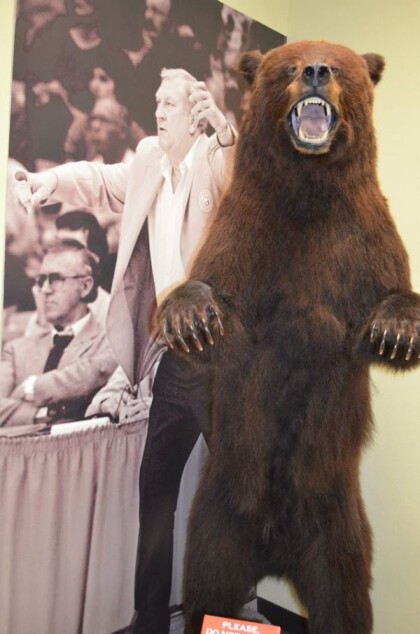
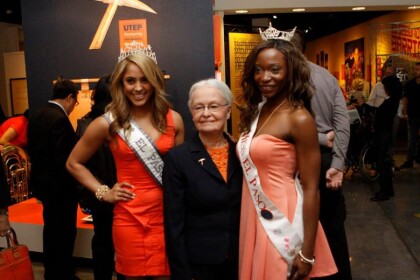
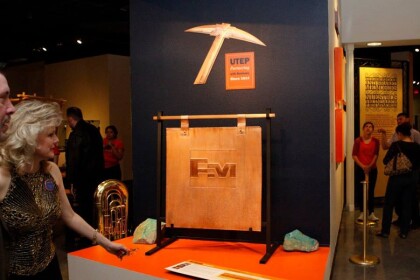
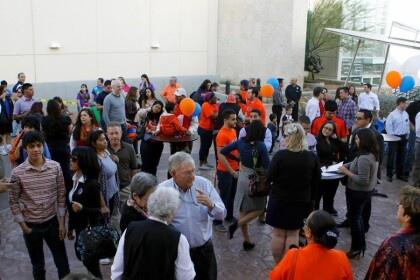
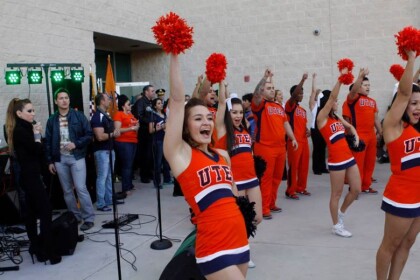
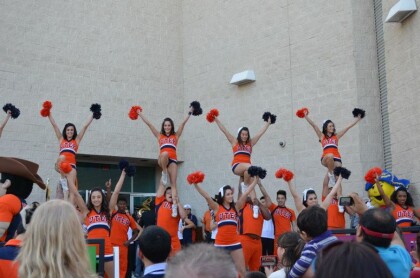

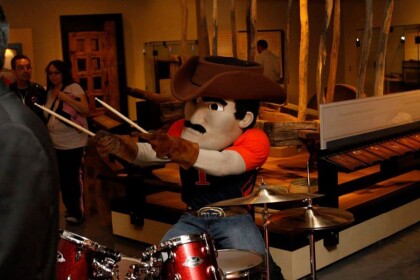
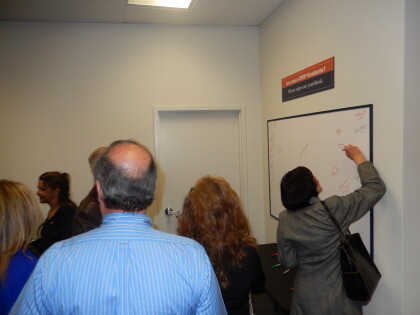
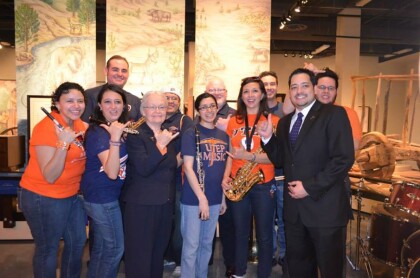
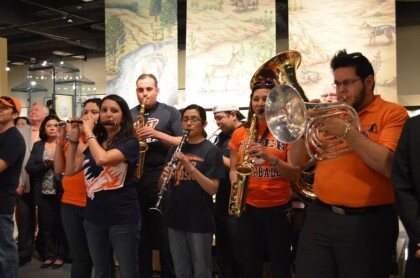
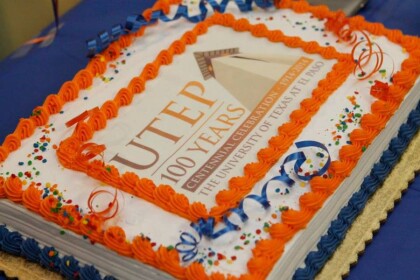
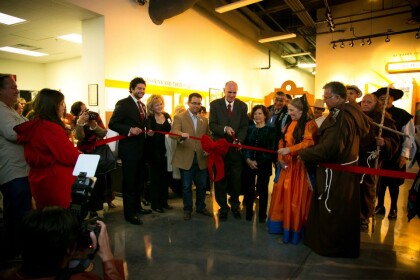
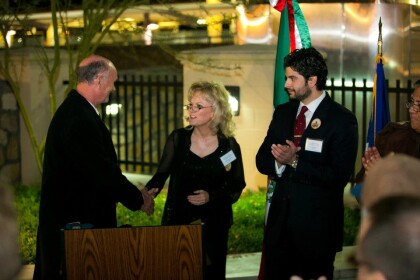
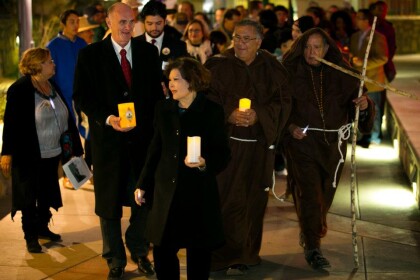
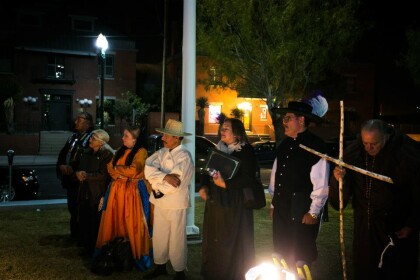
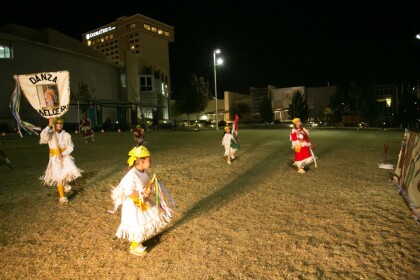
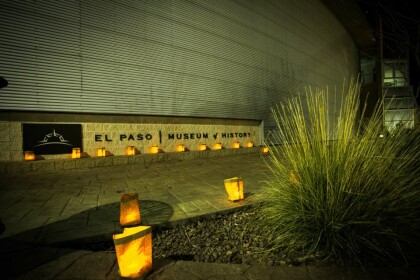
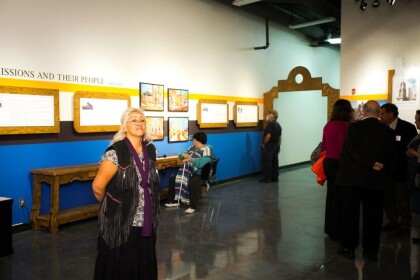
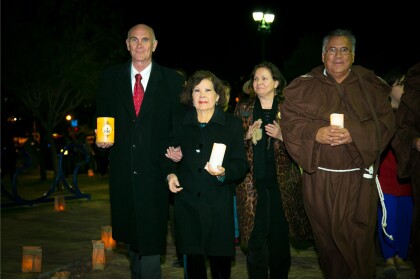
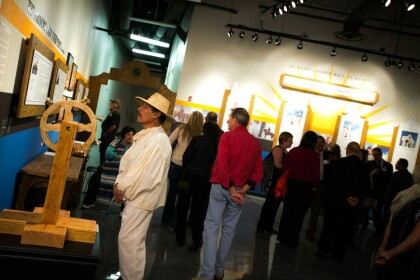
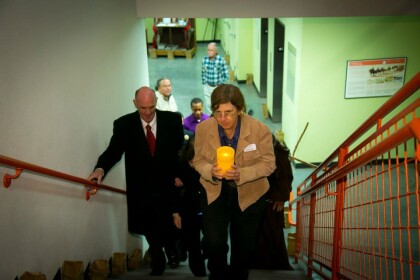
Comments
Add a comment